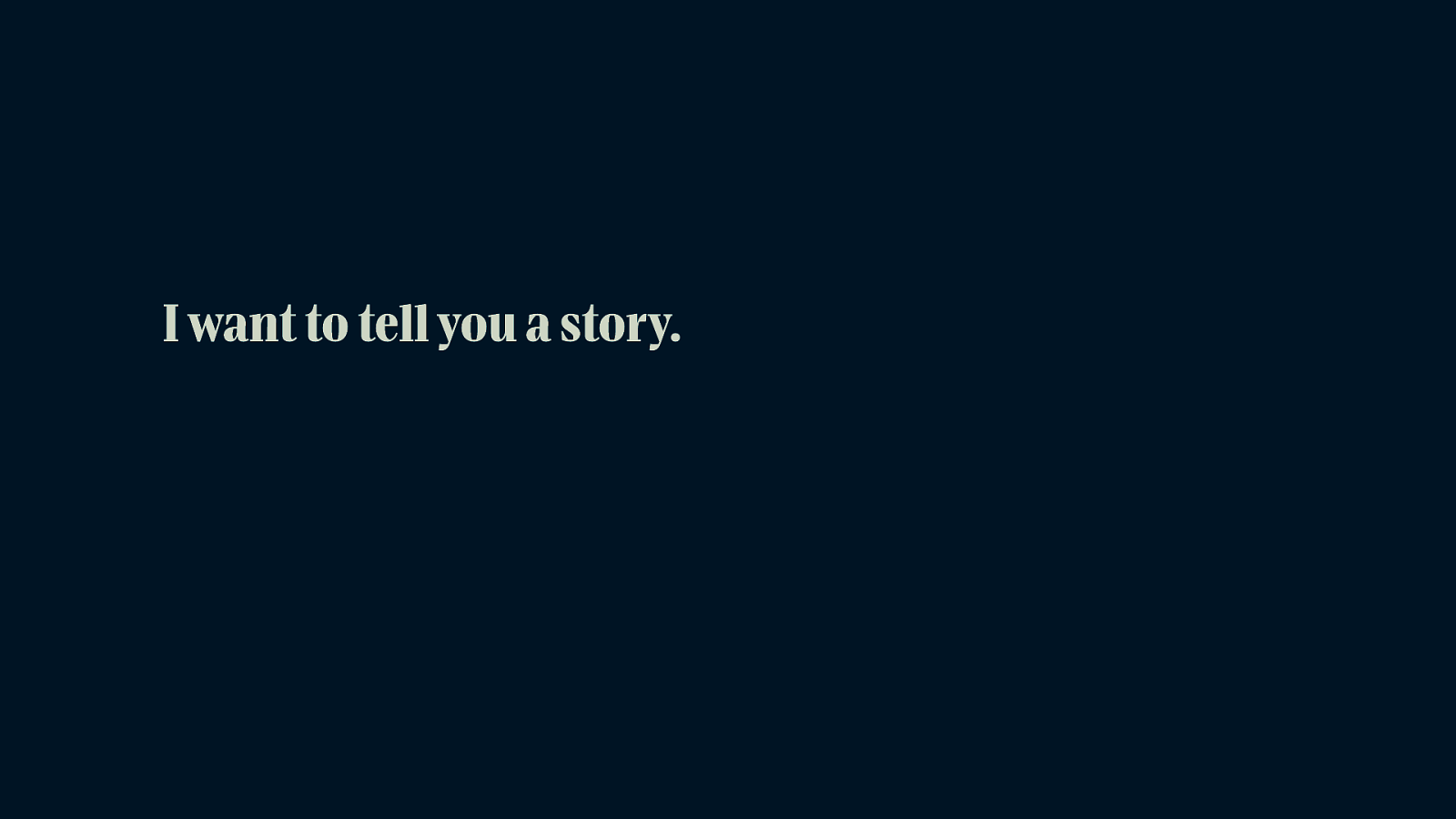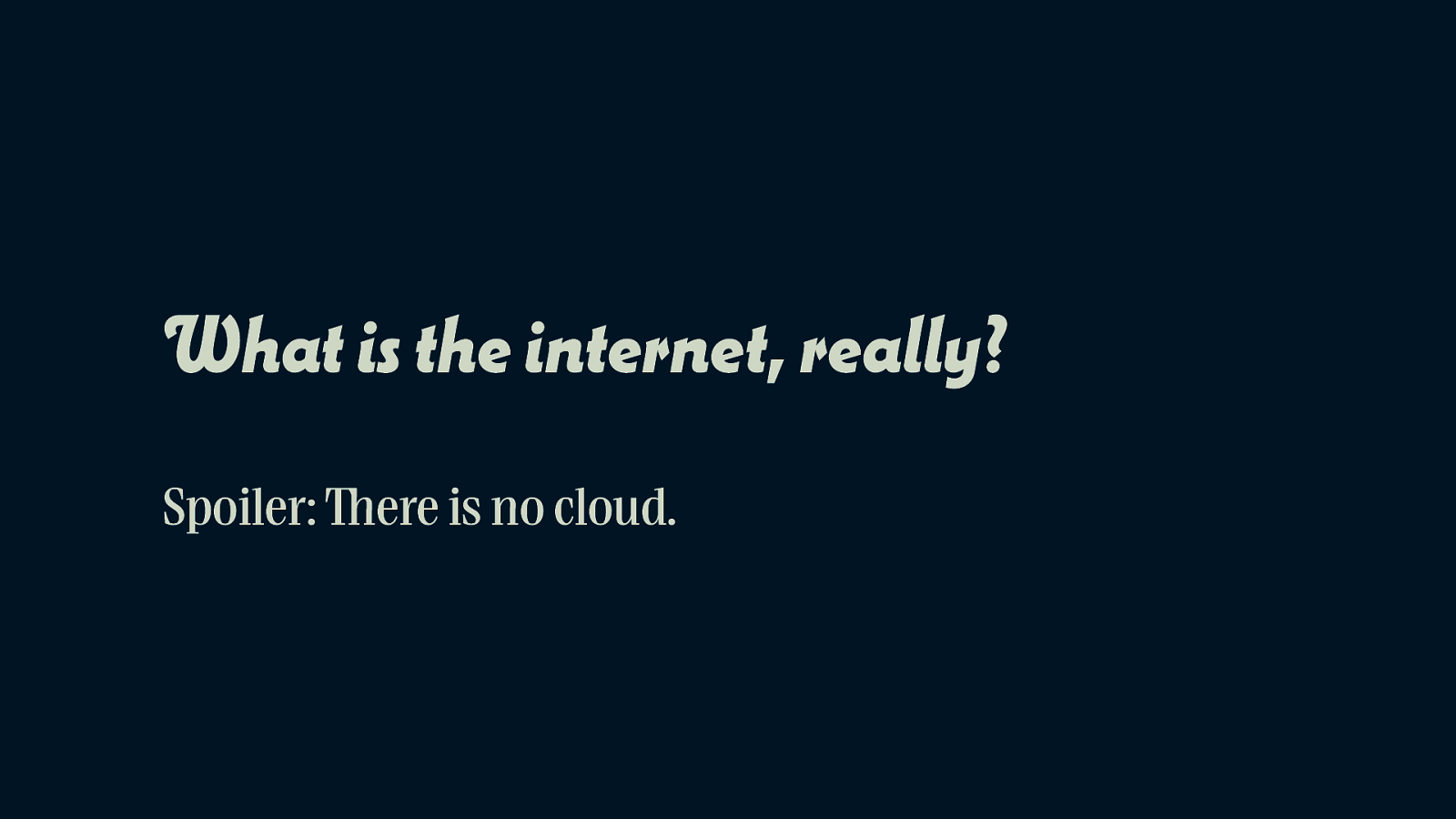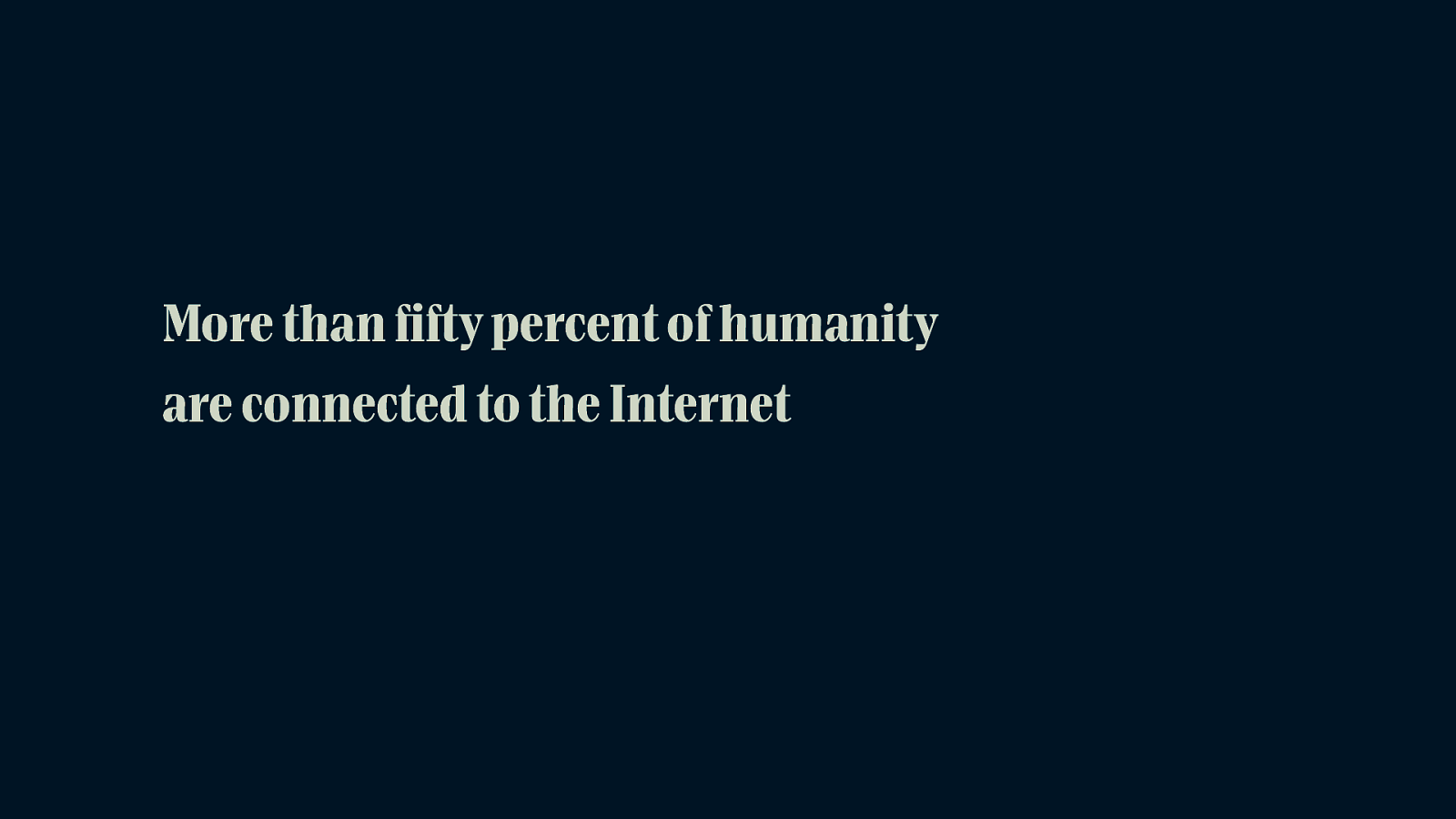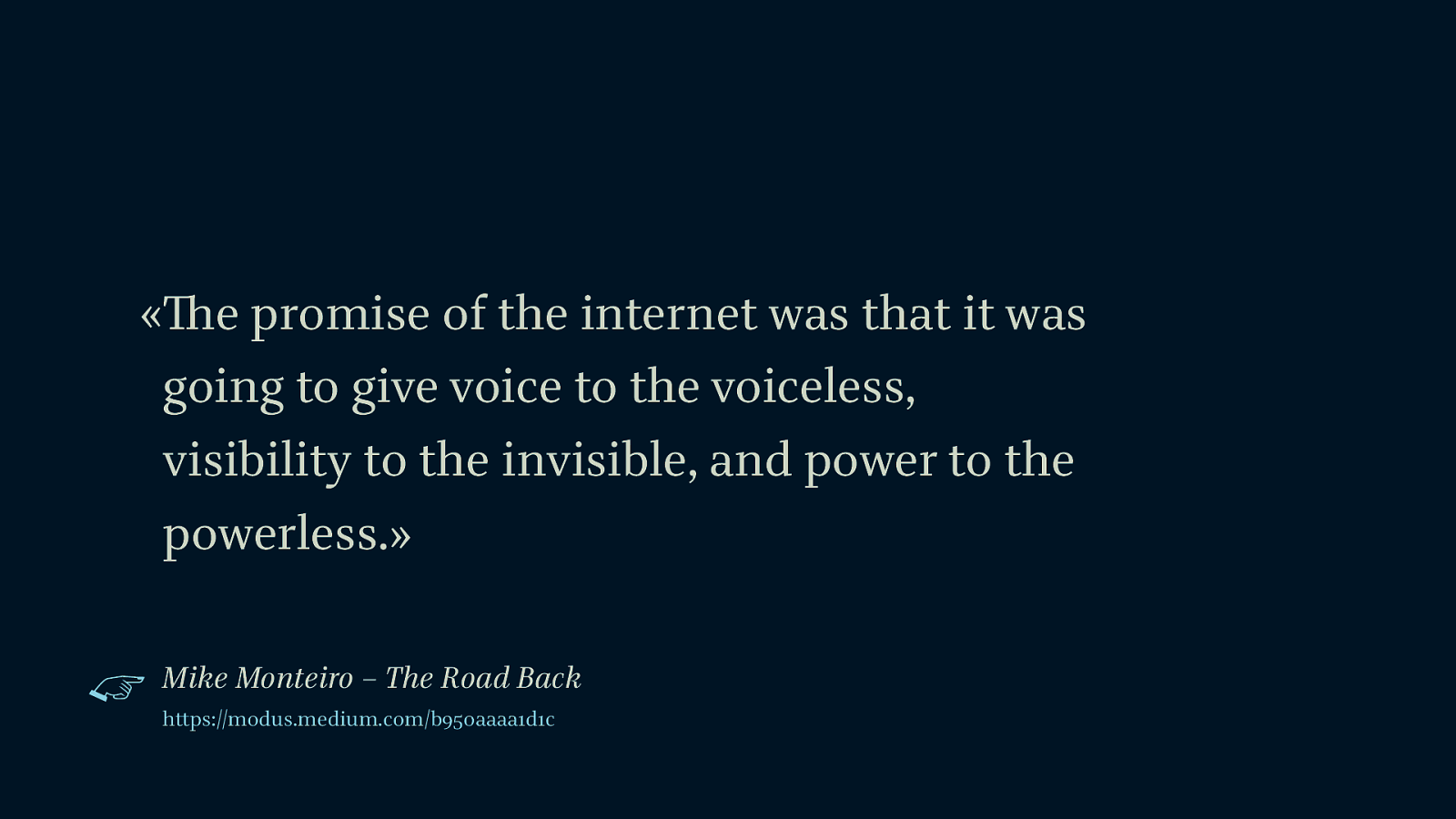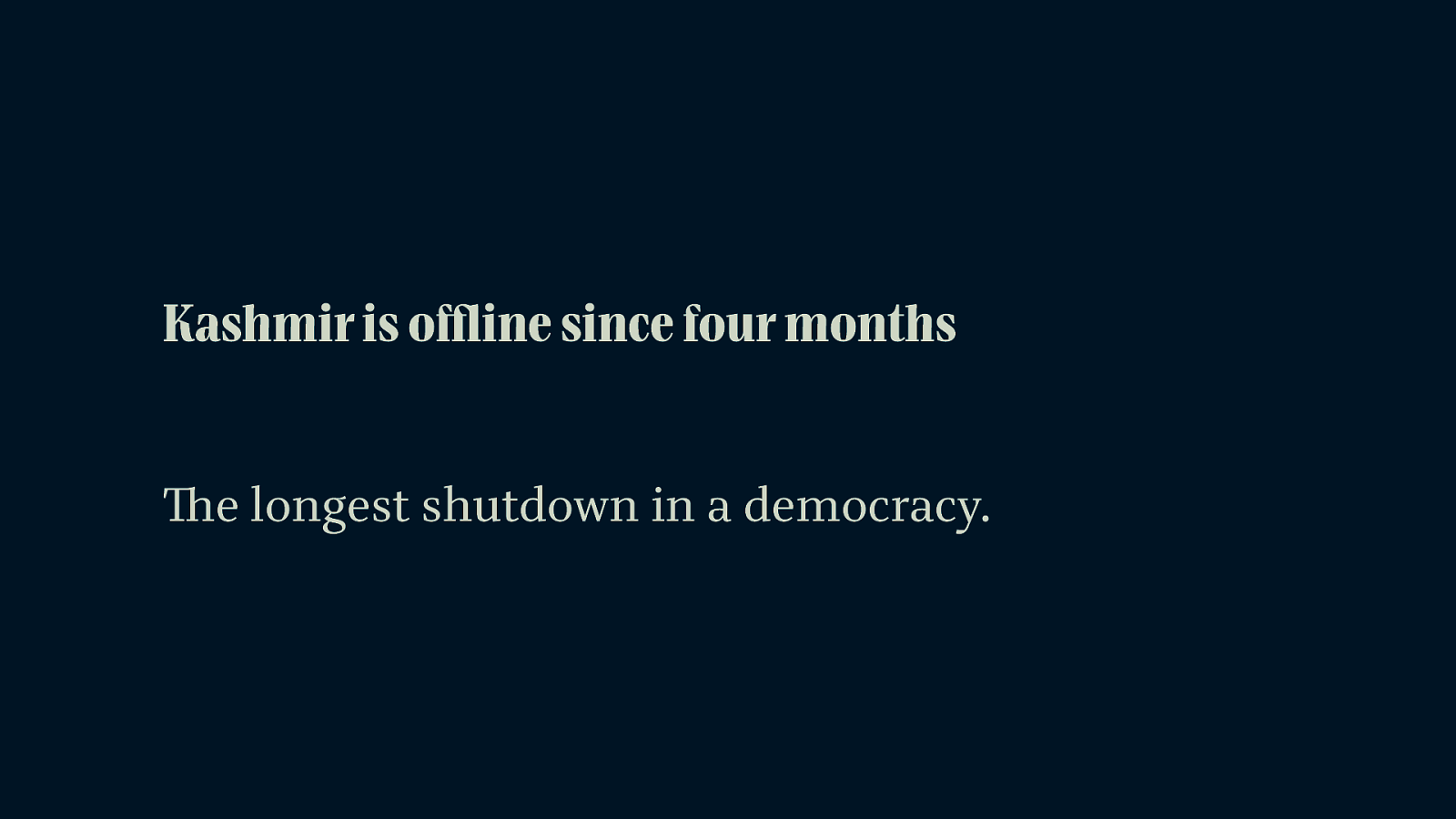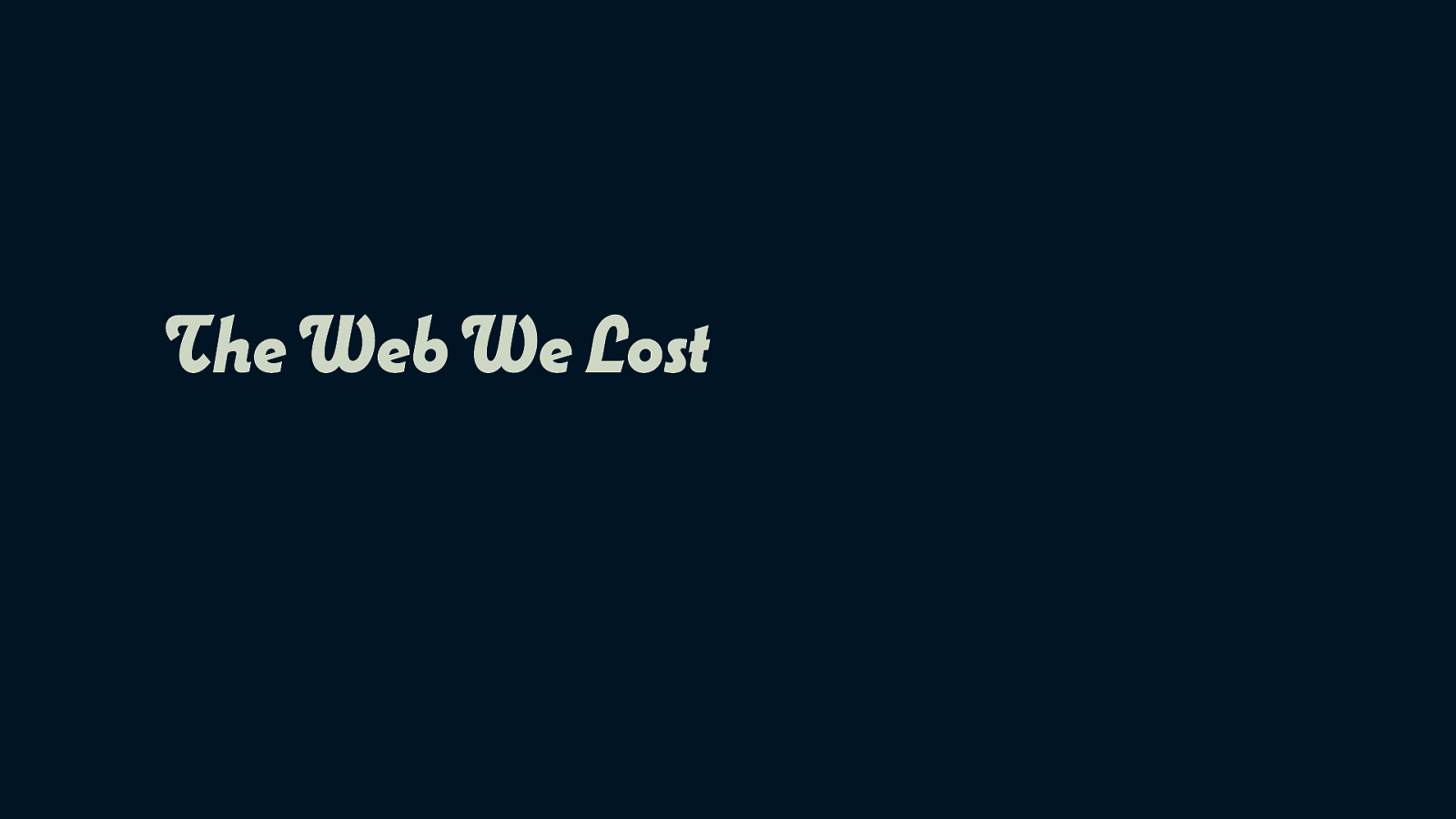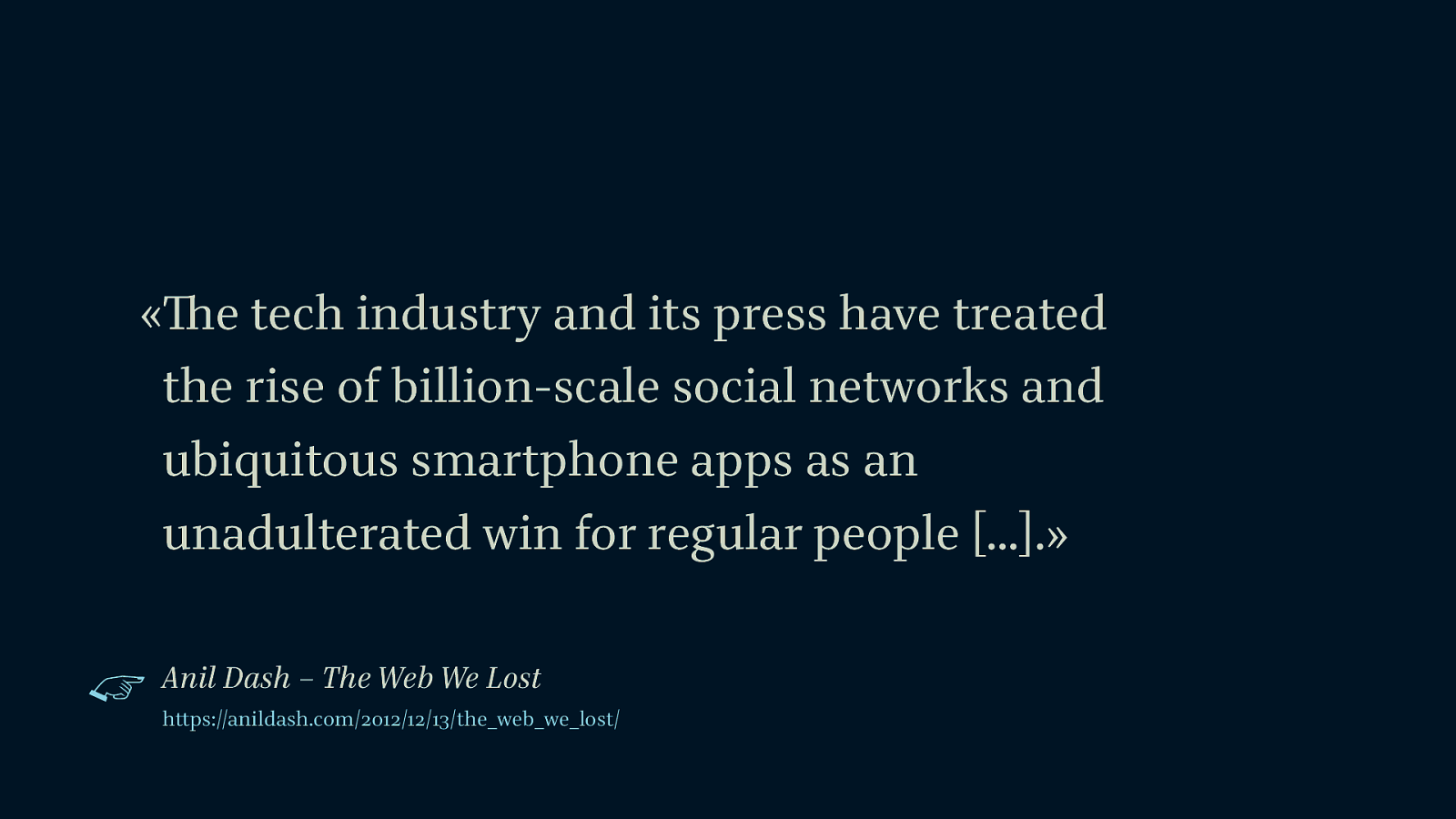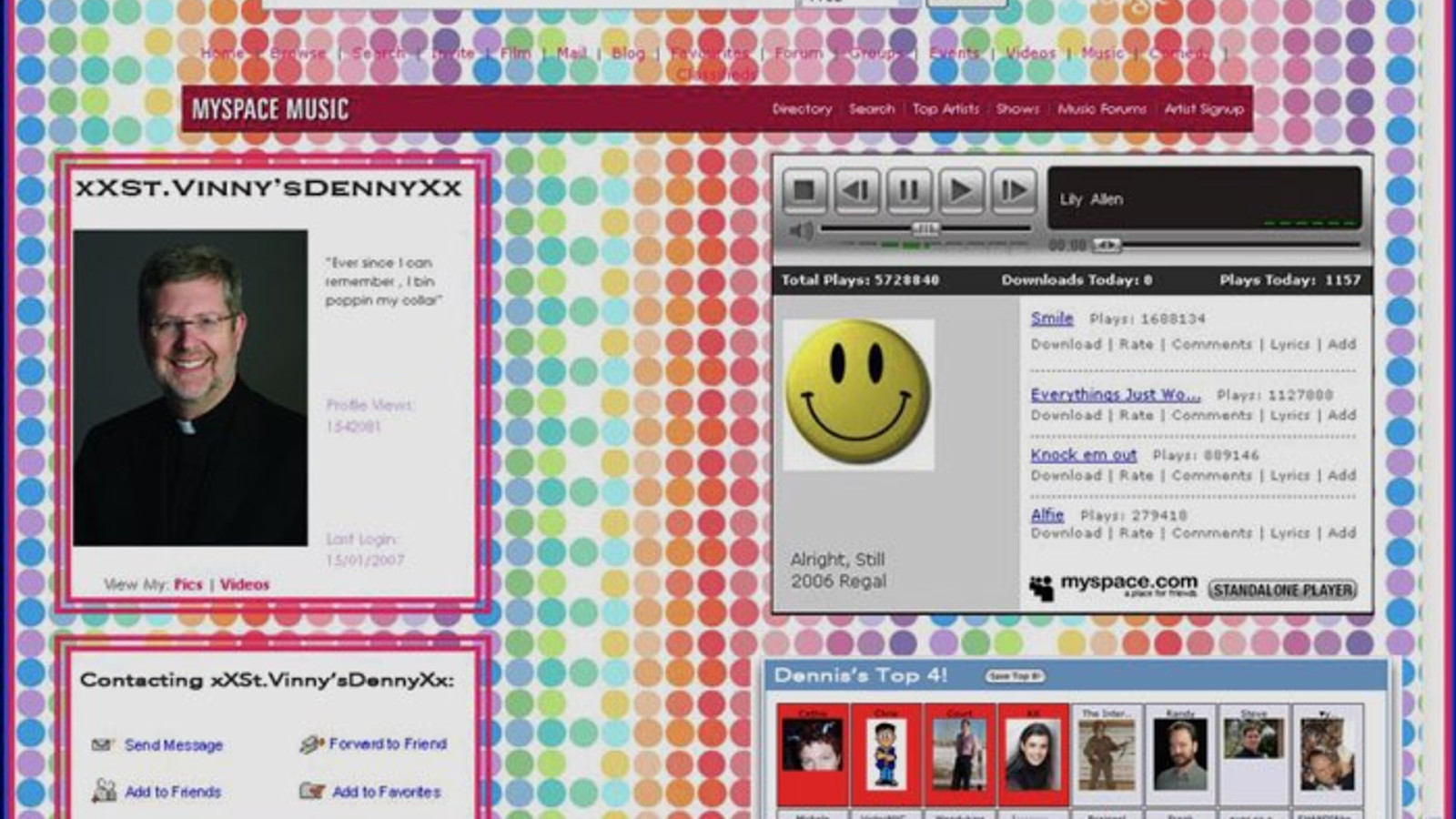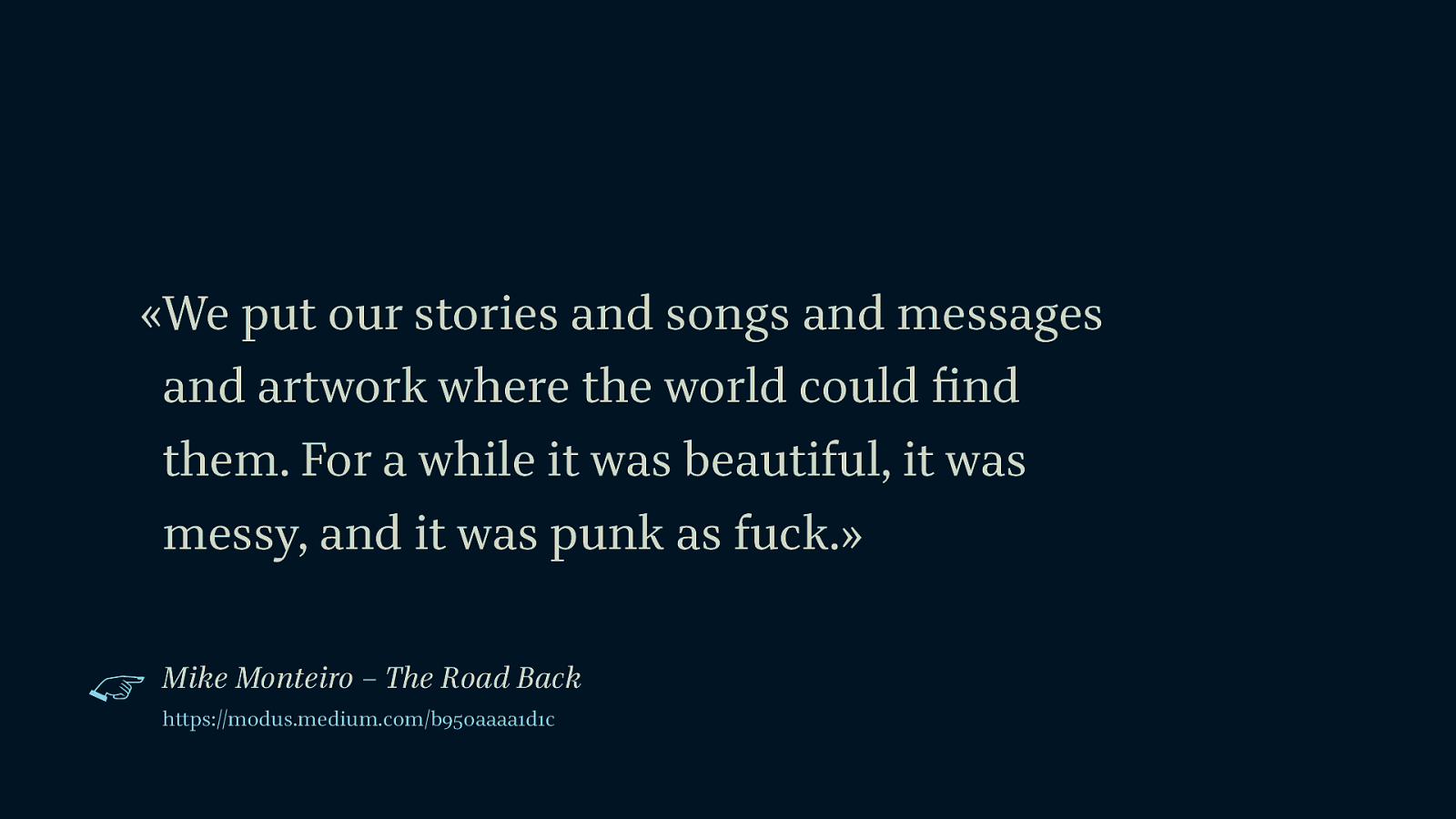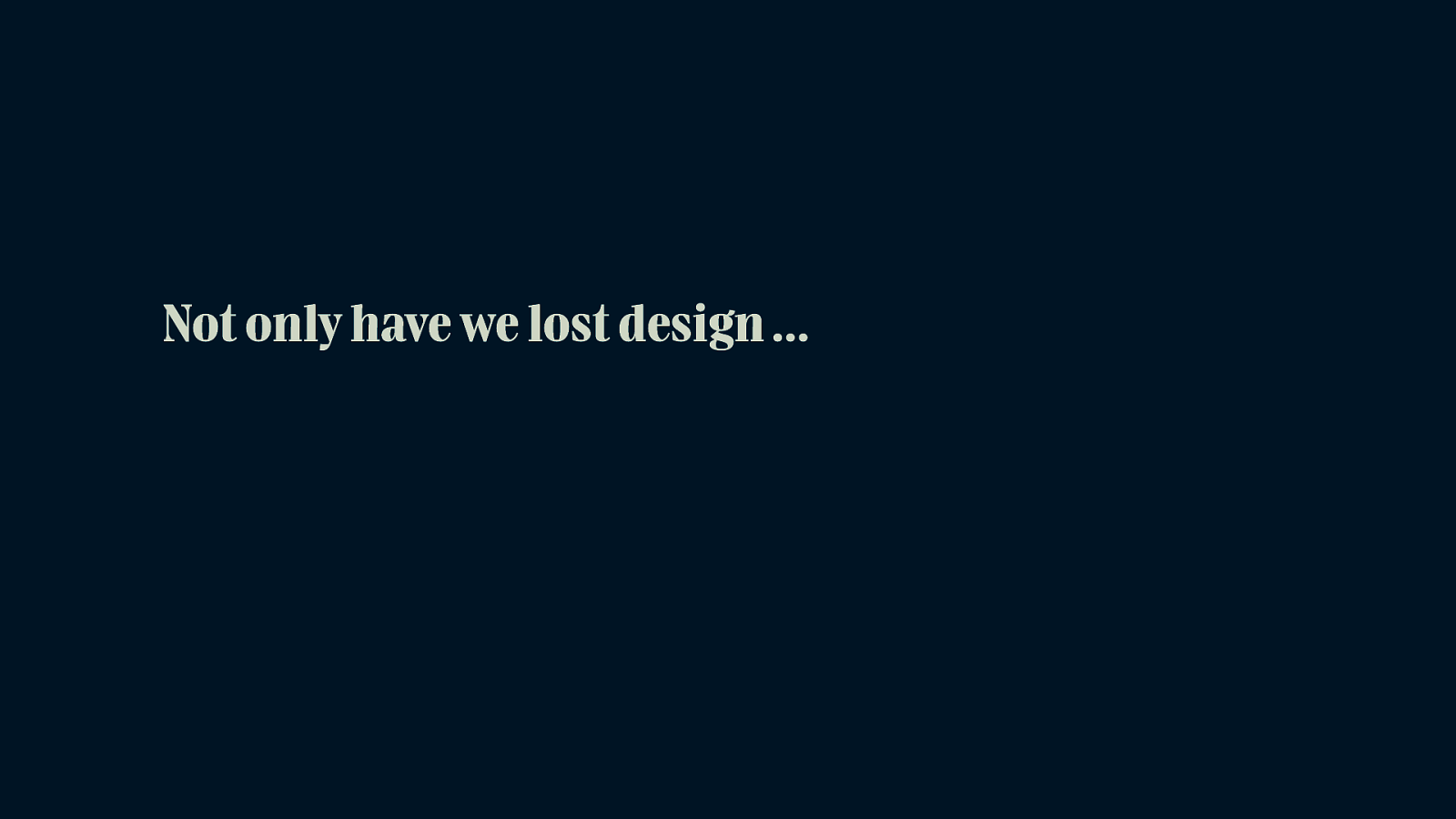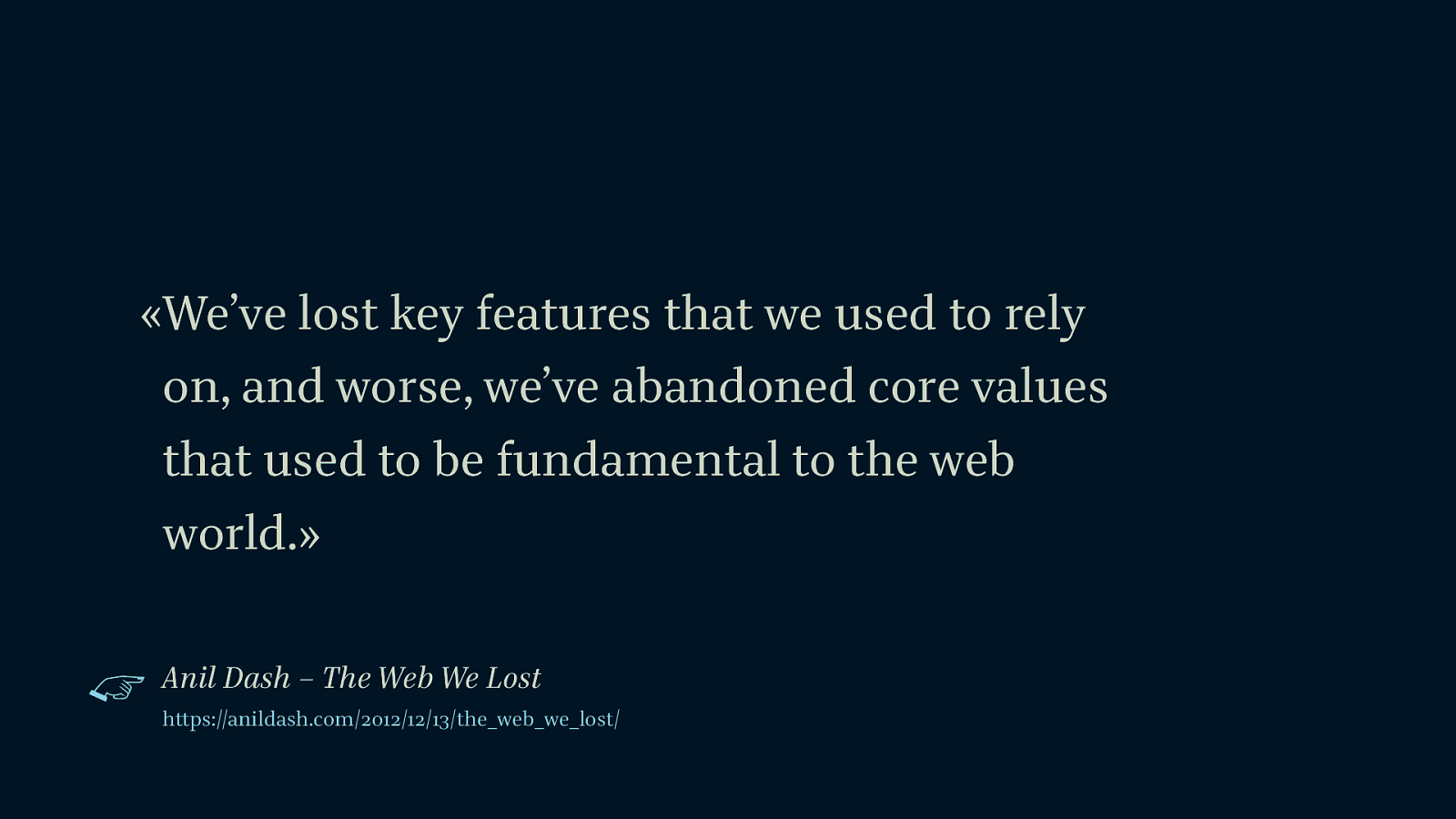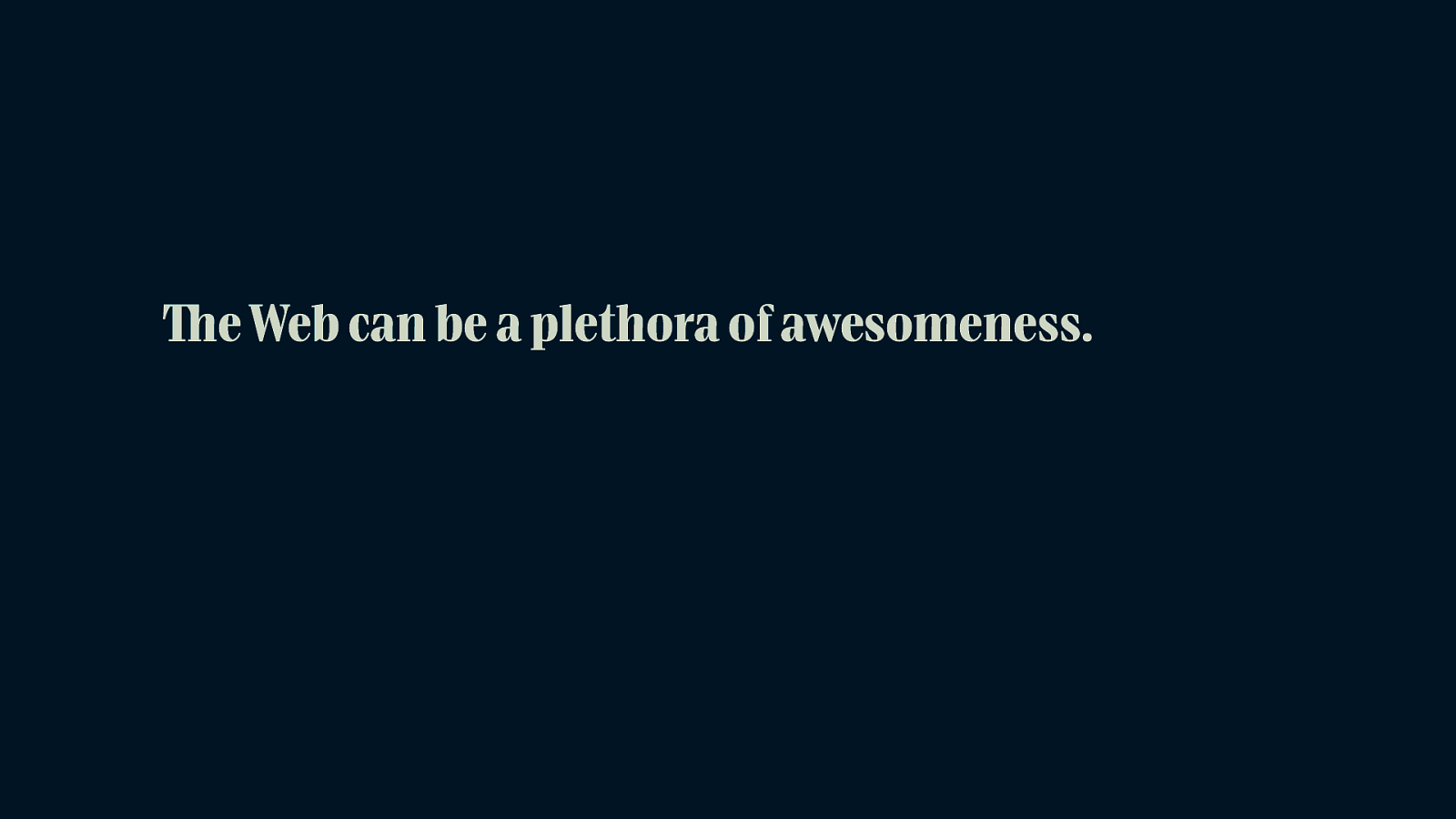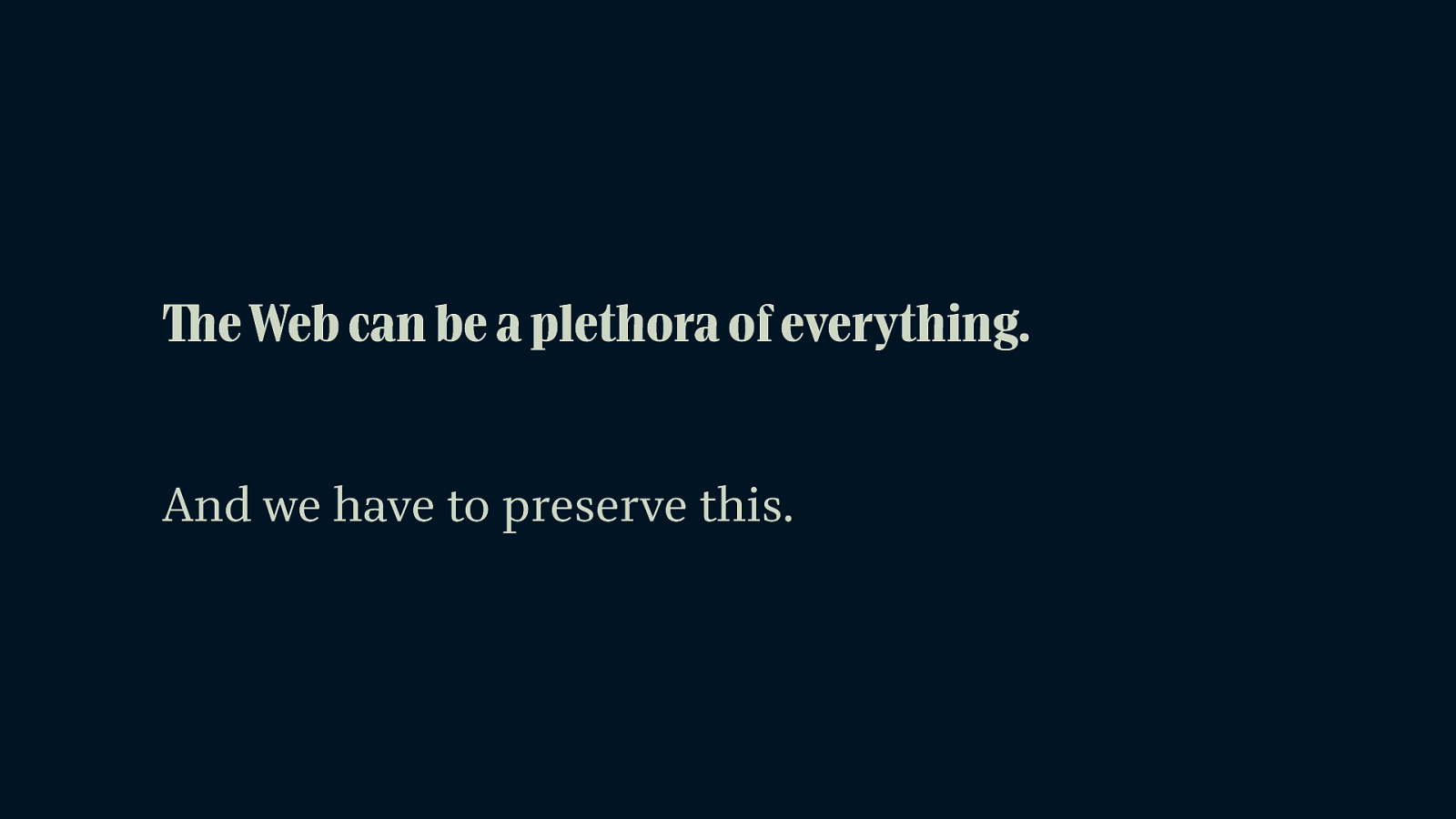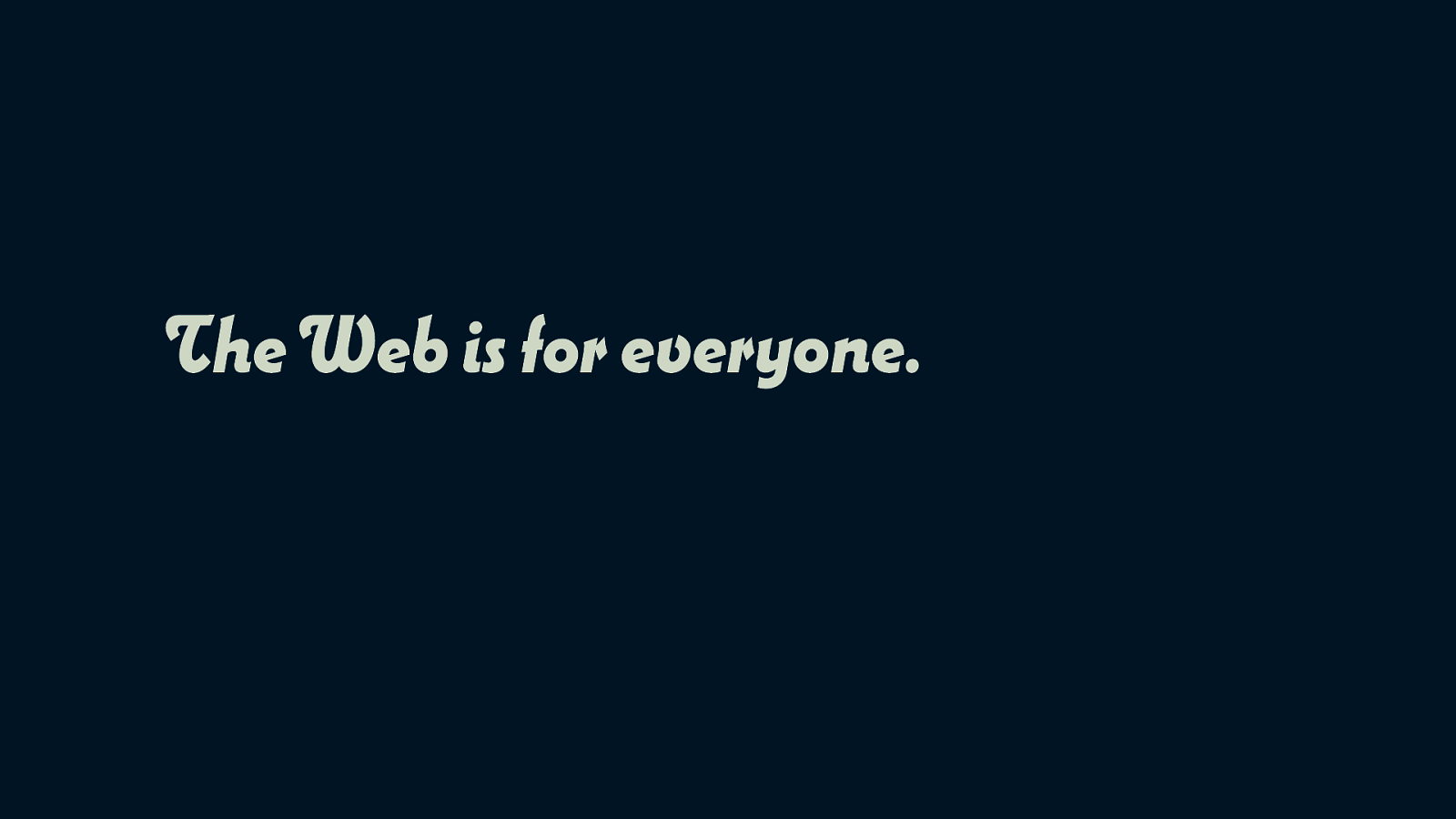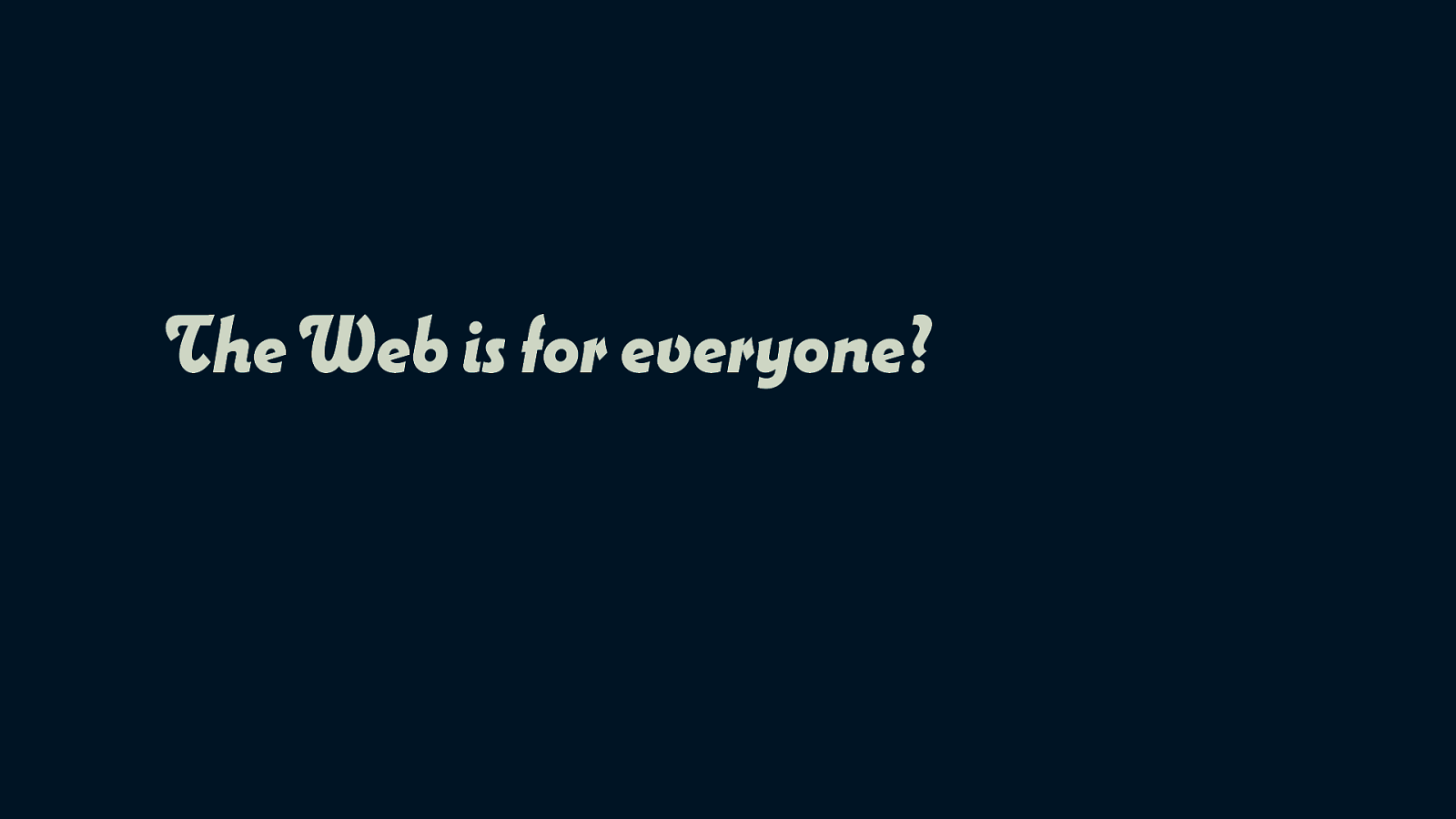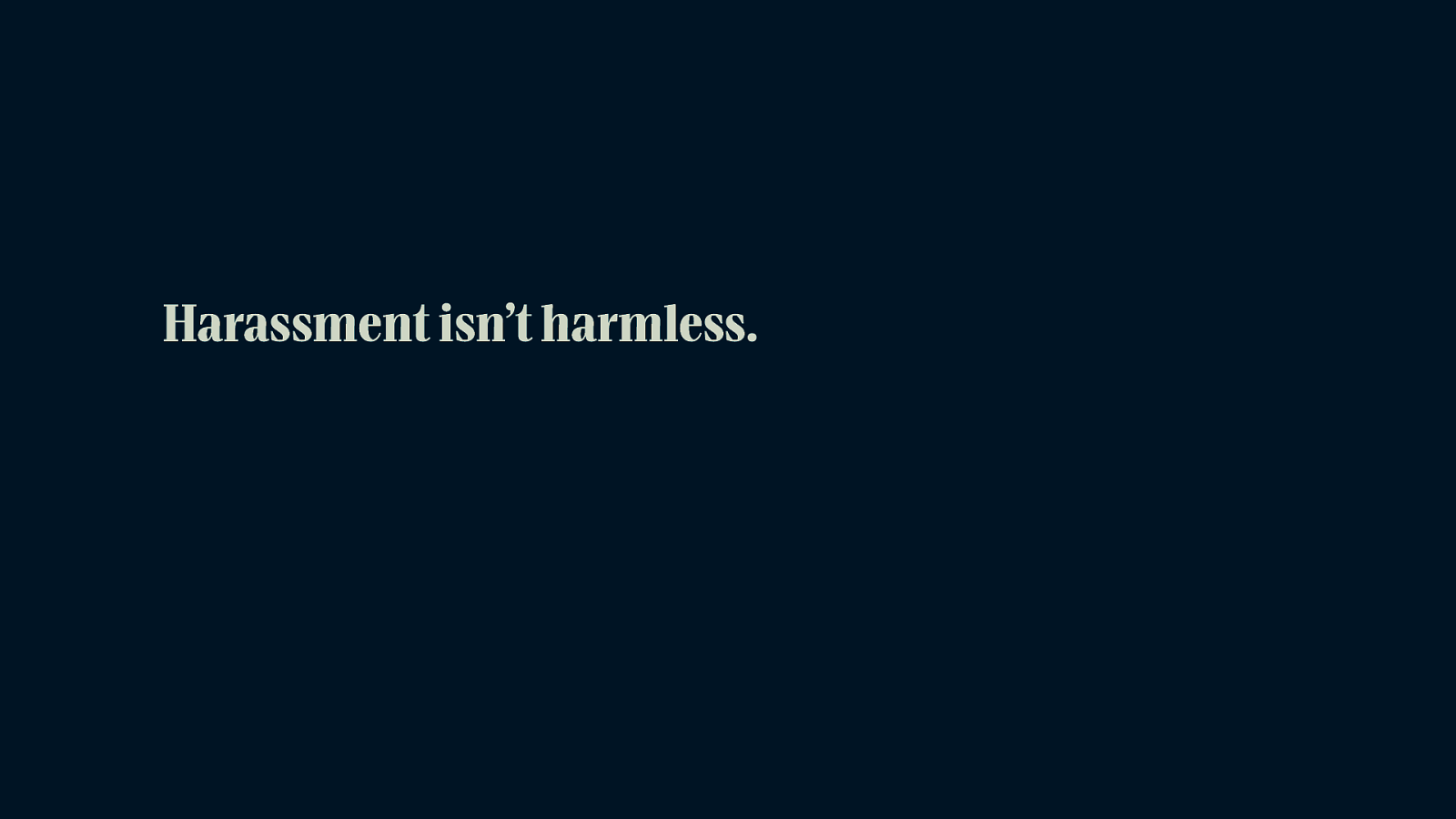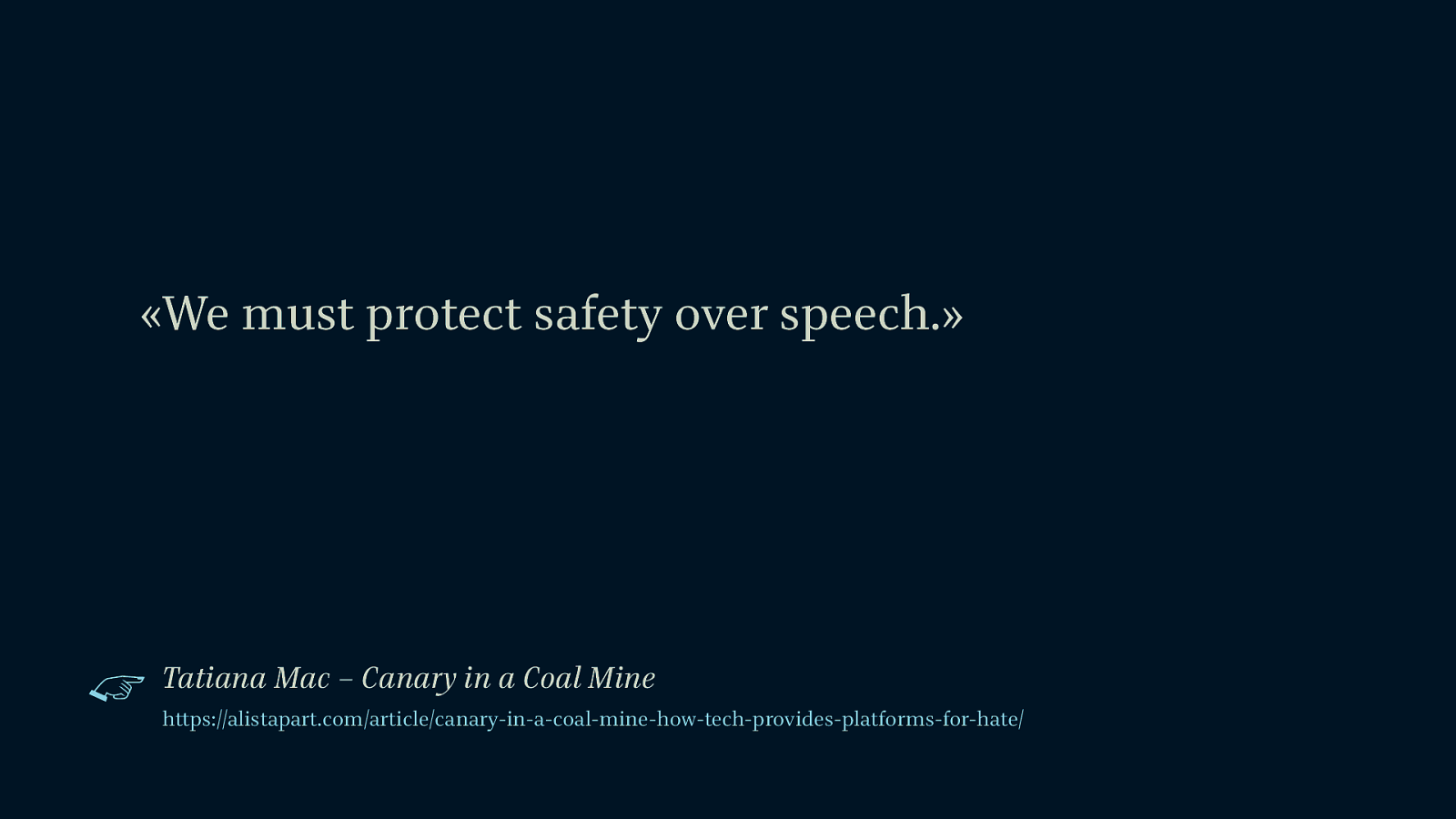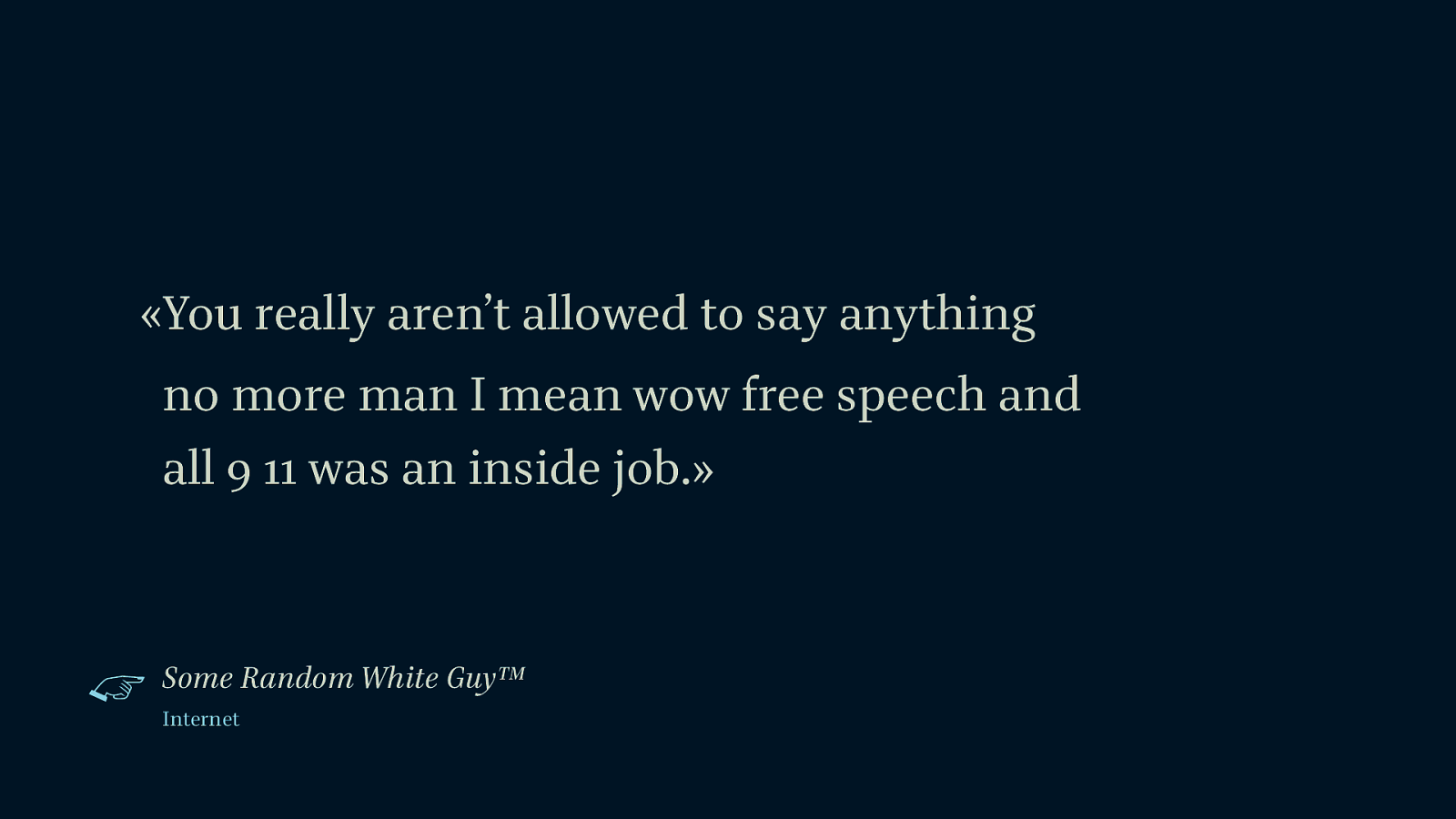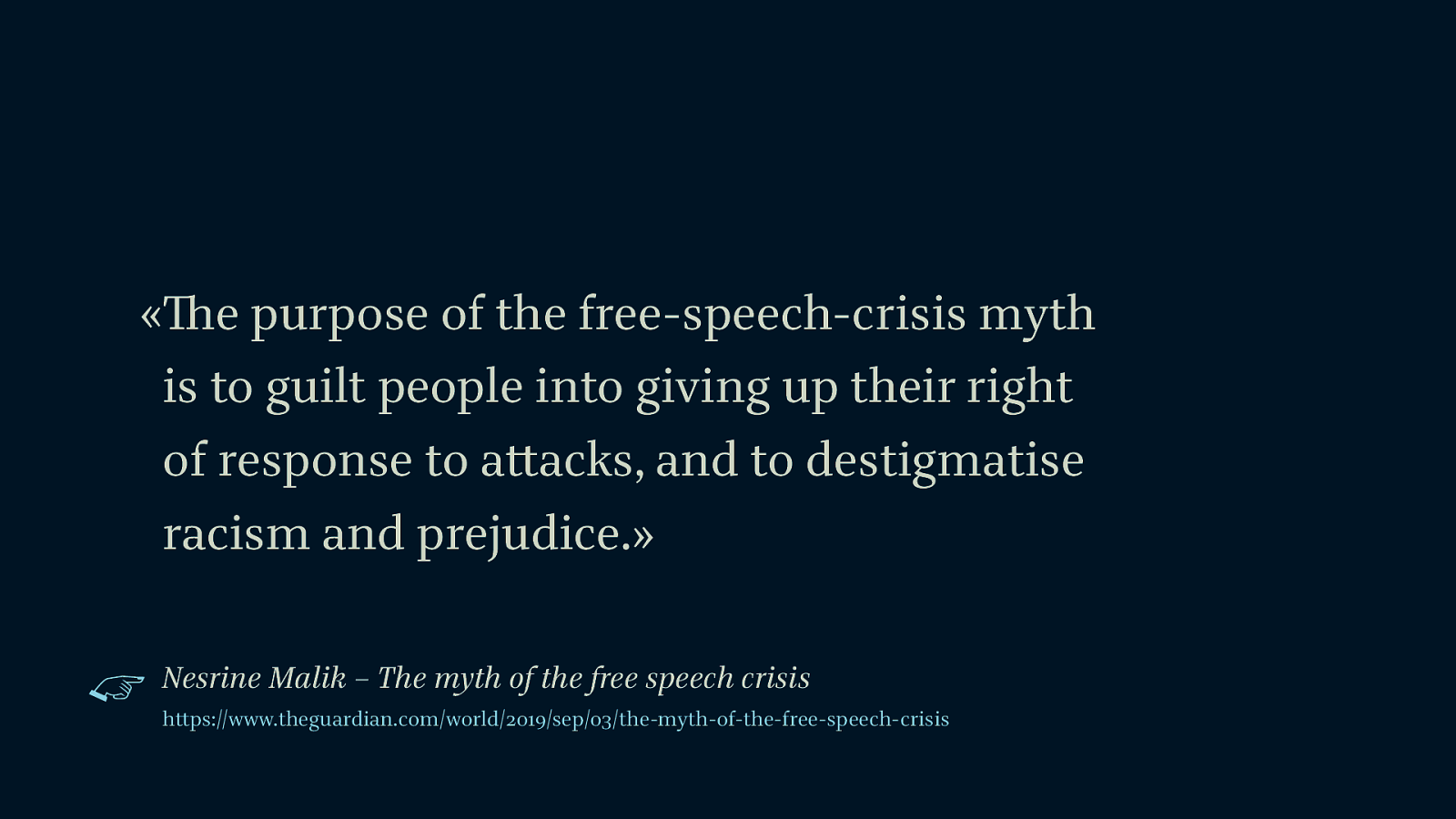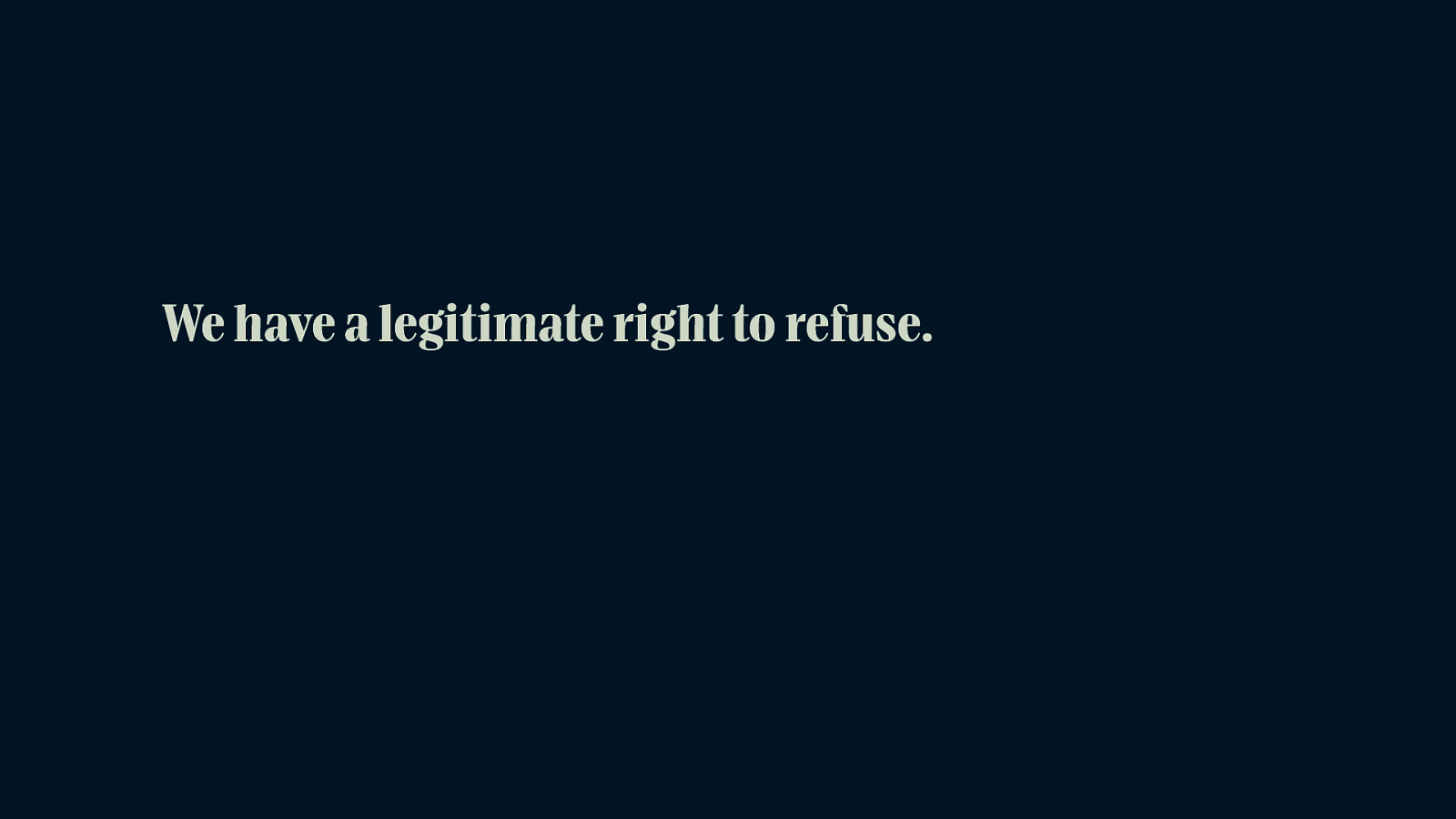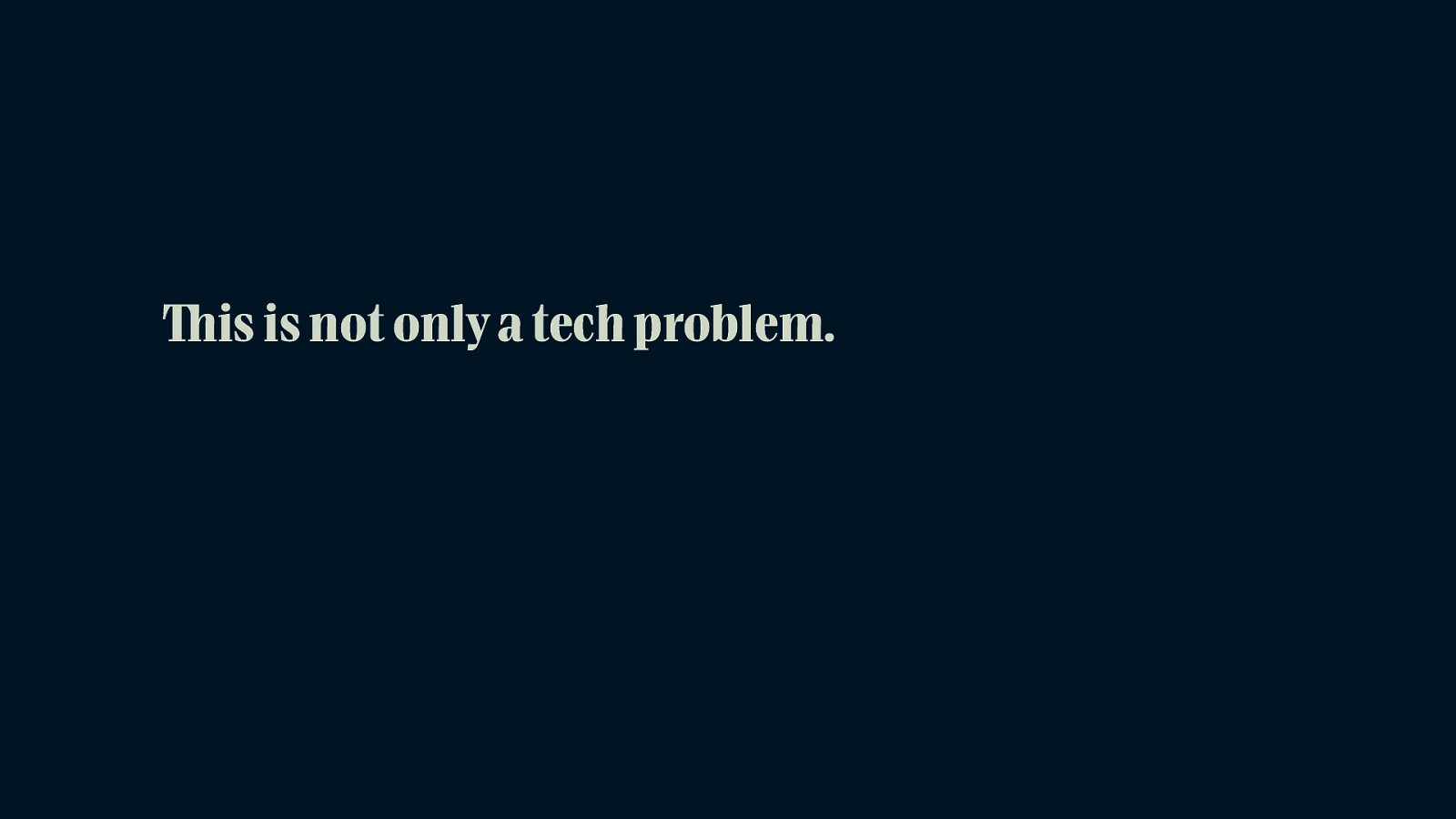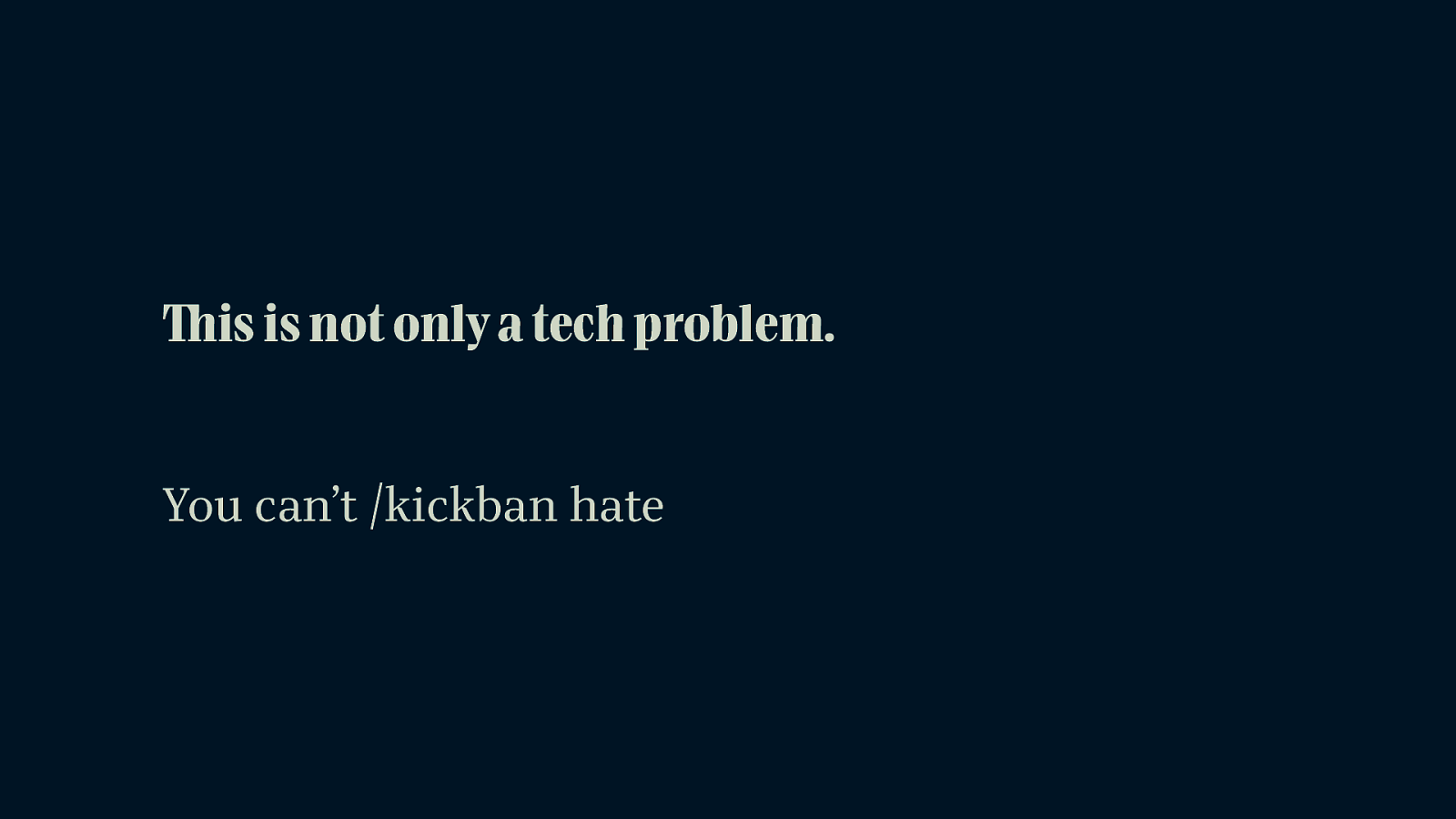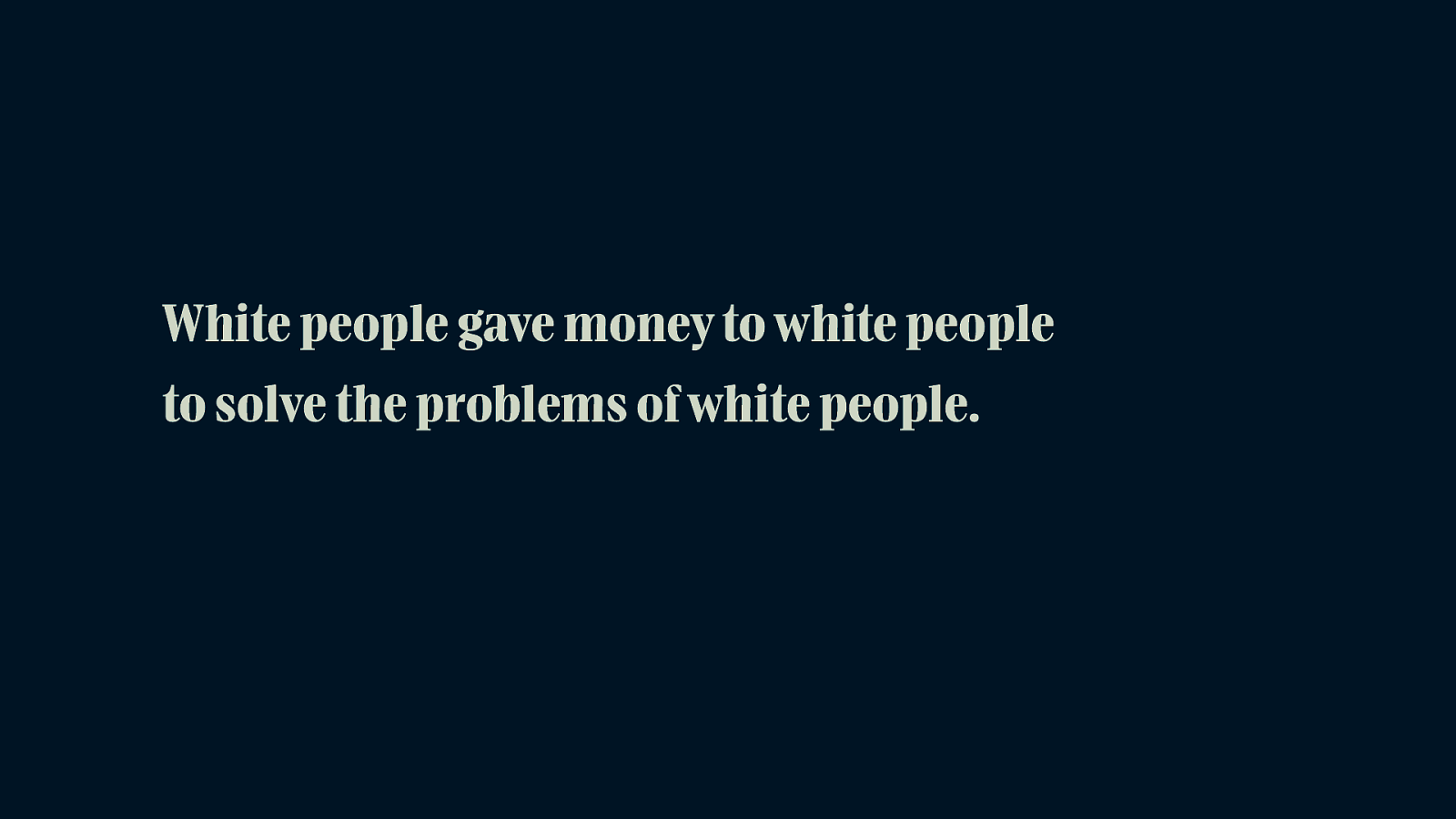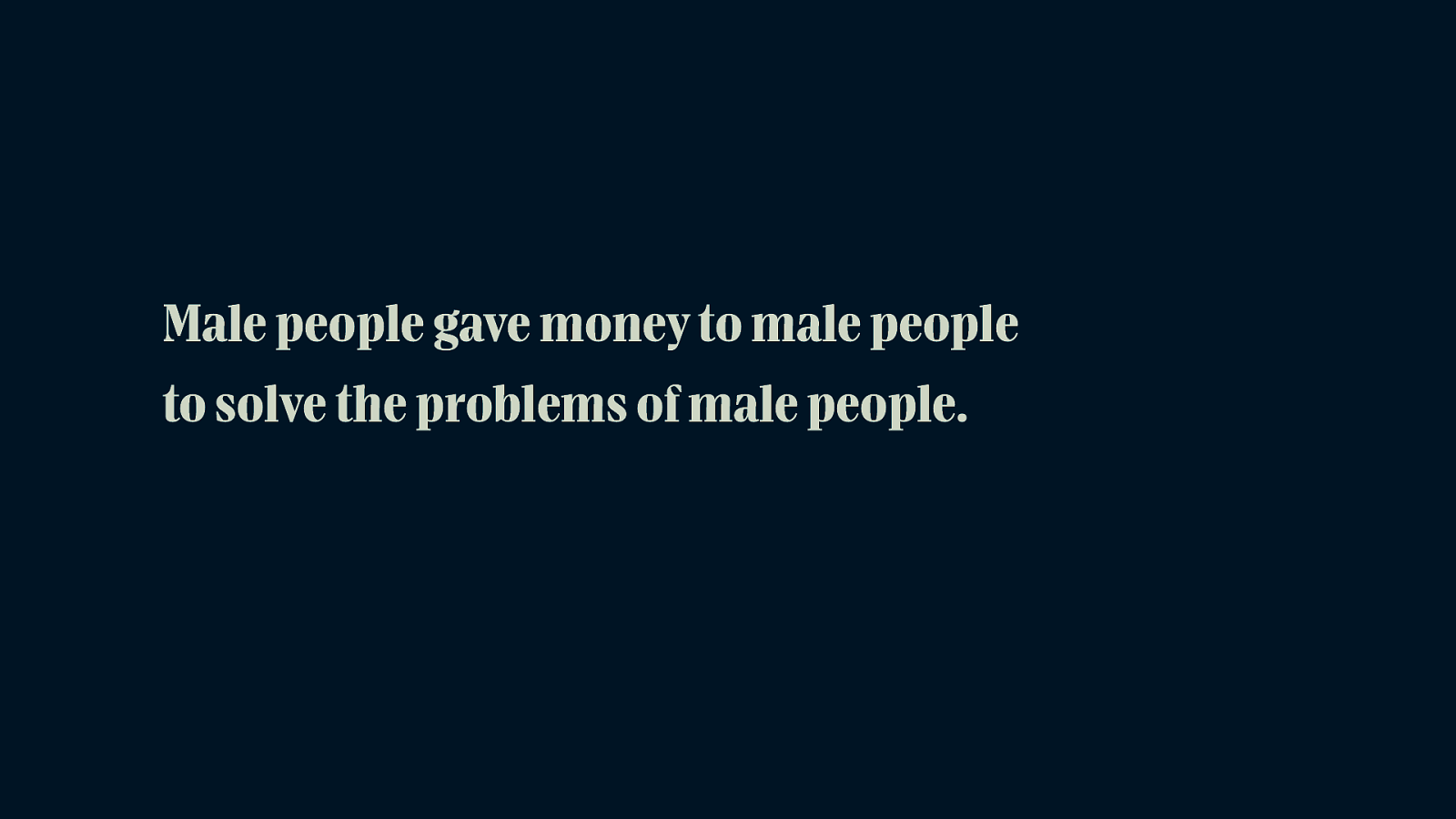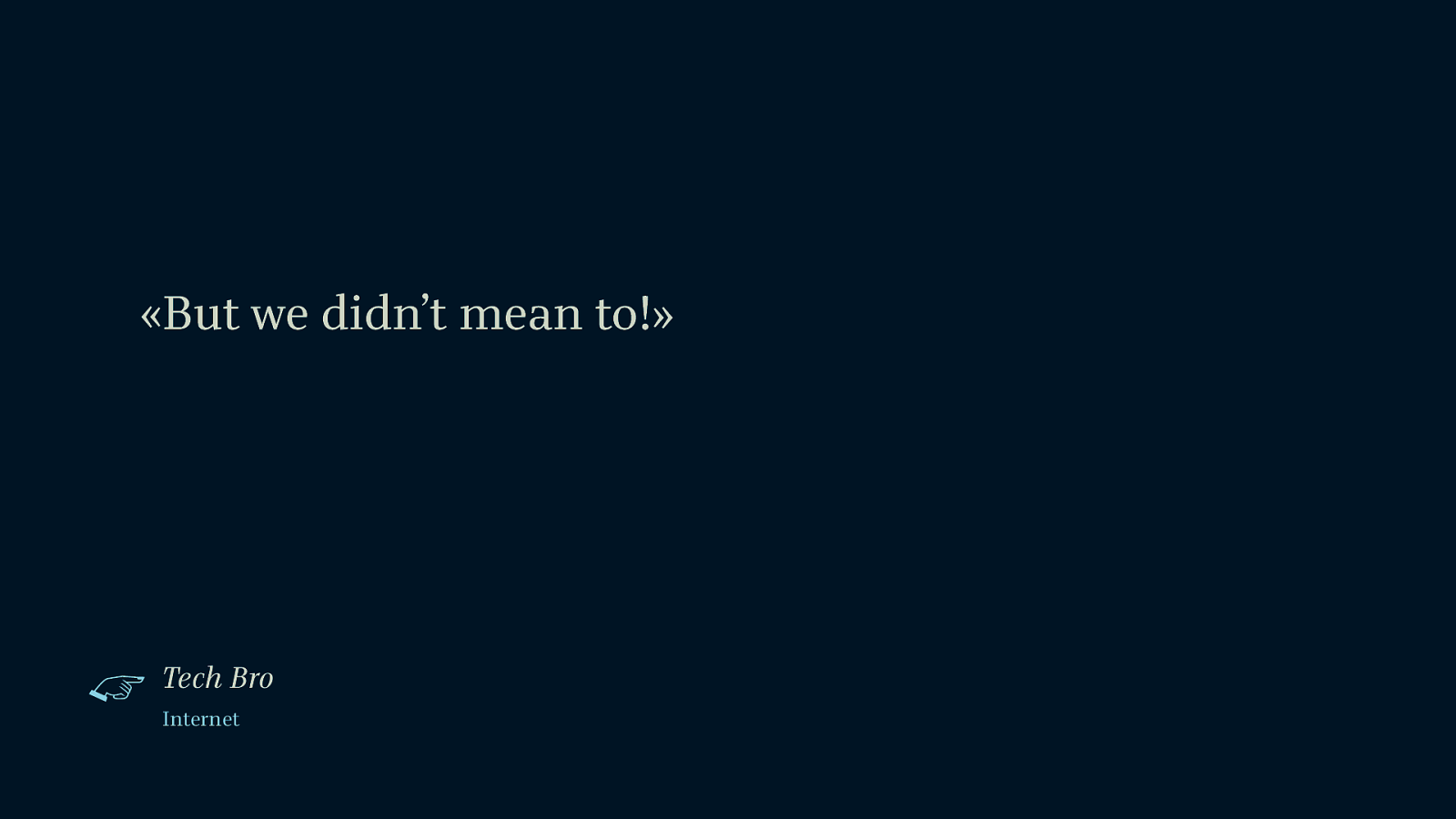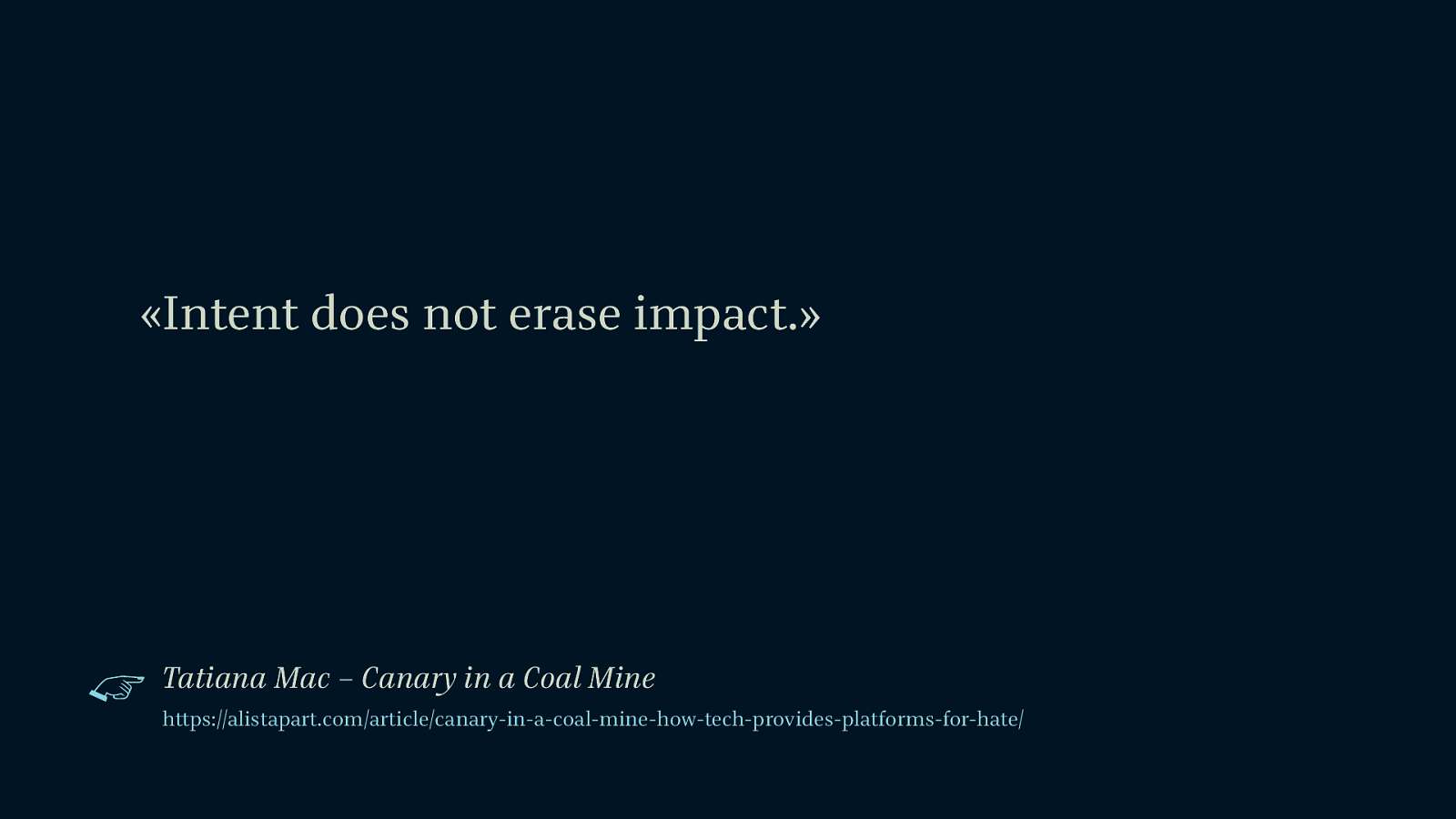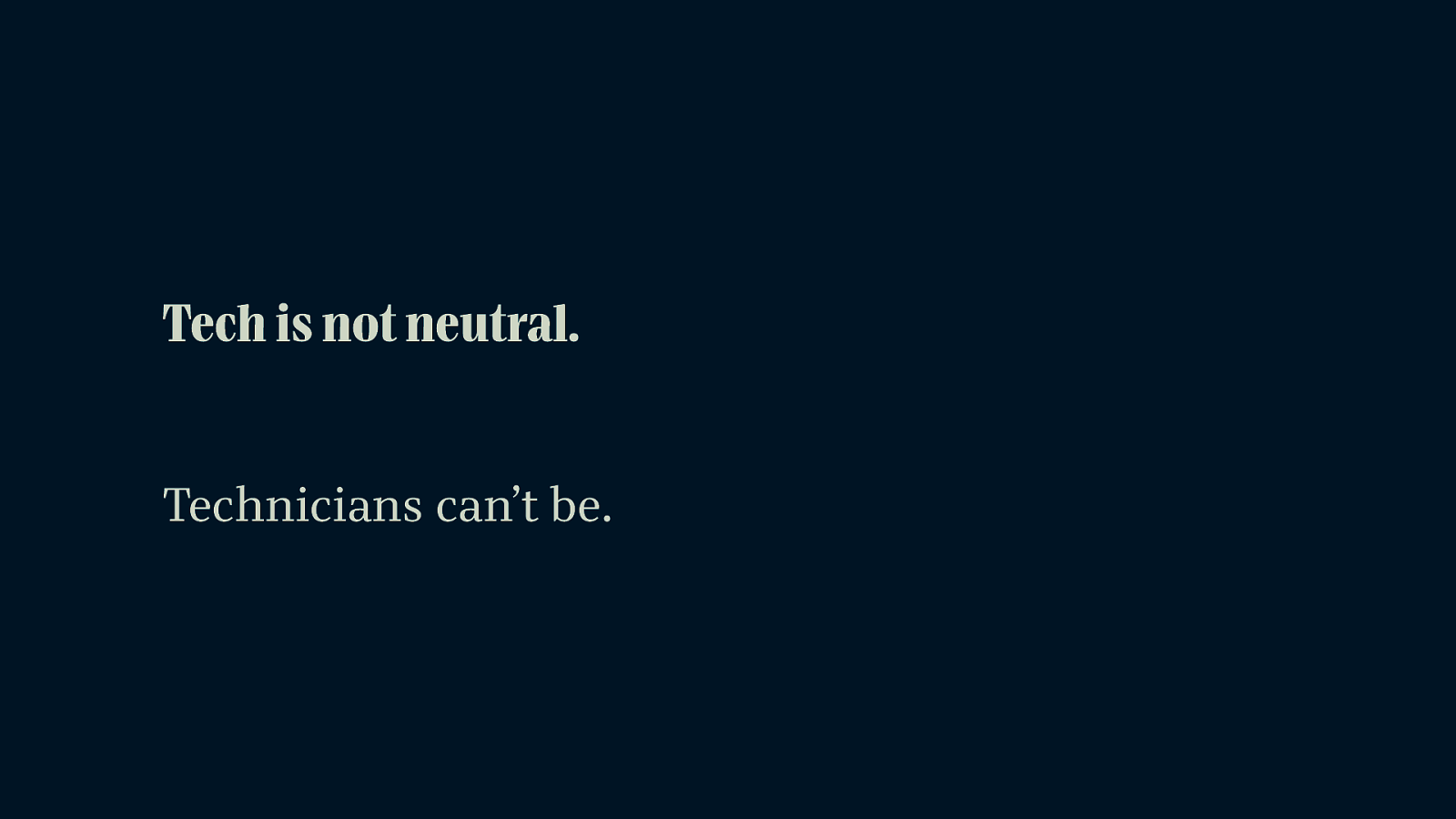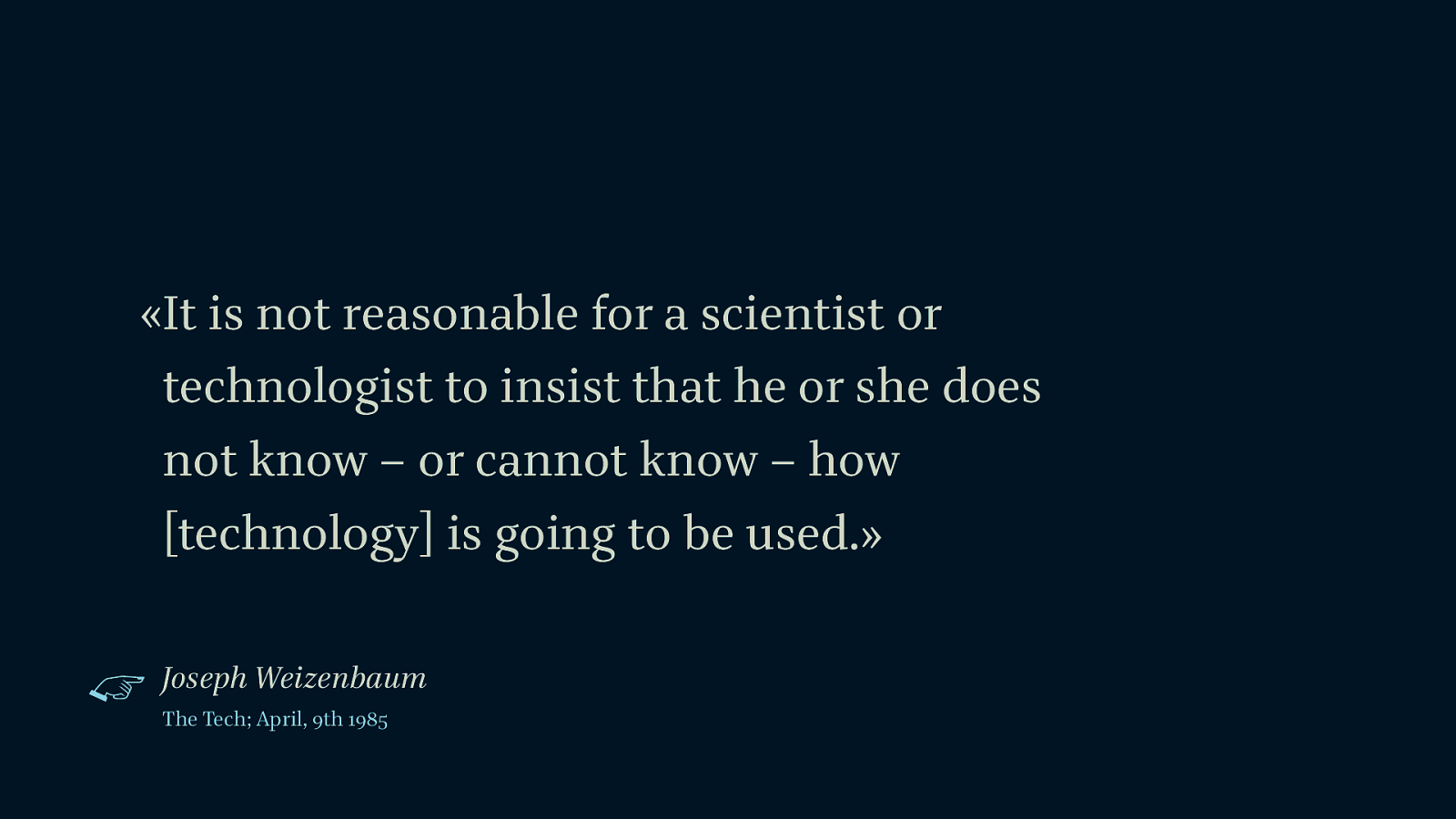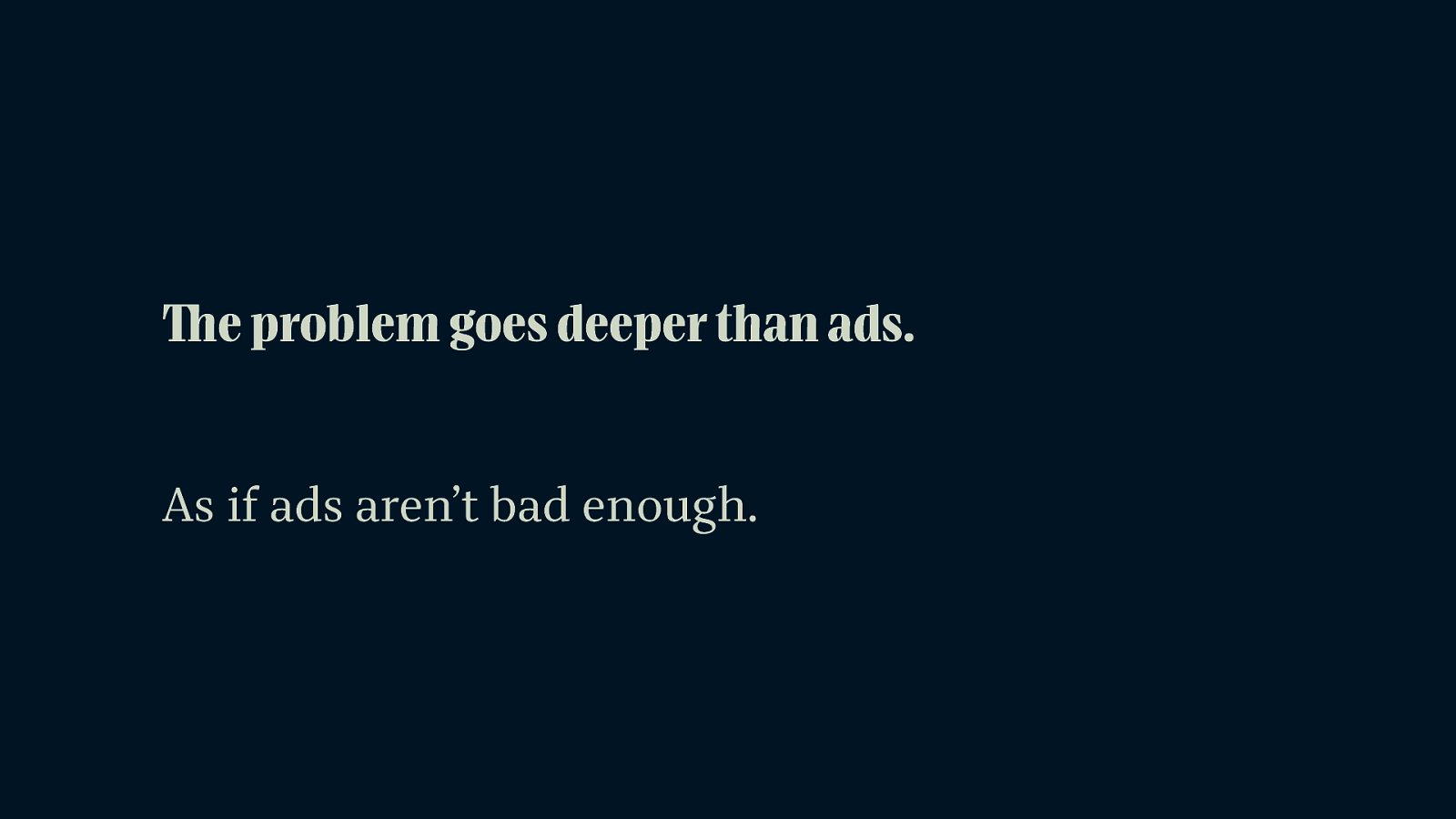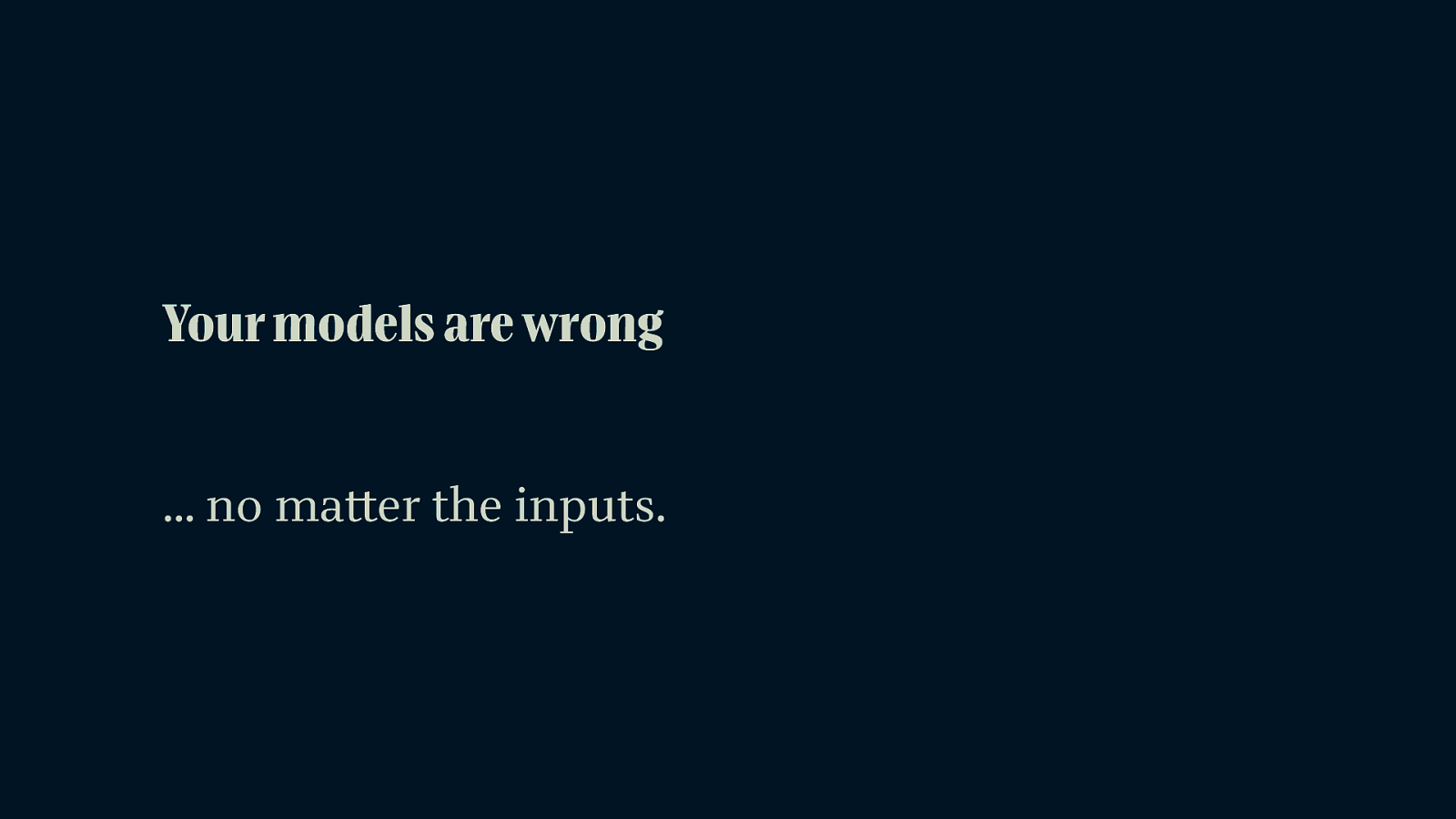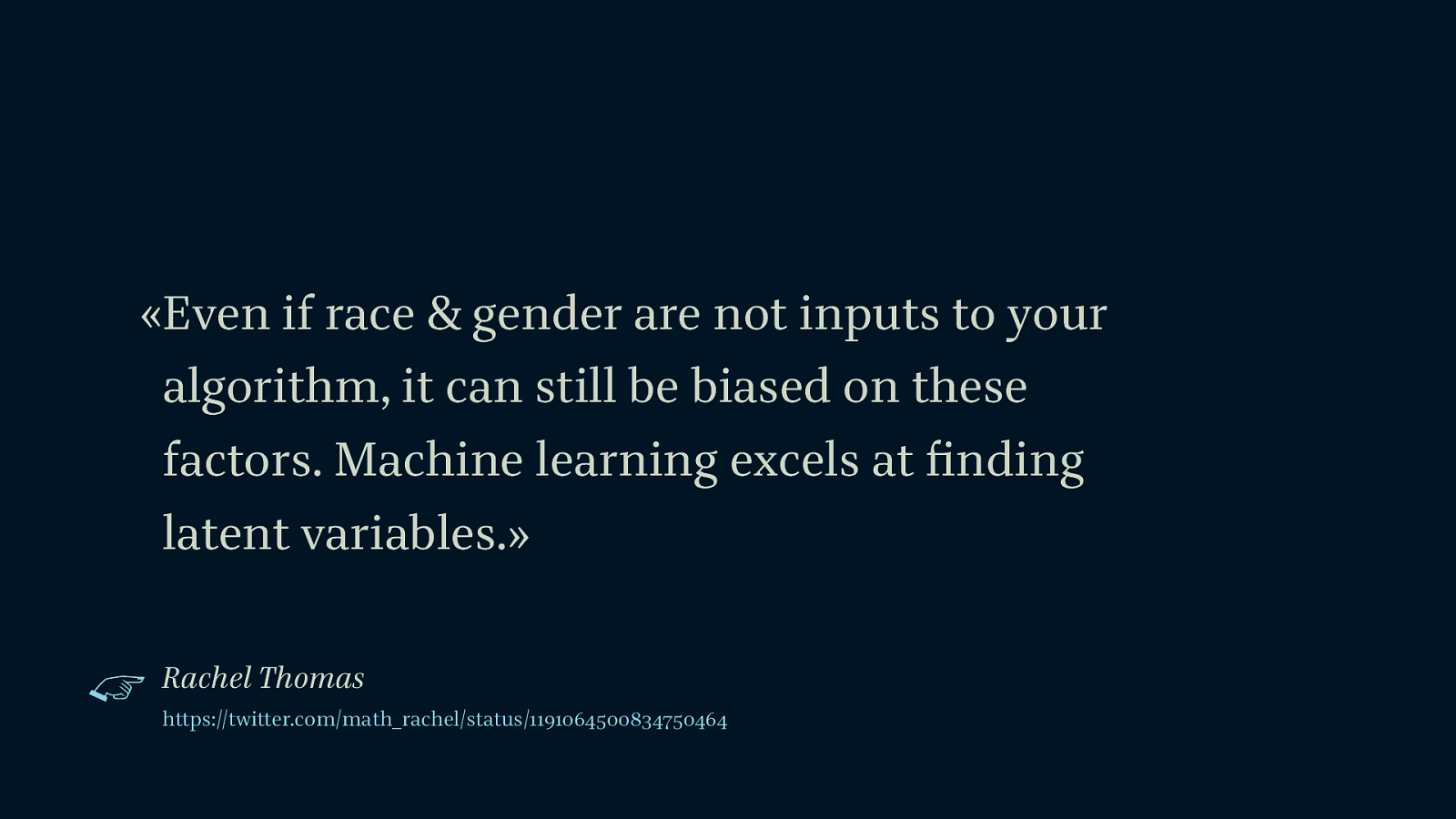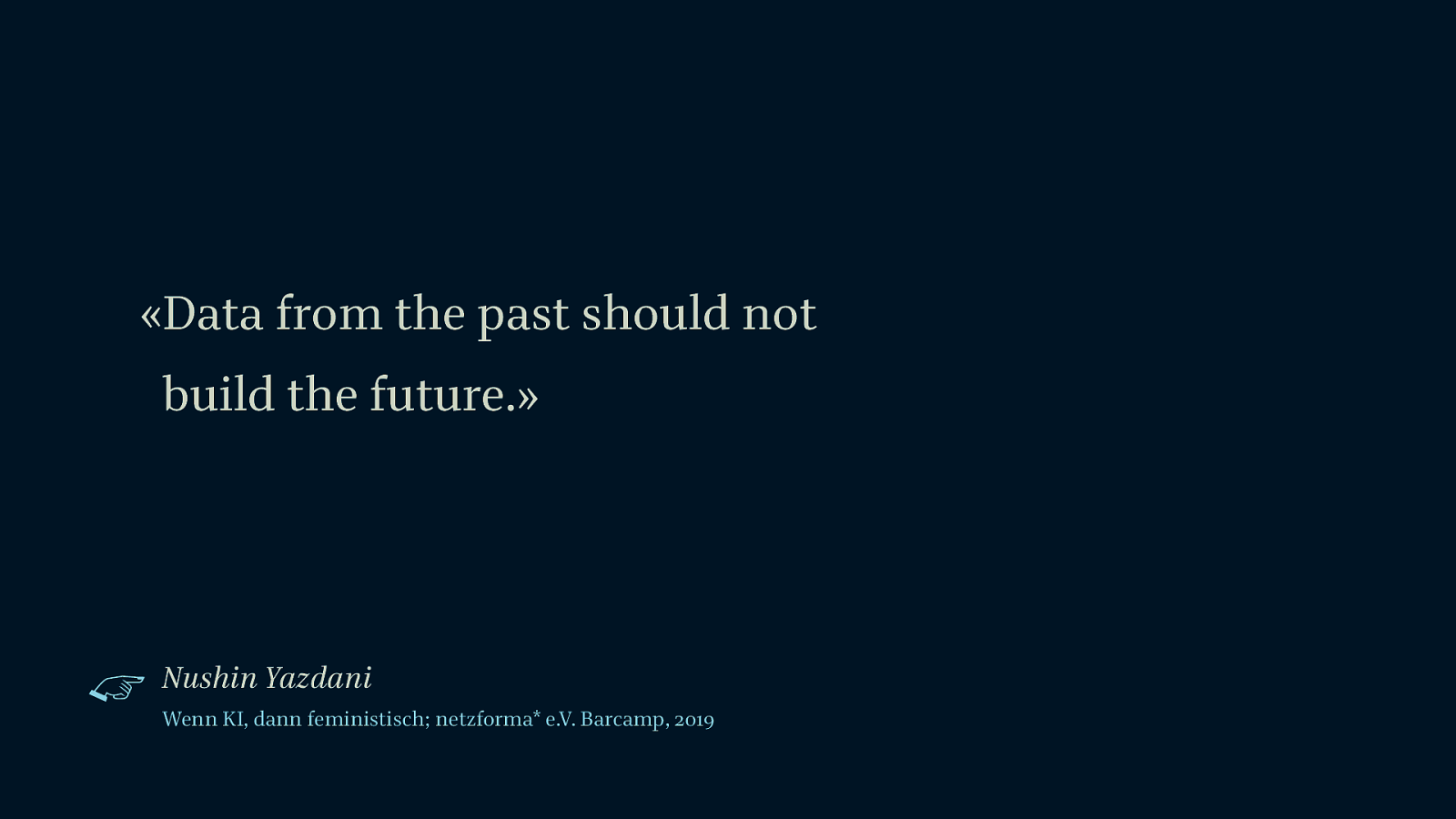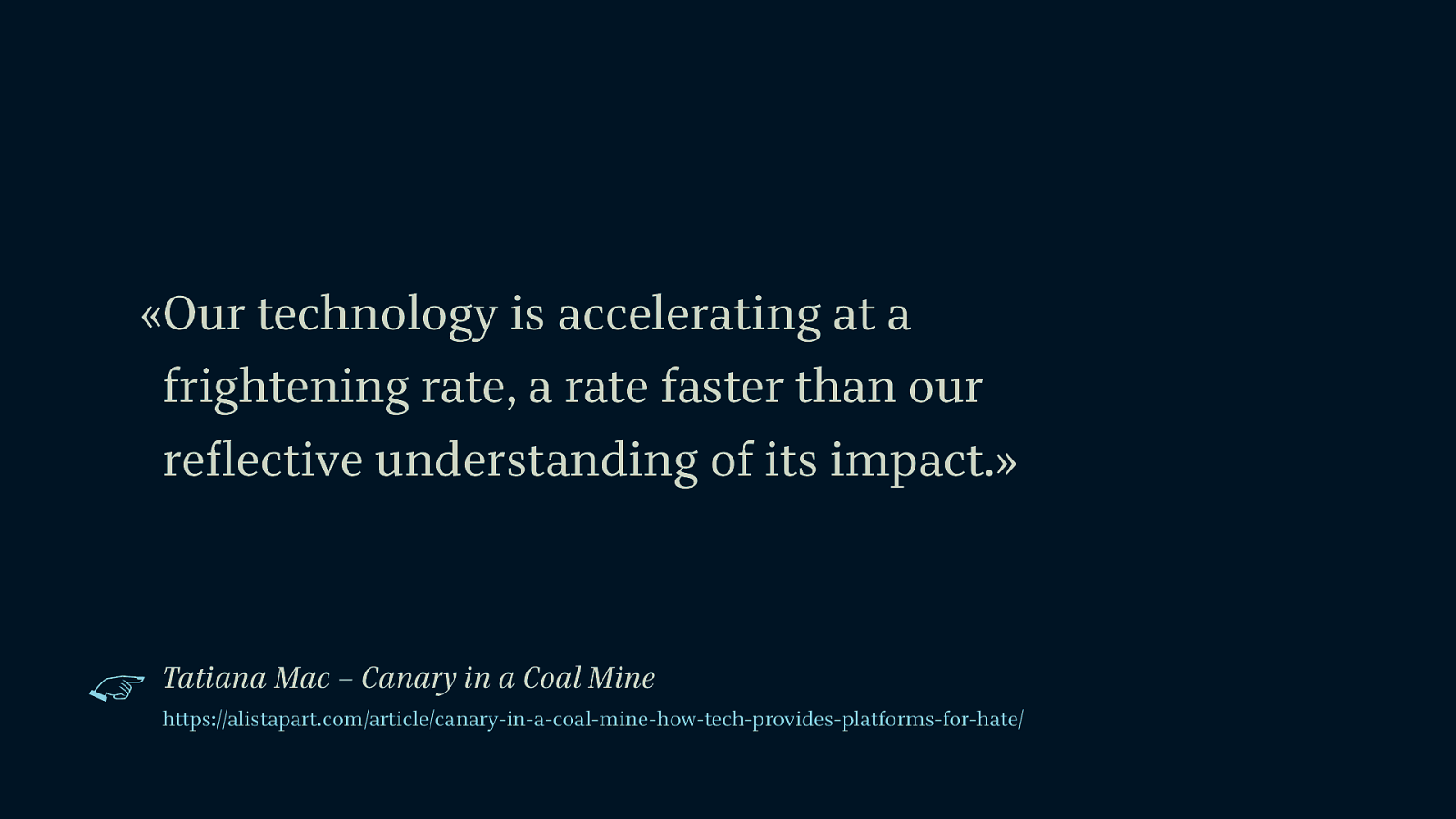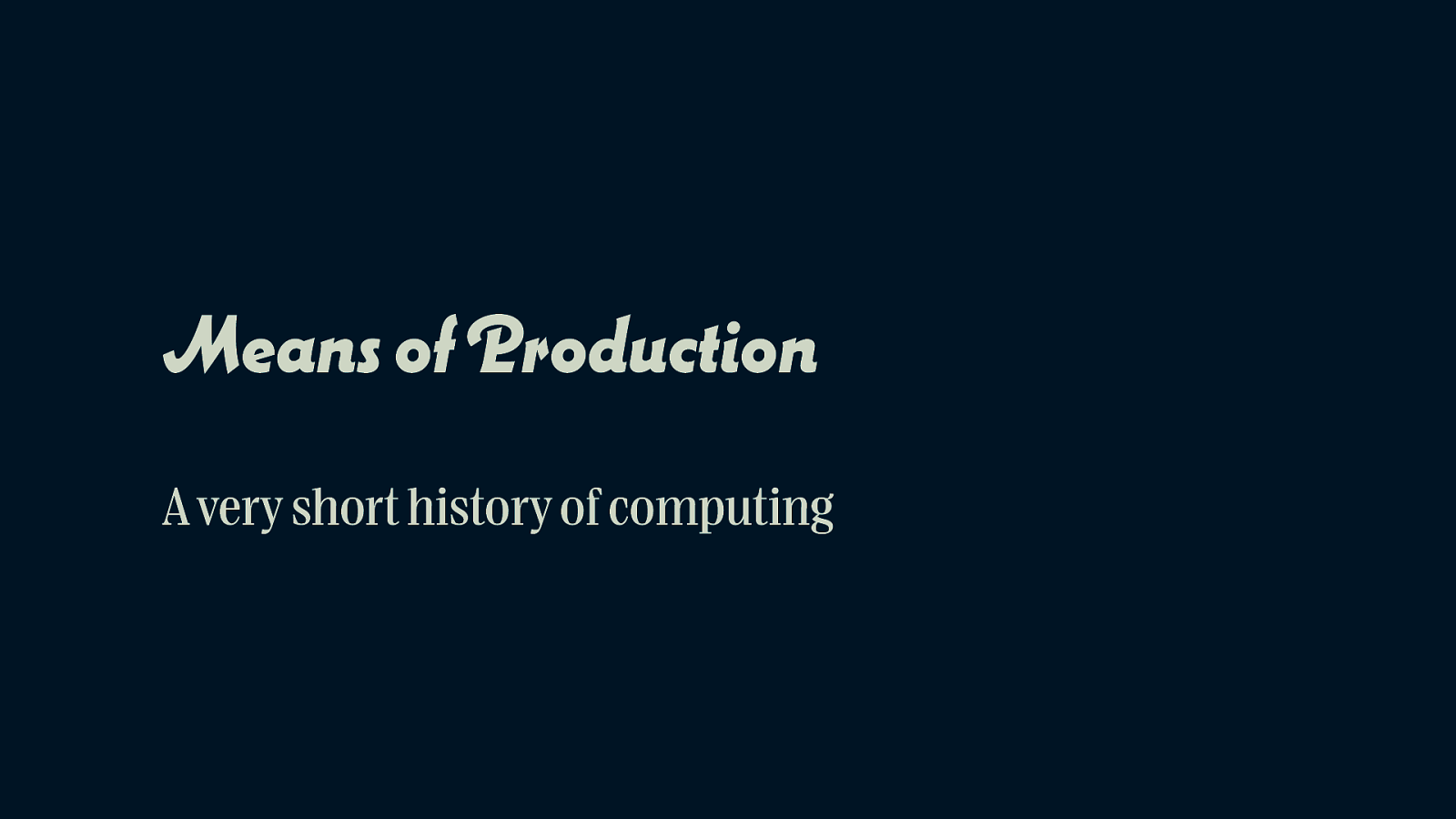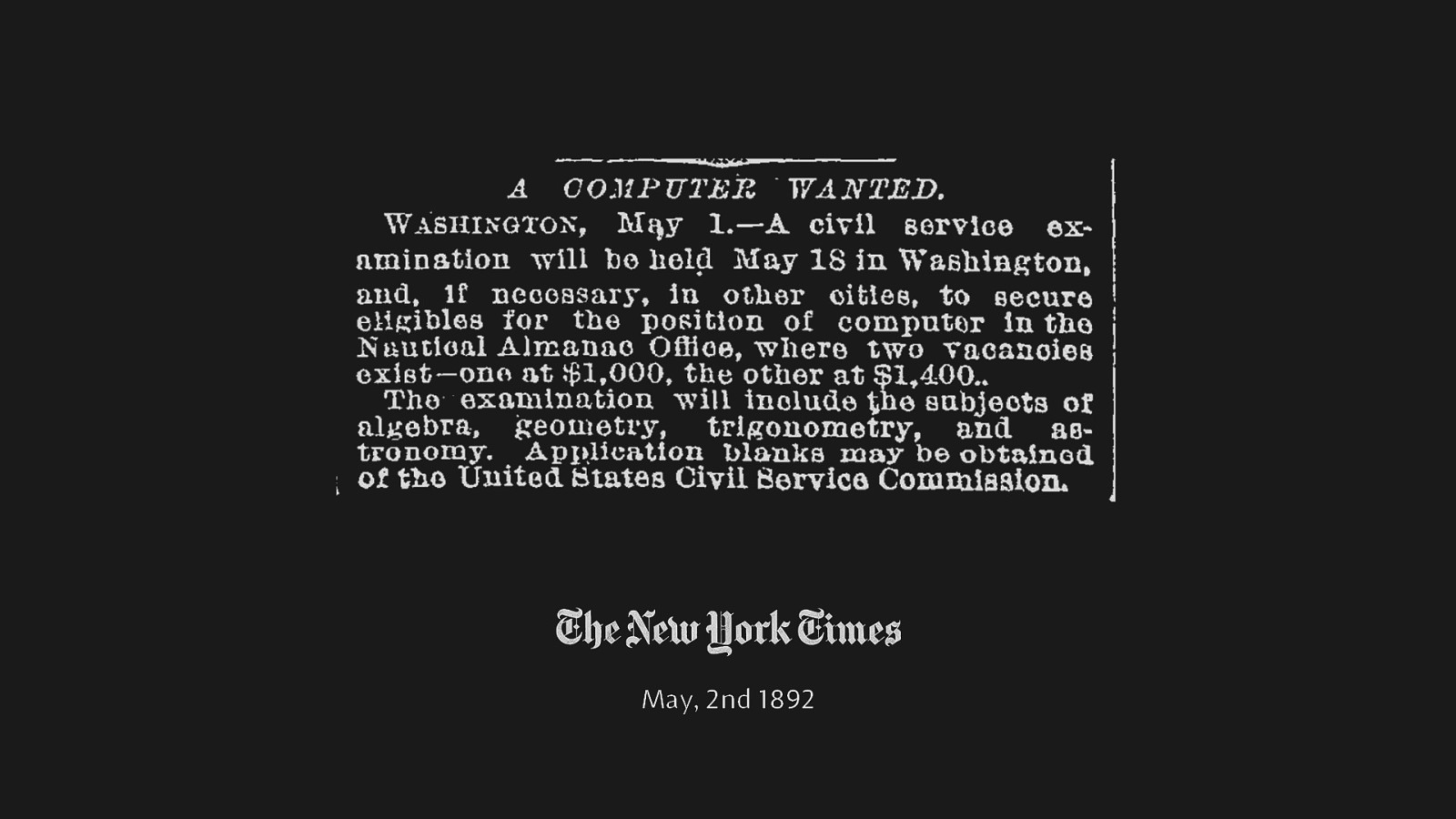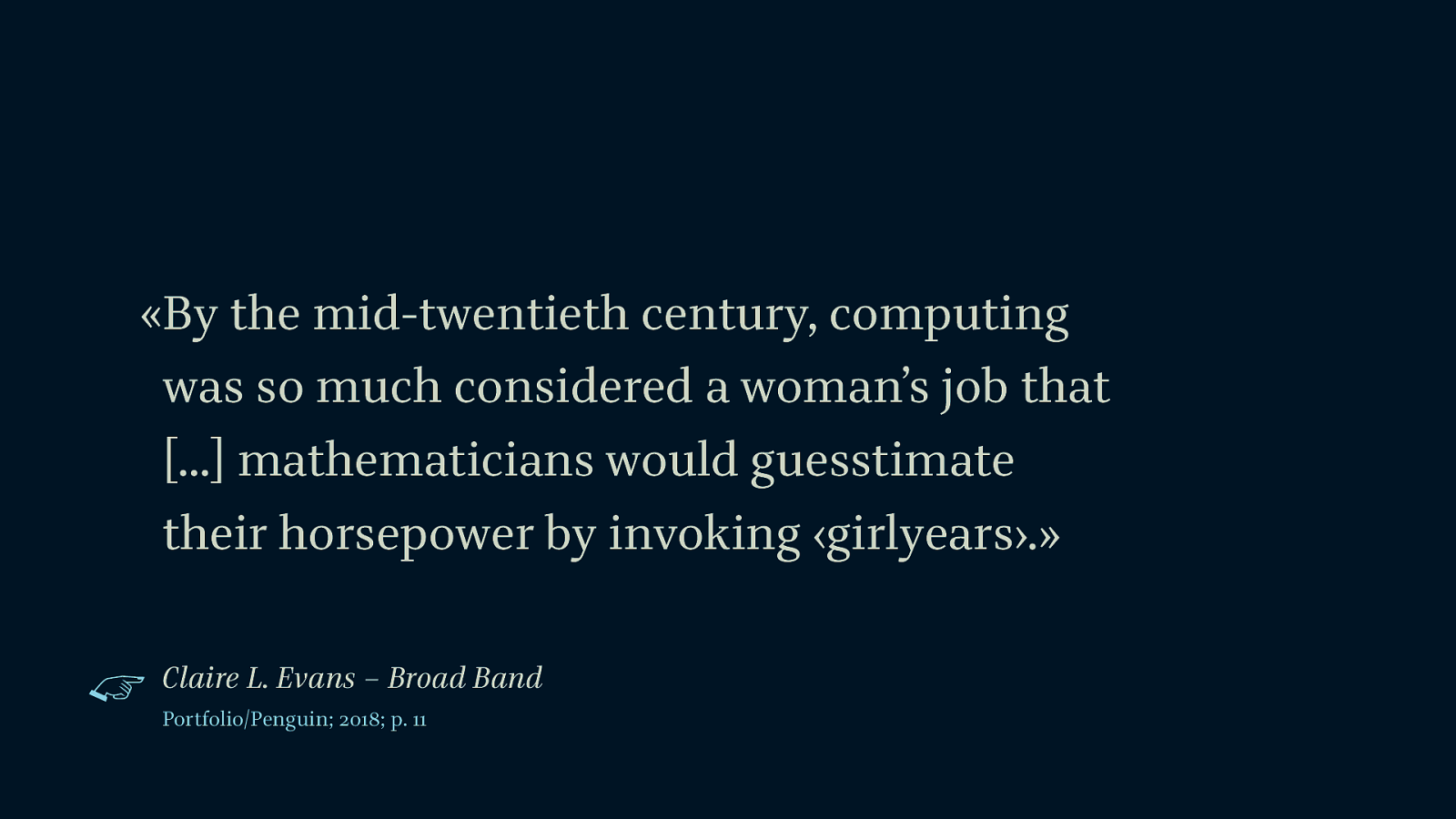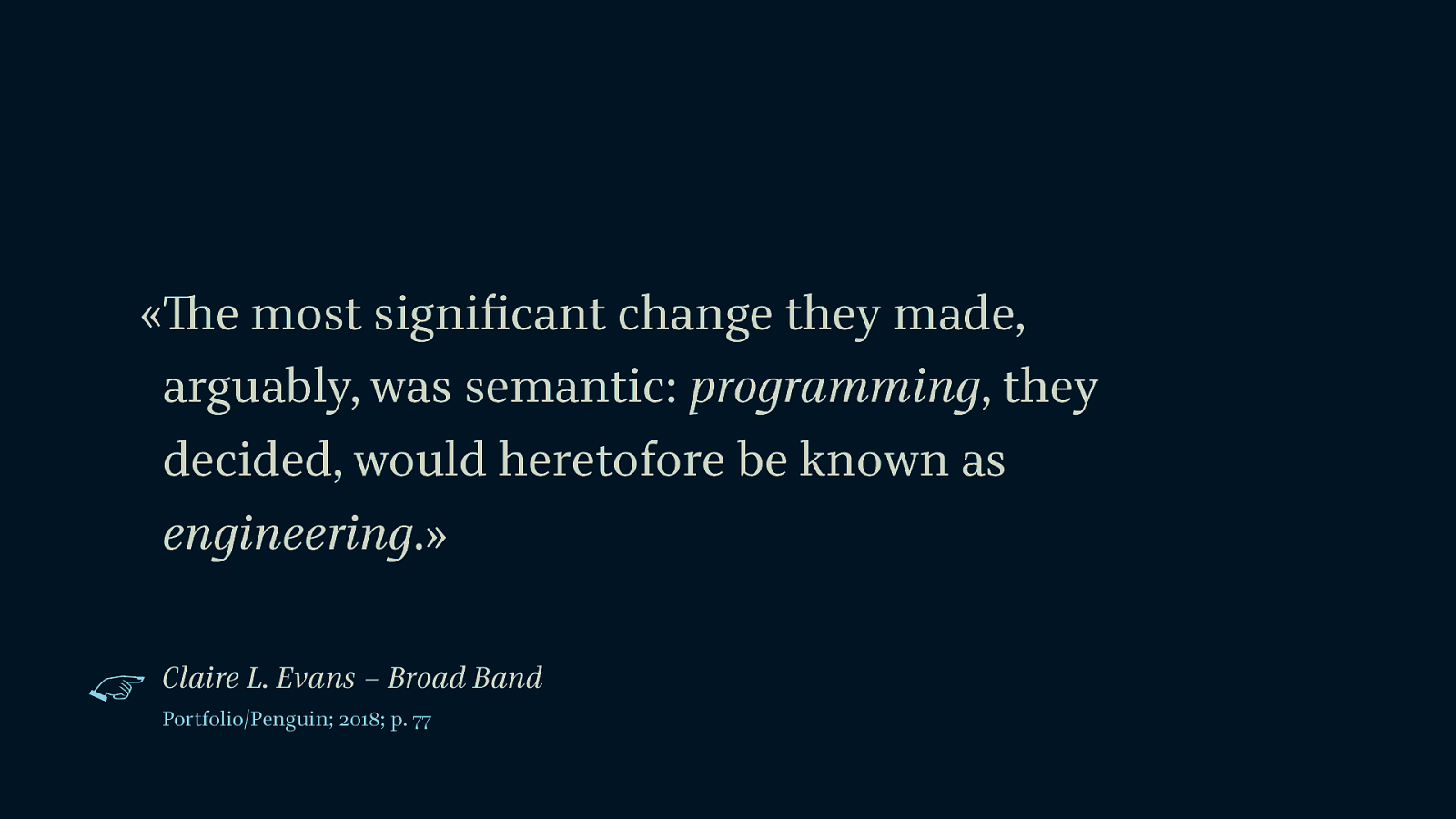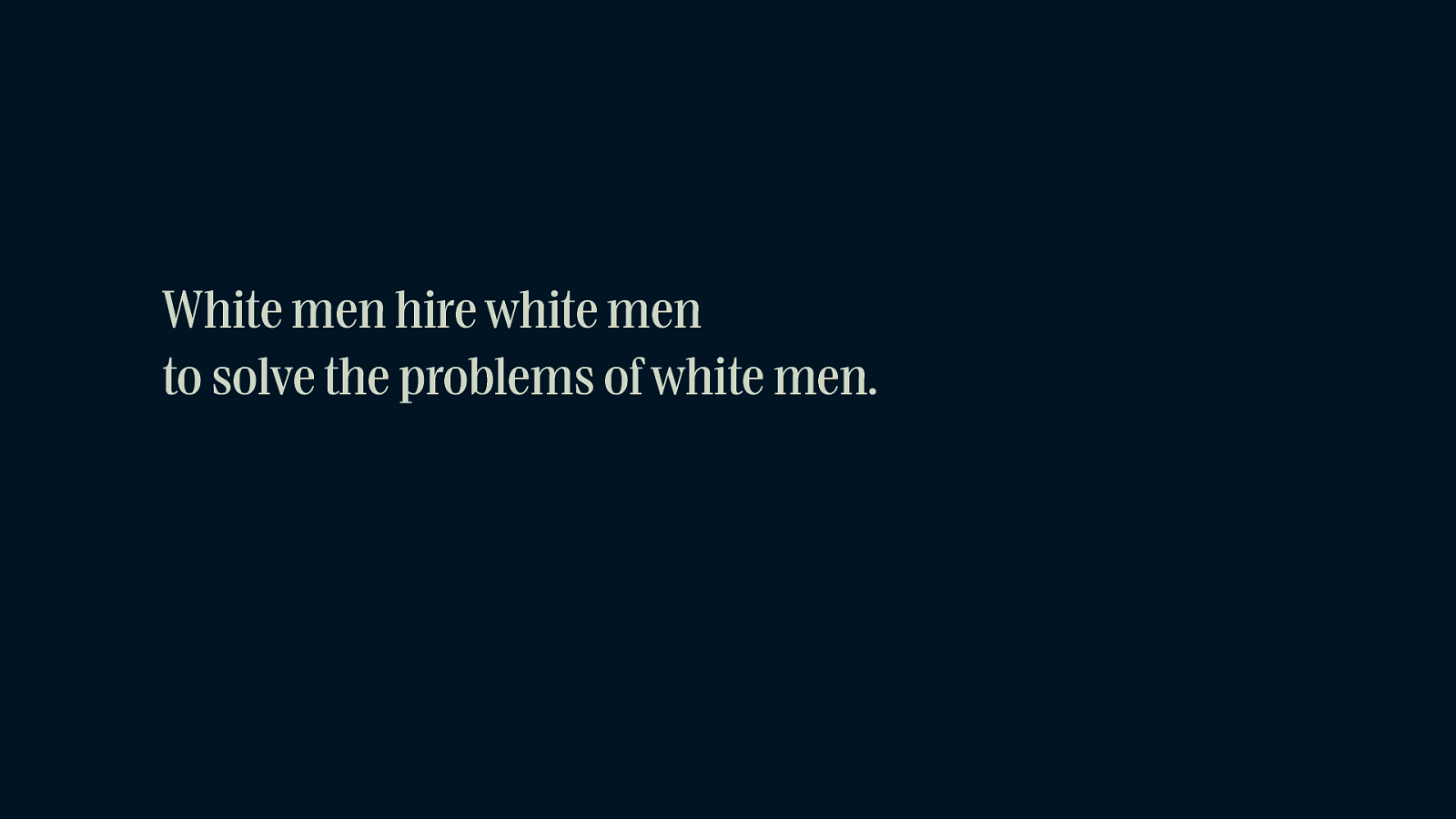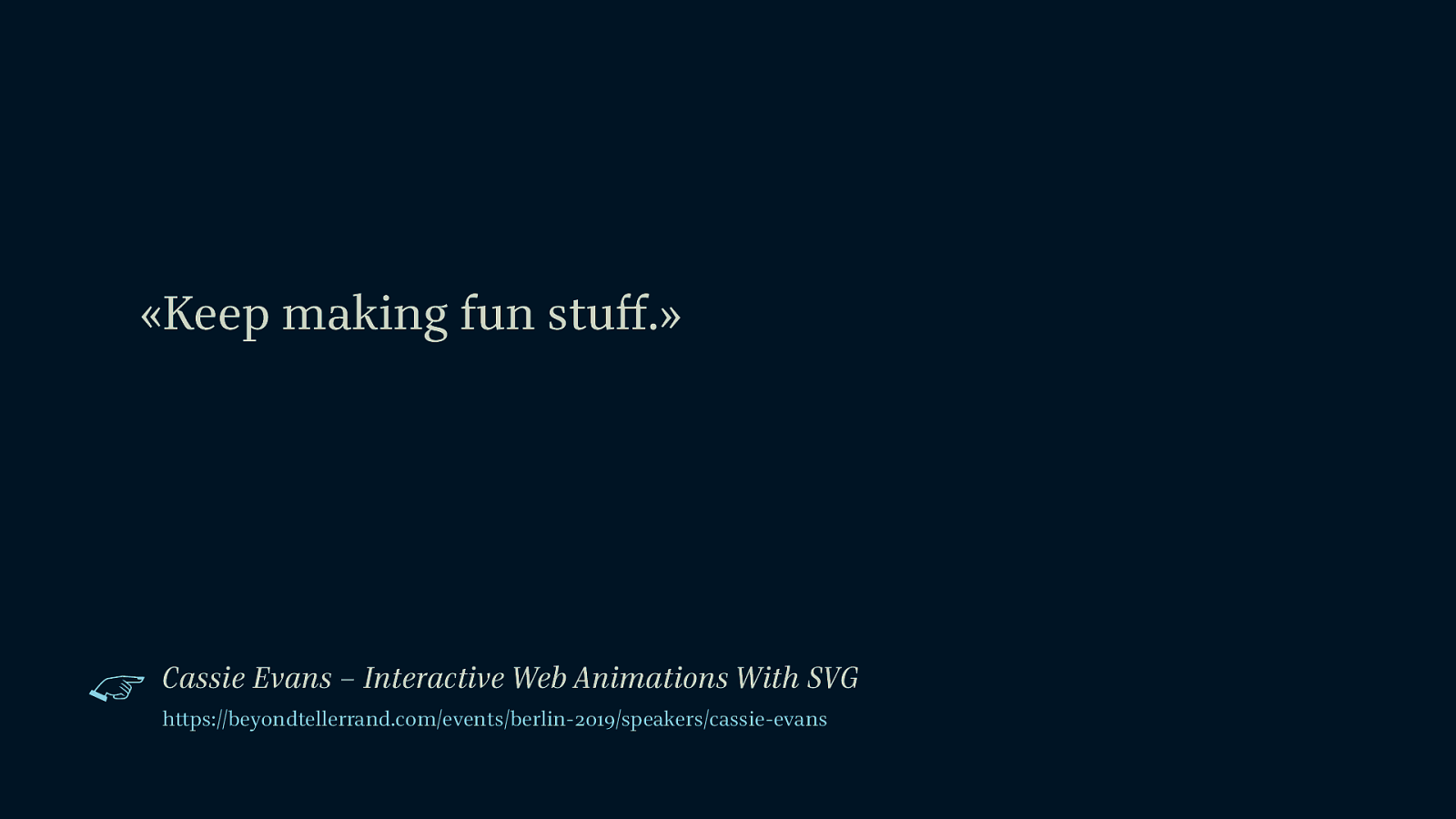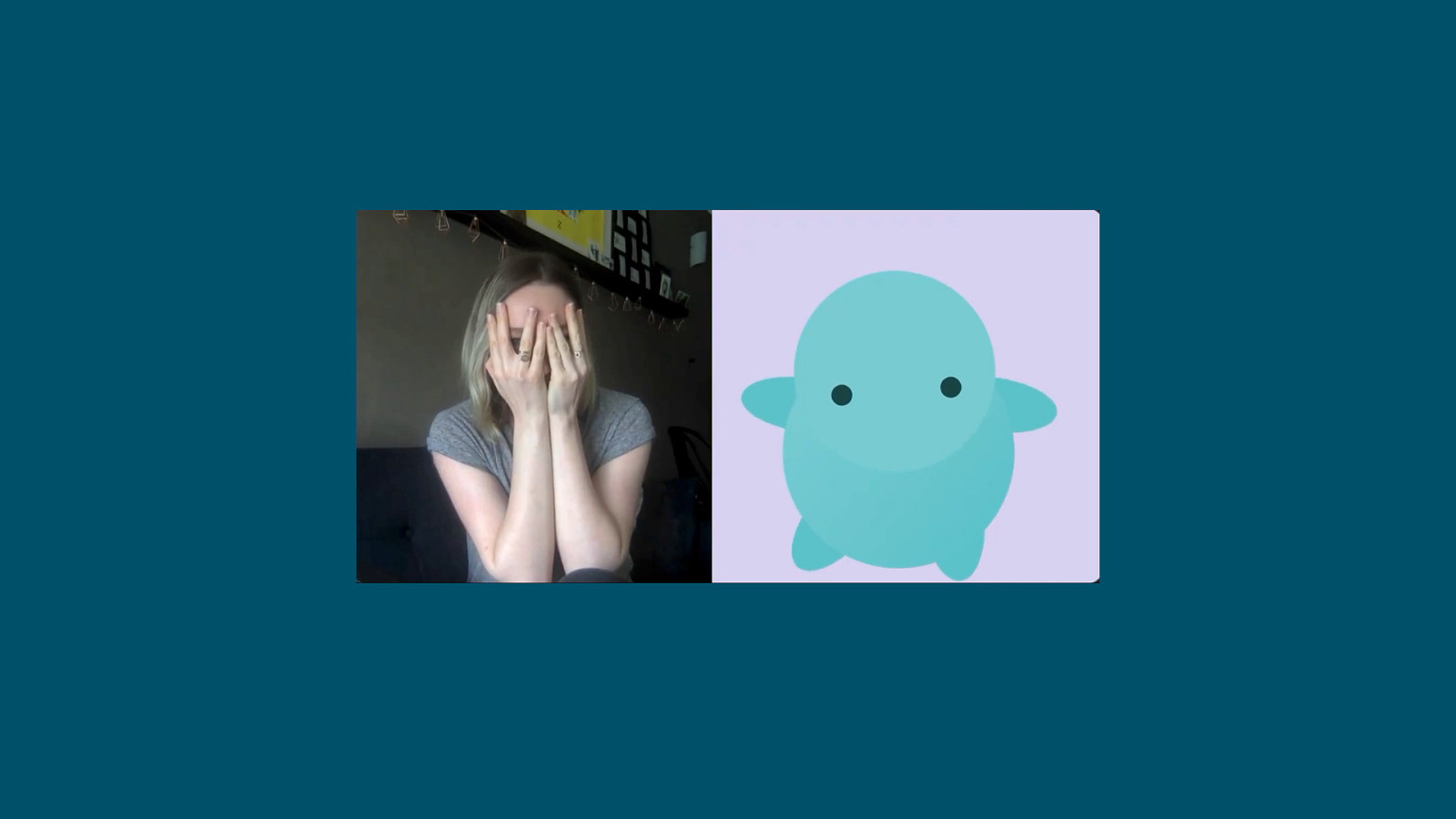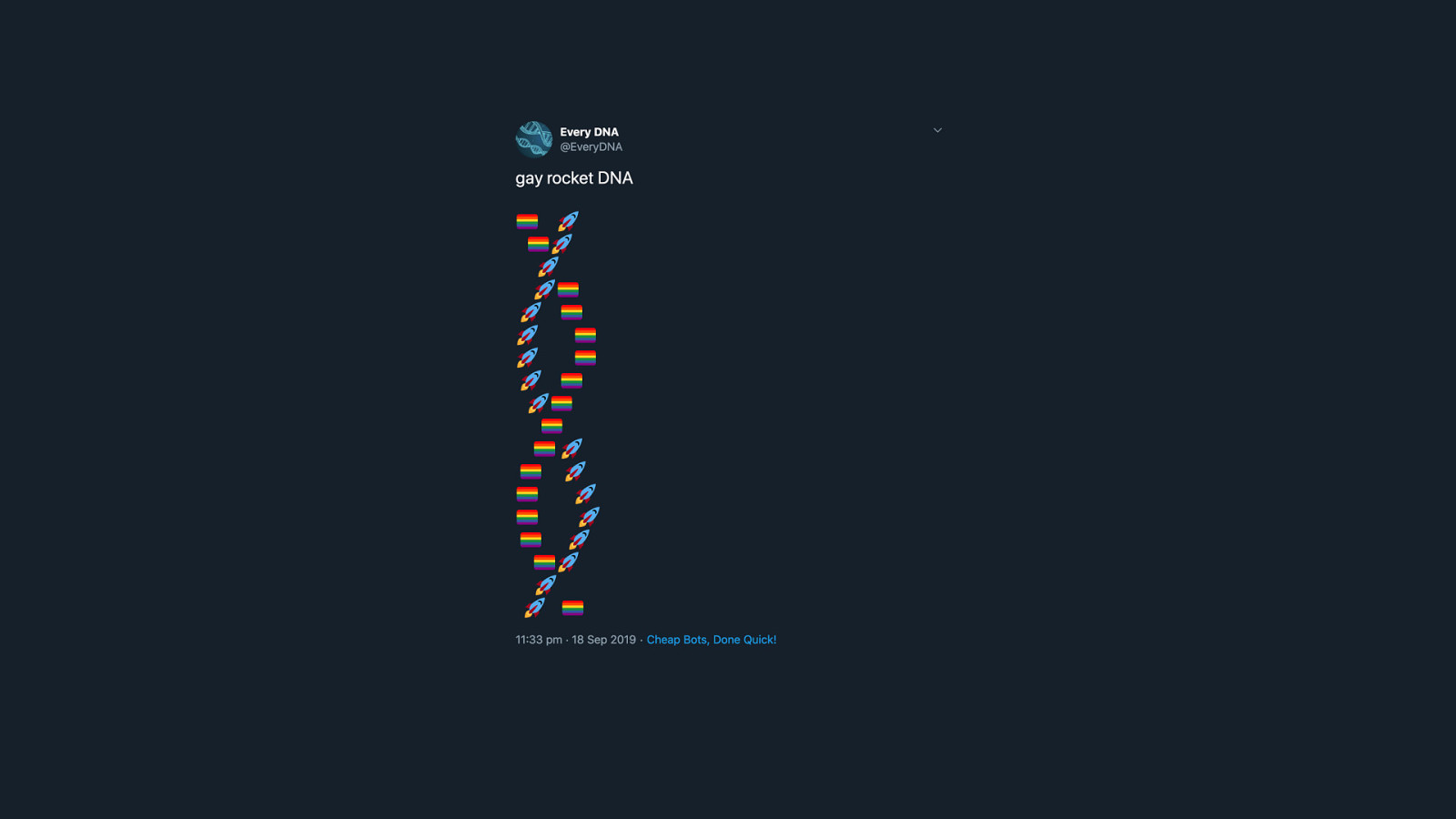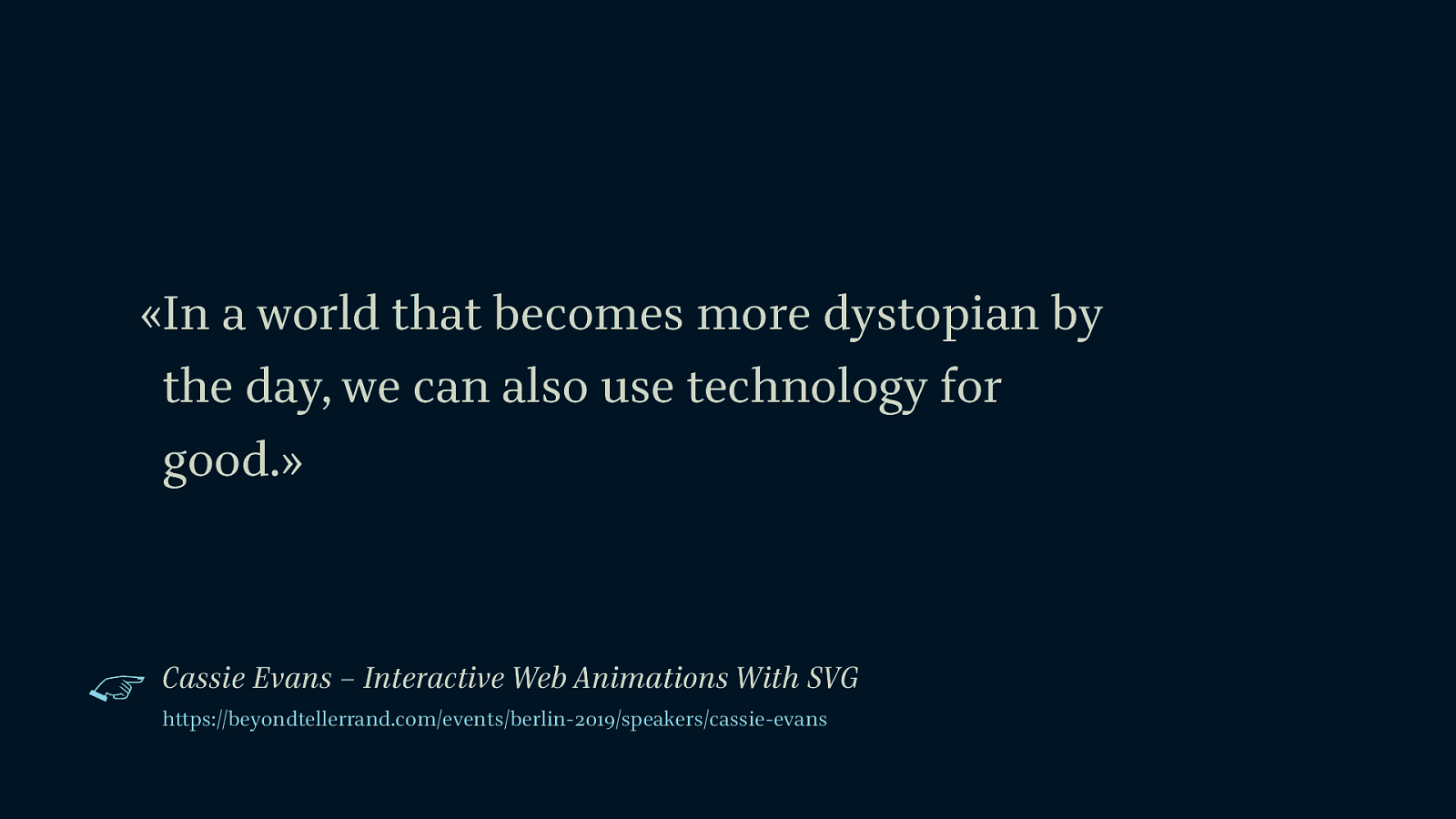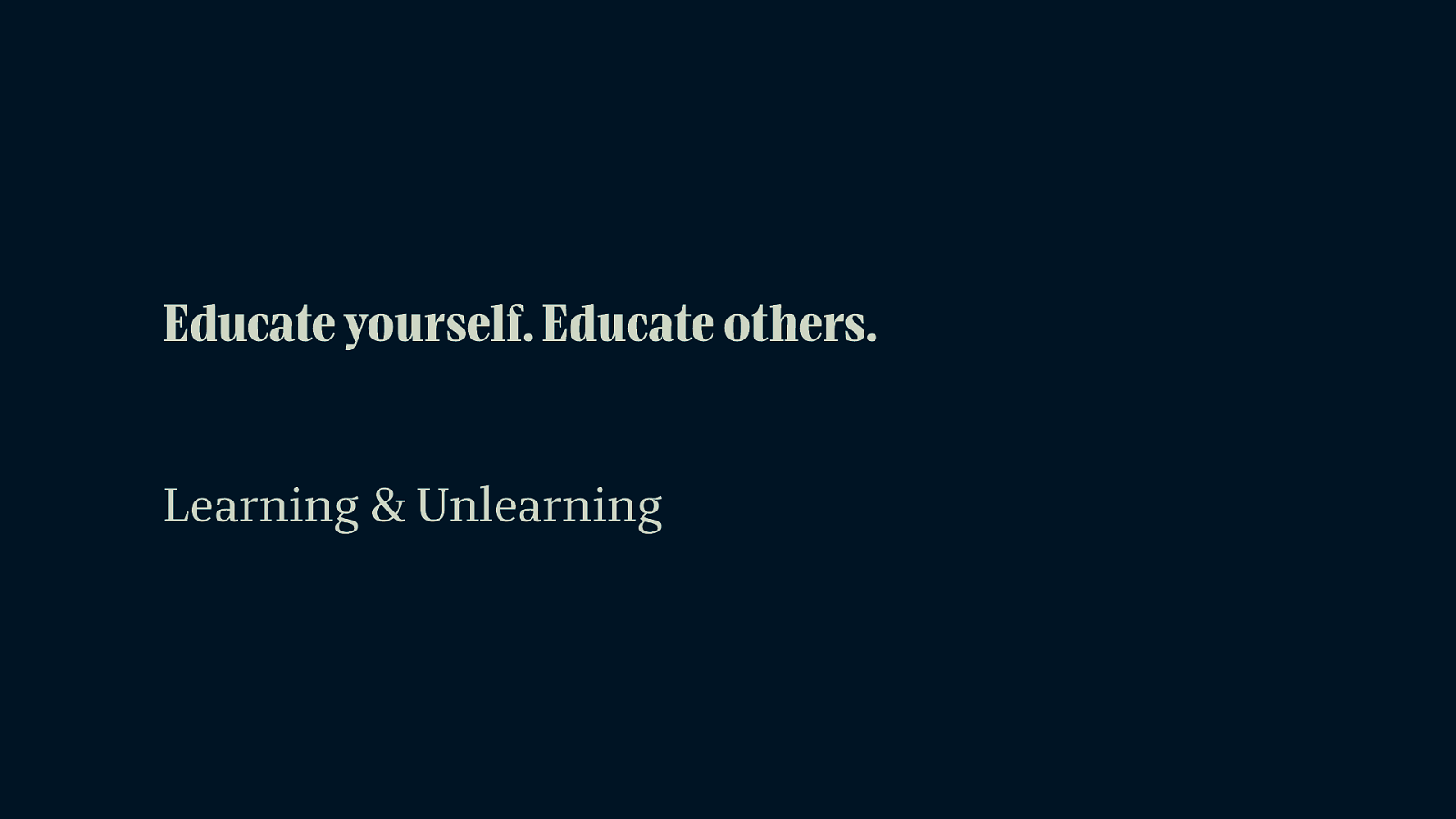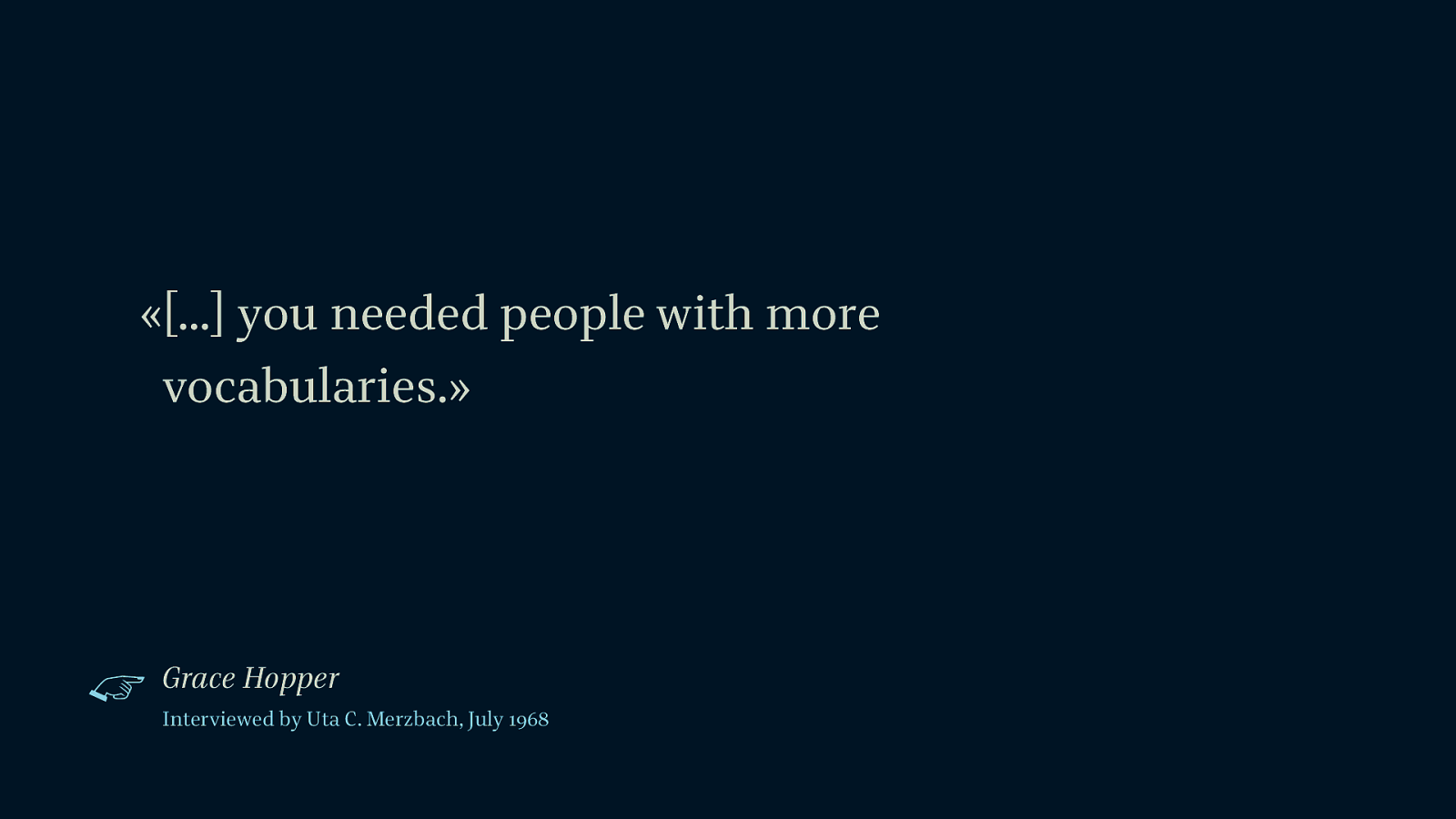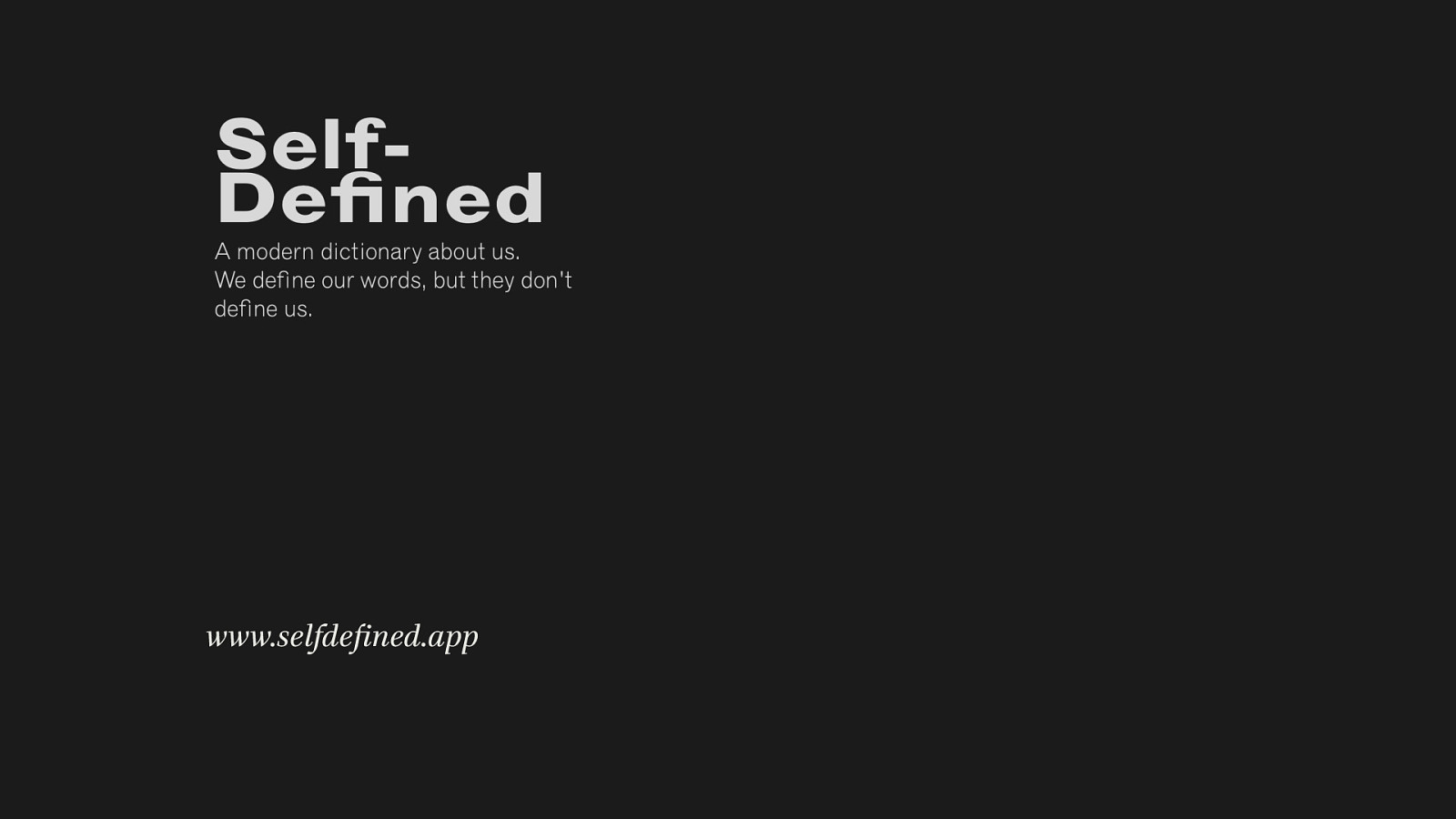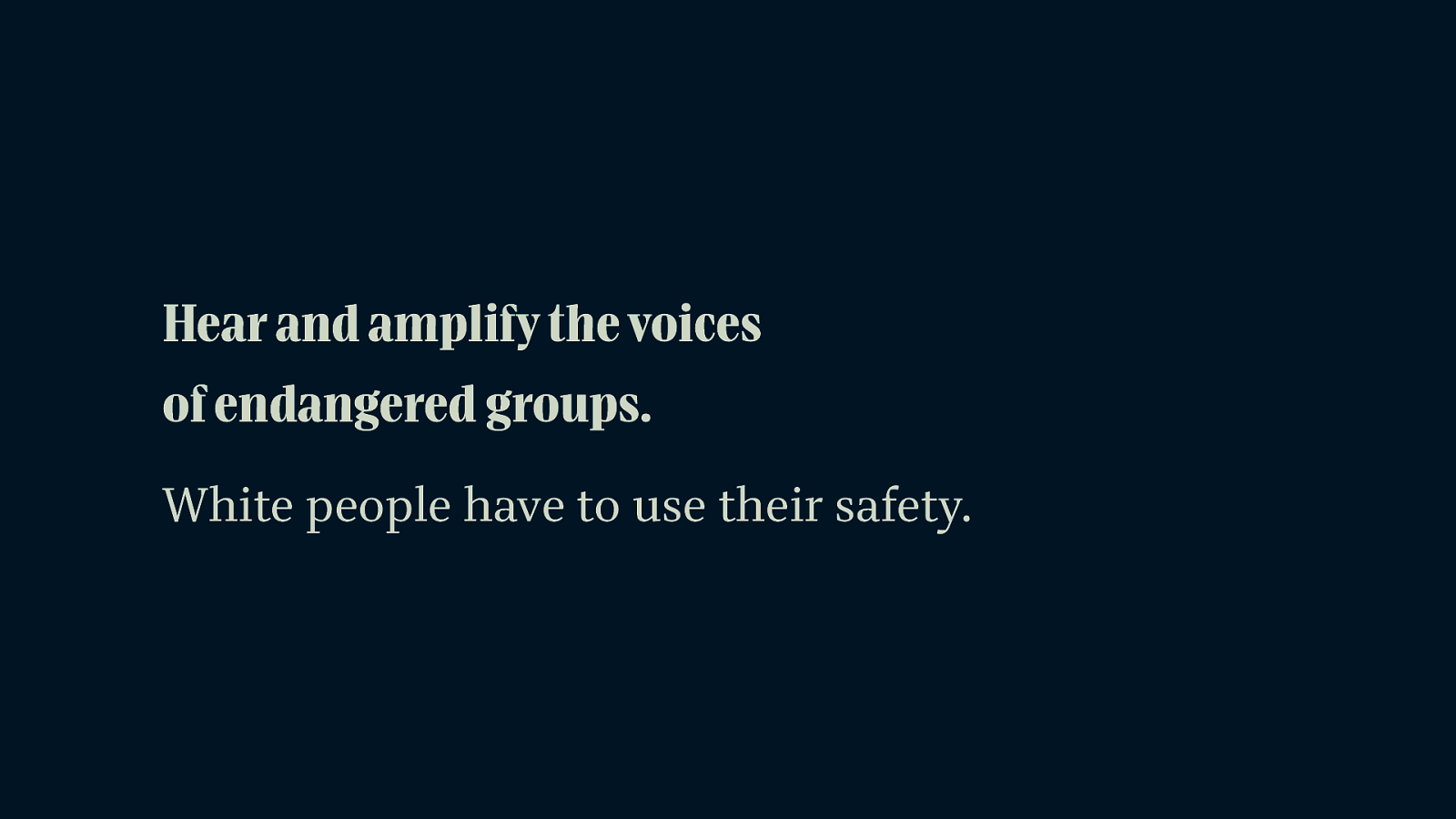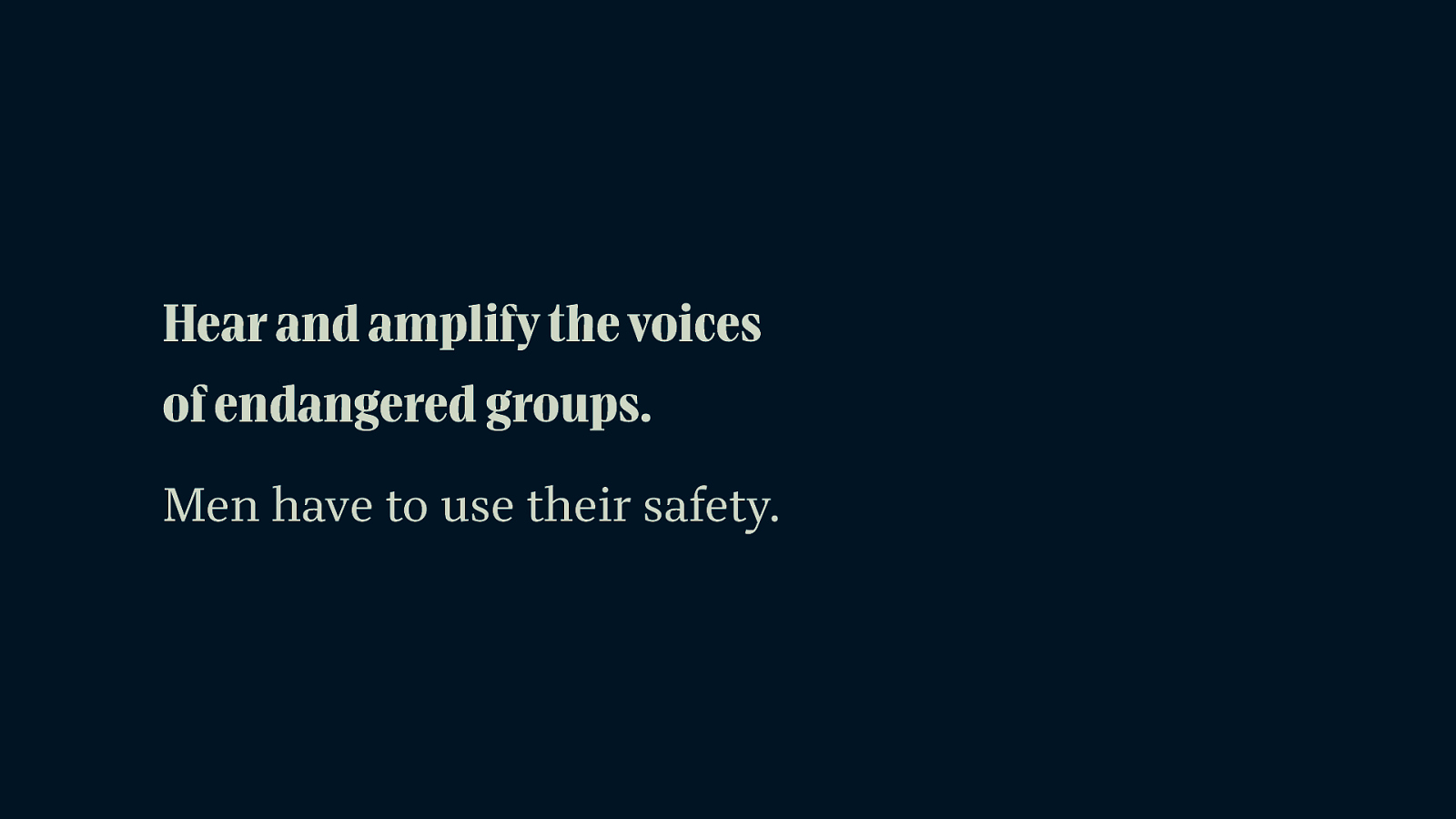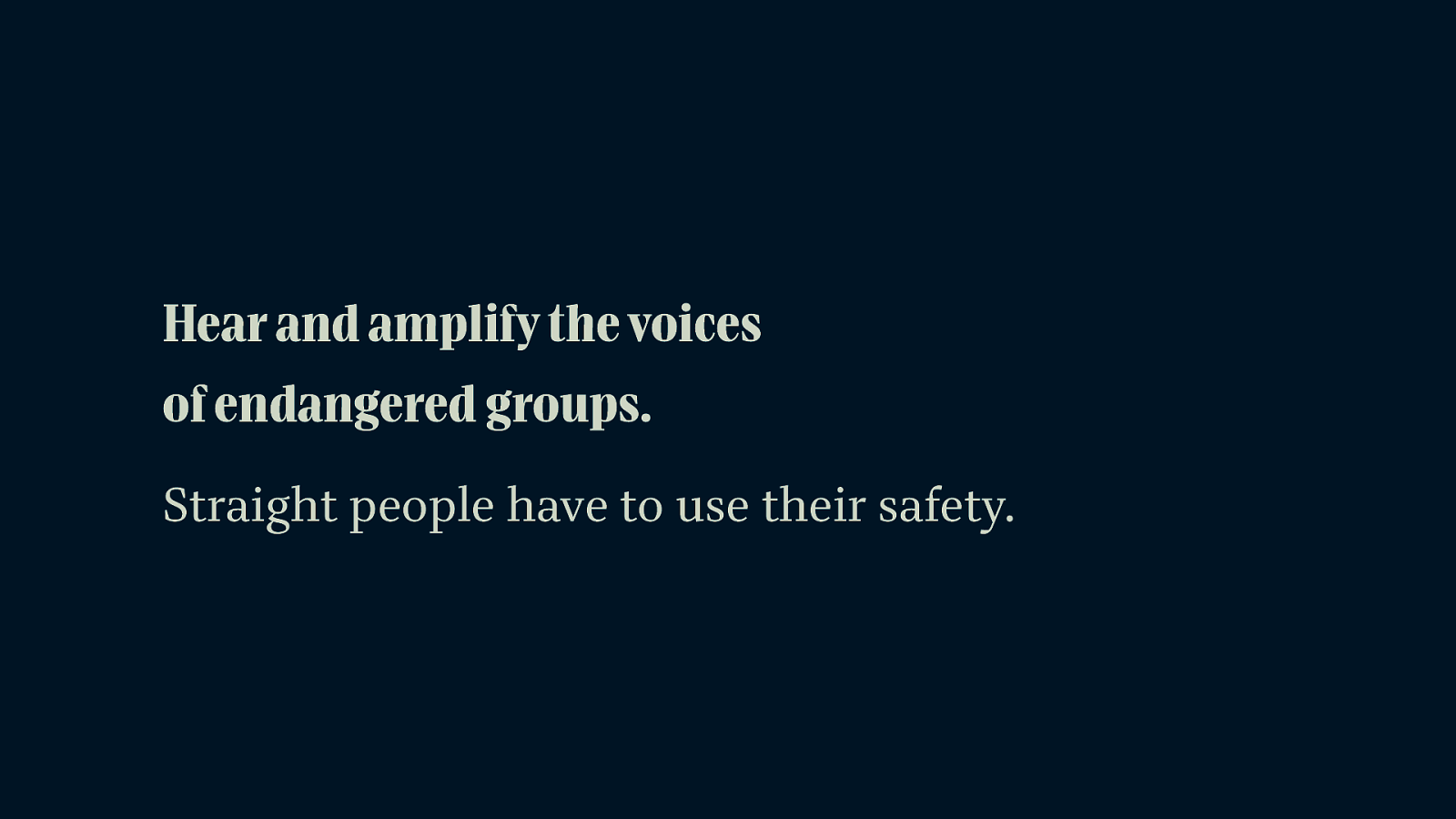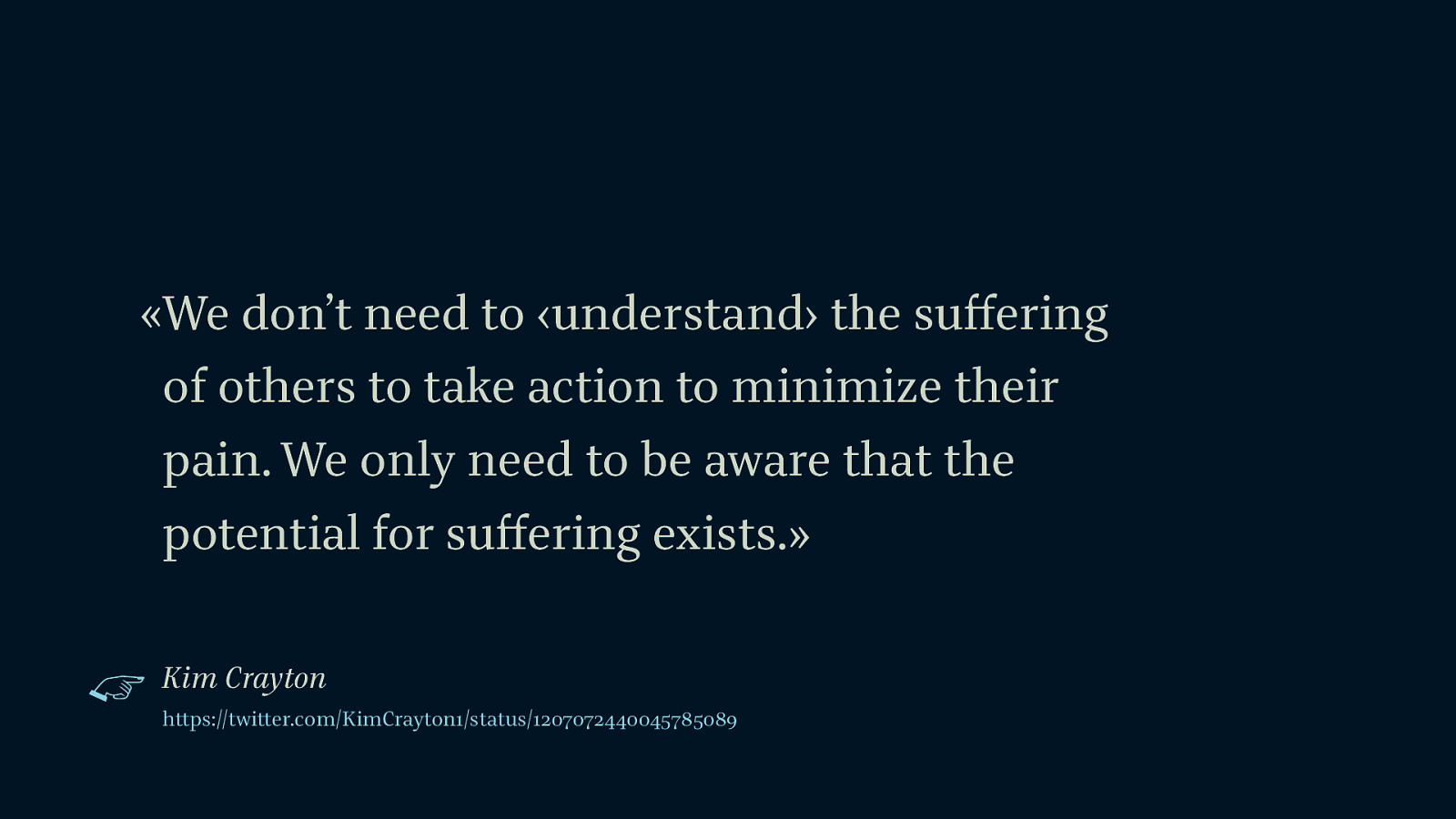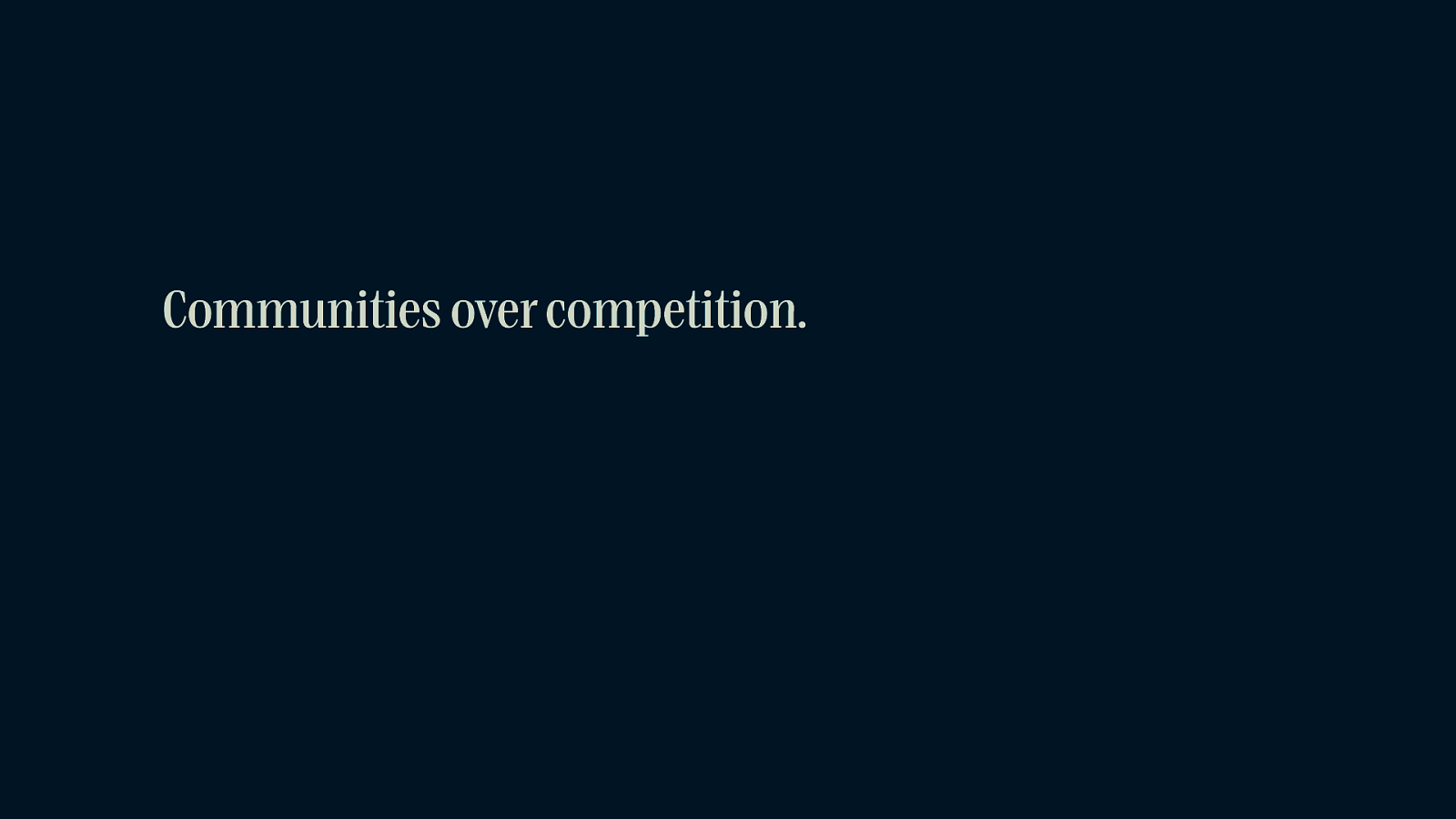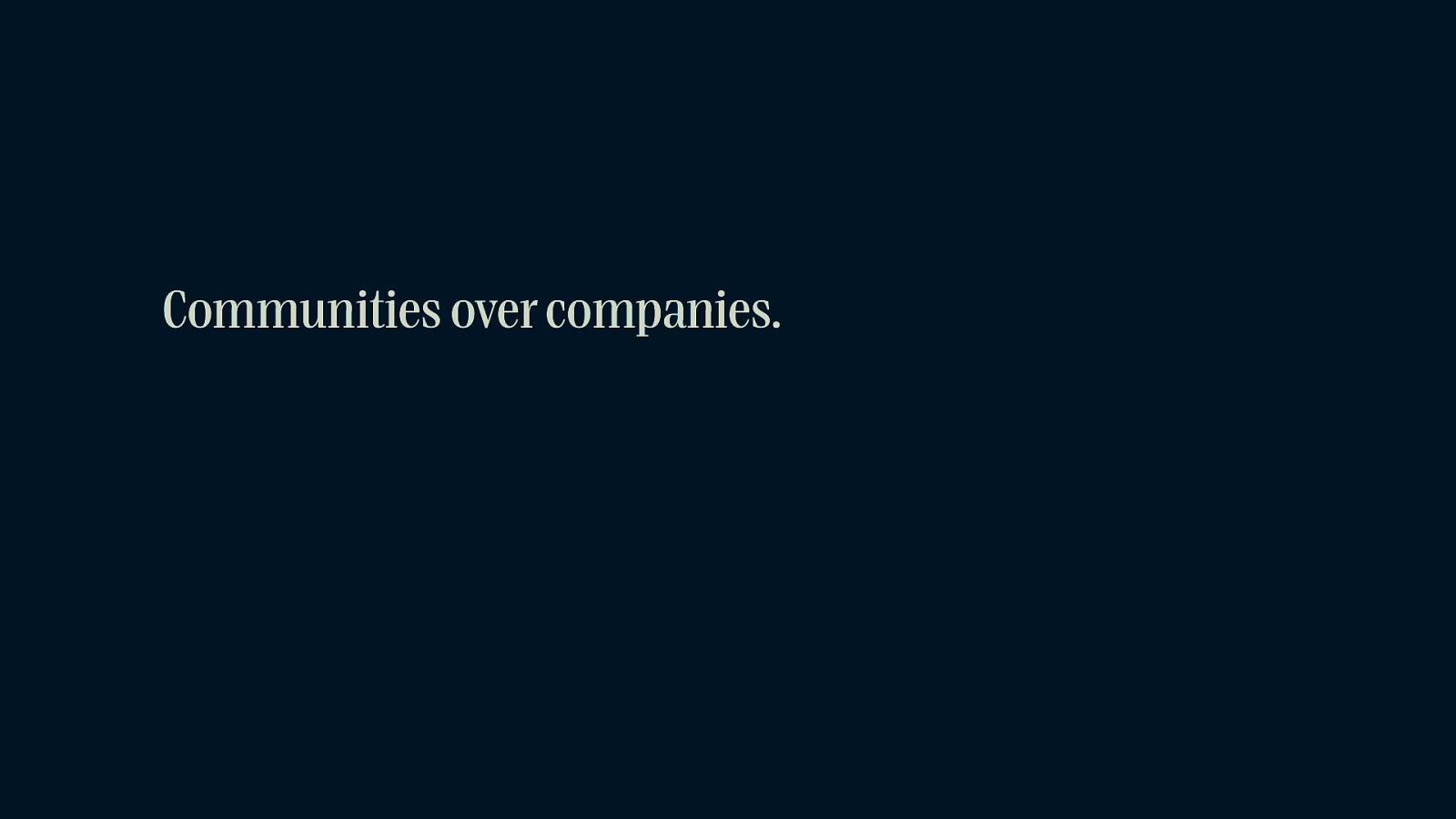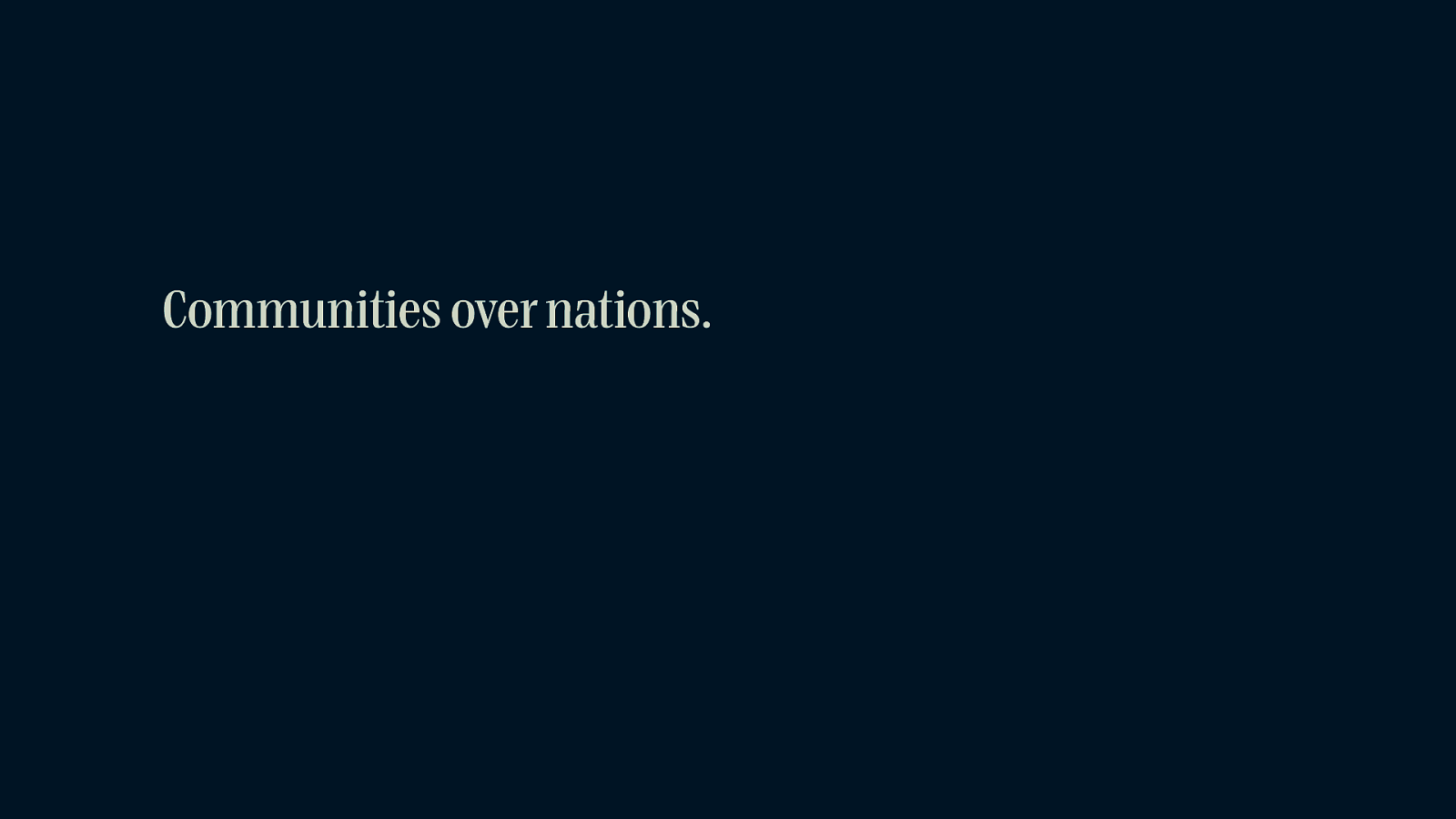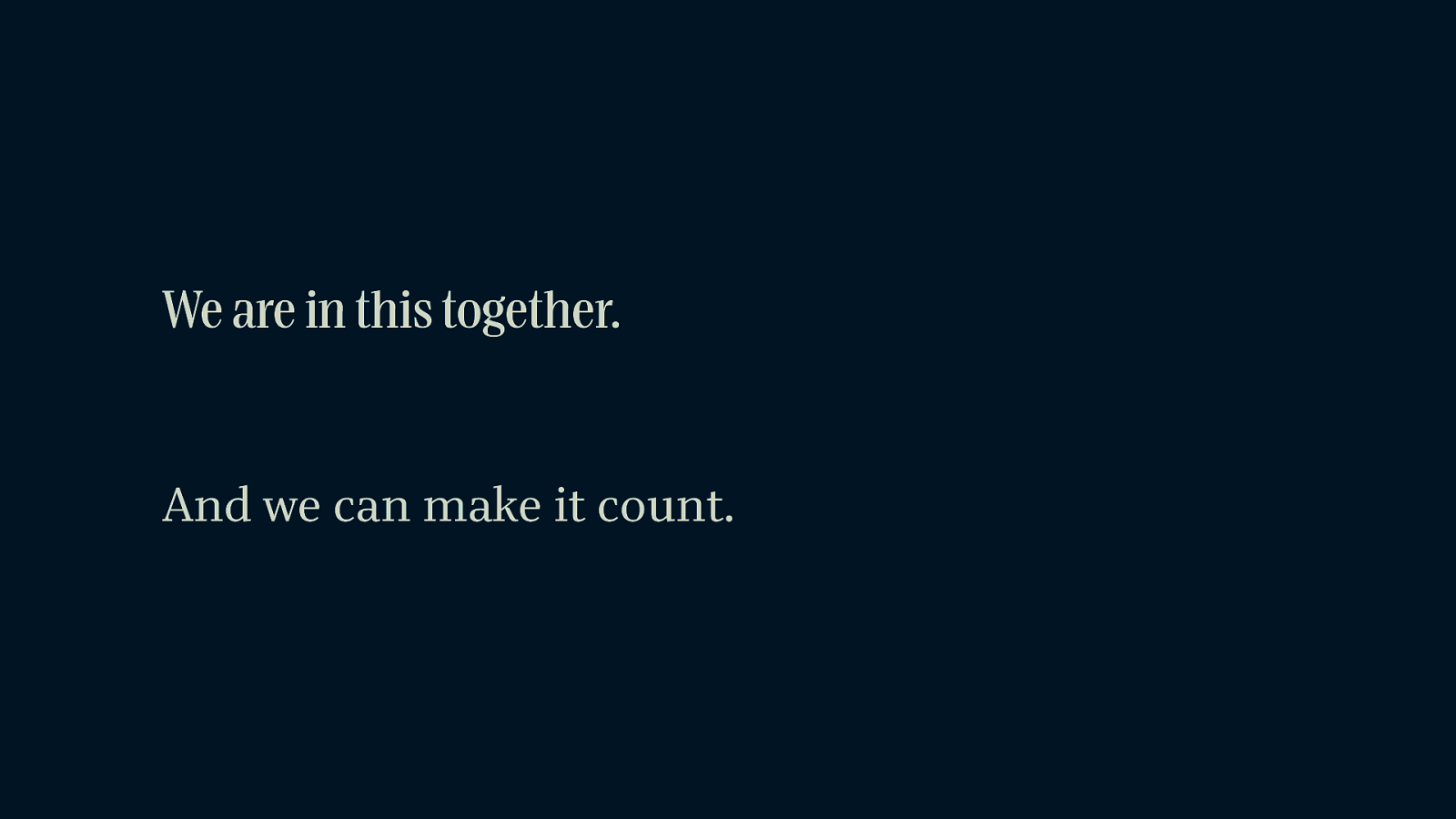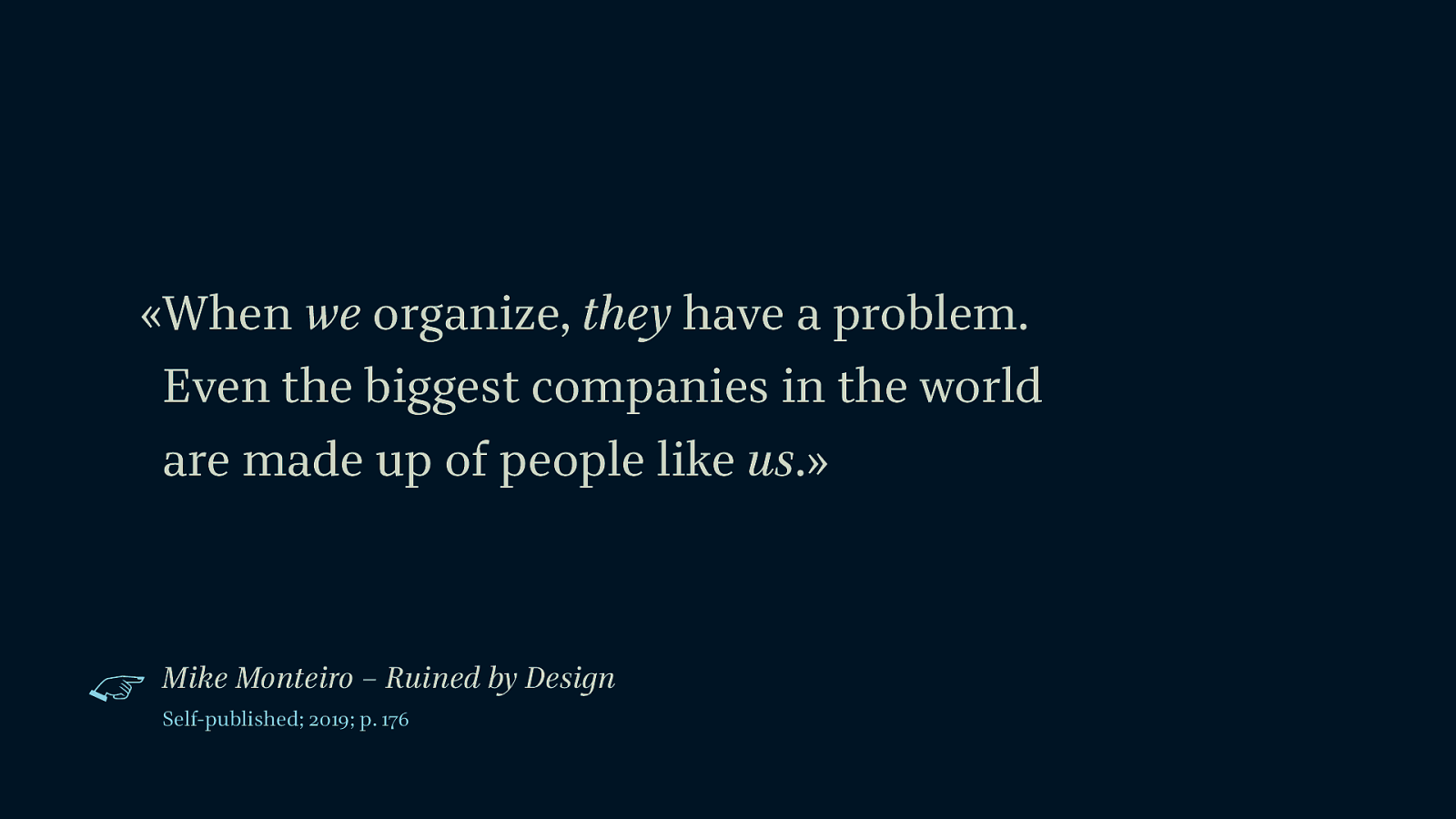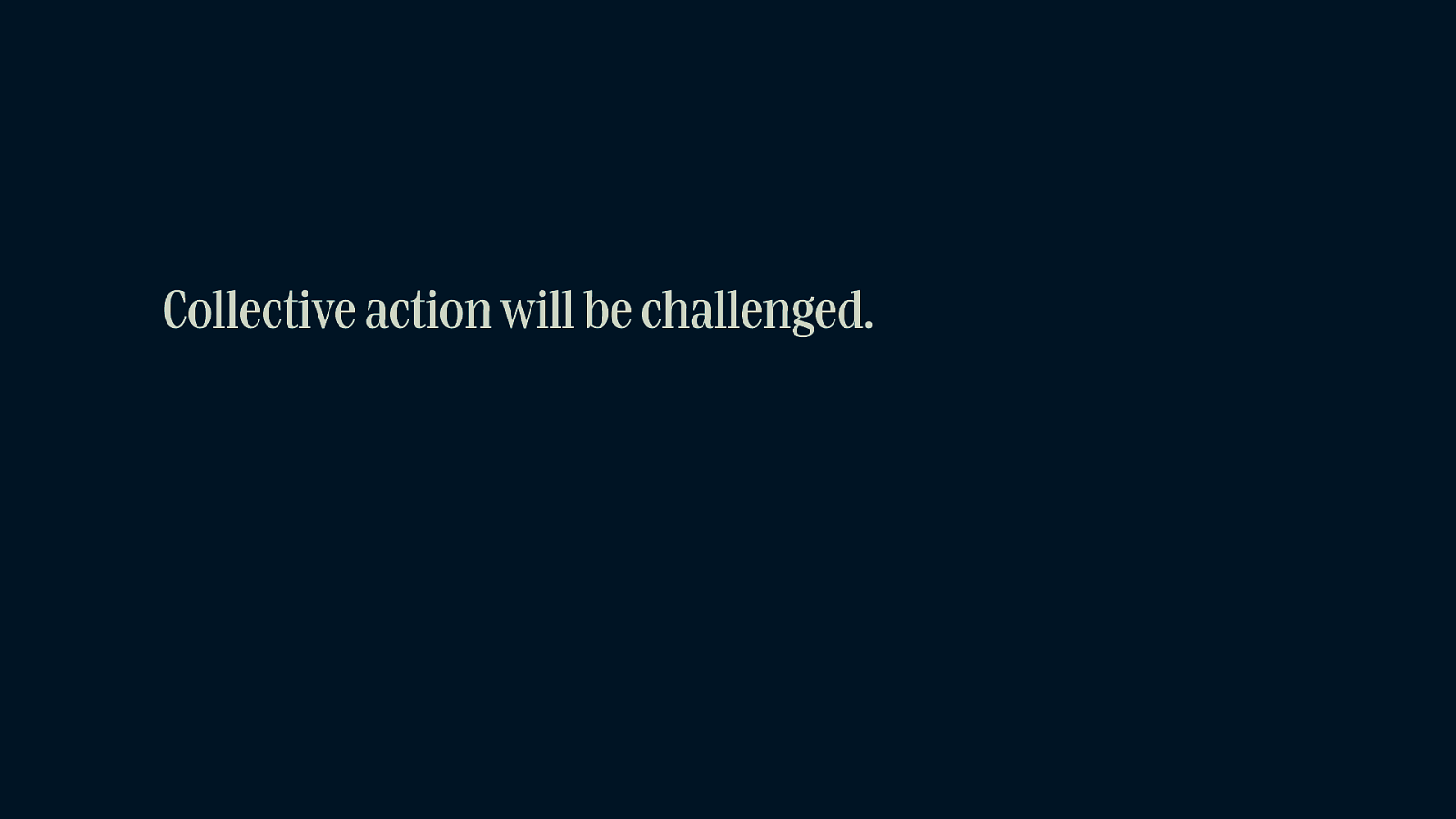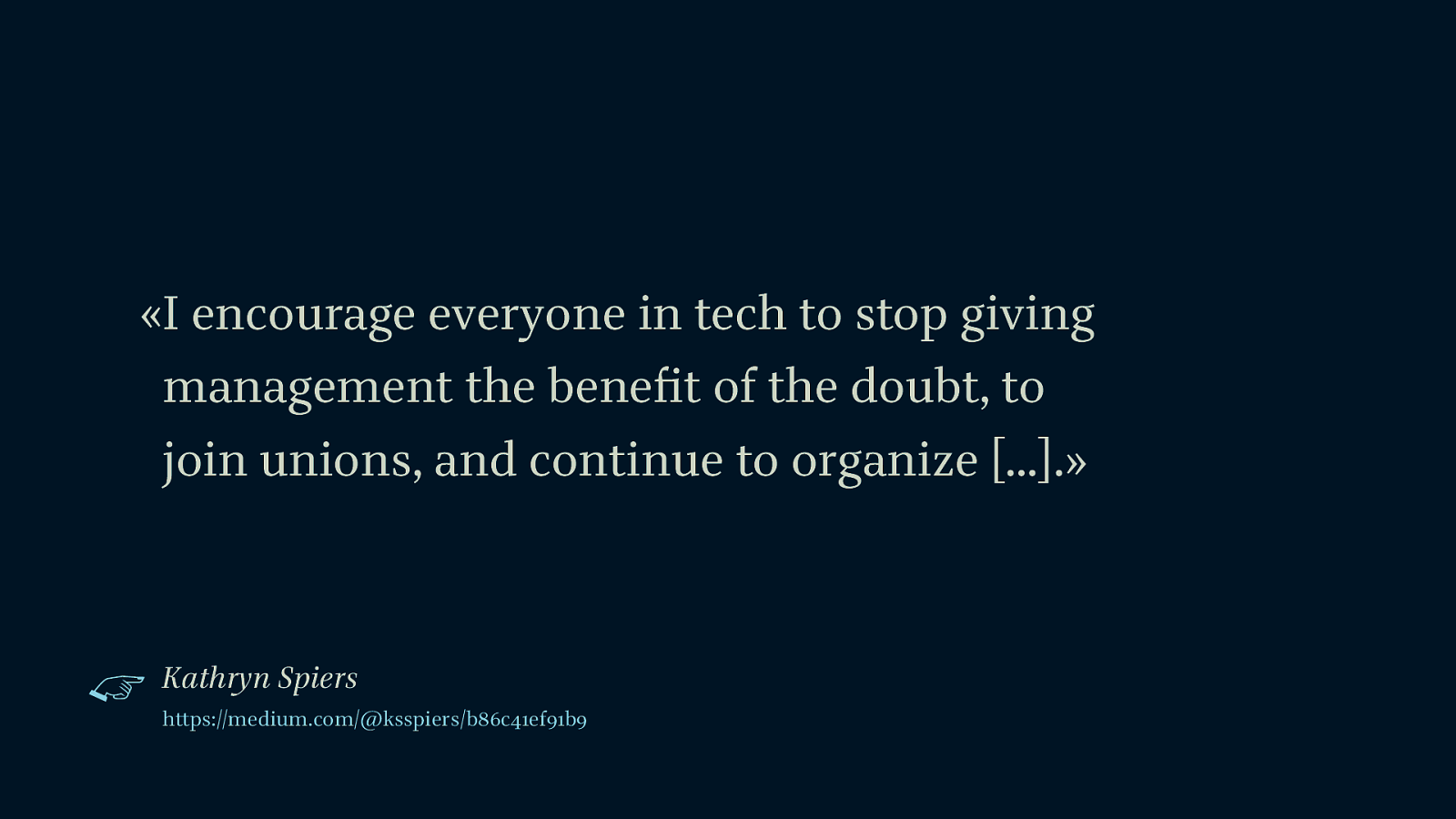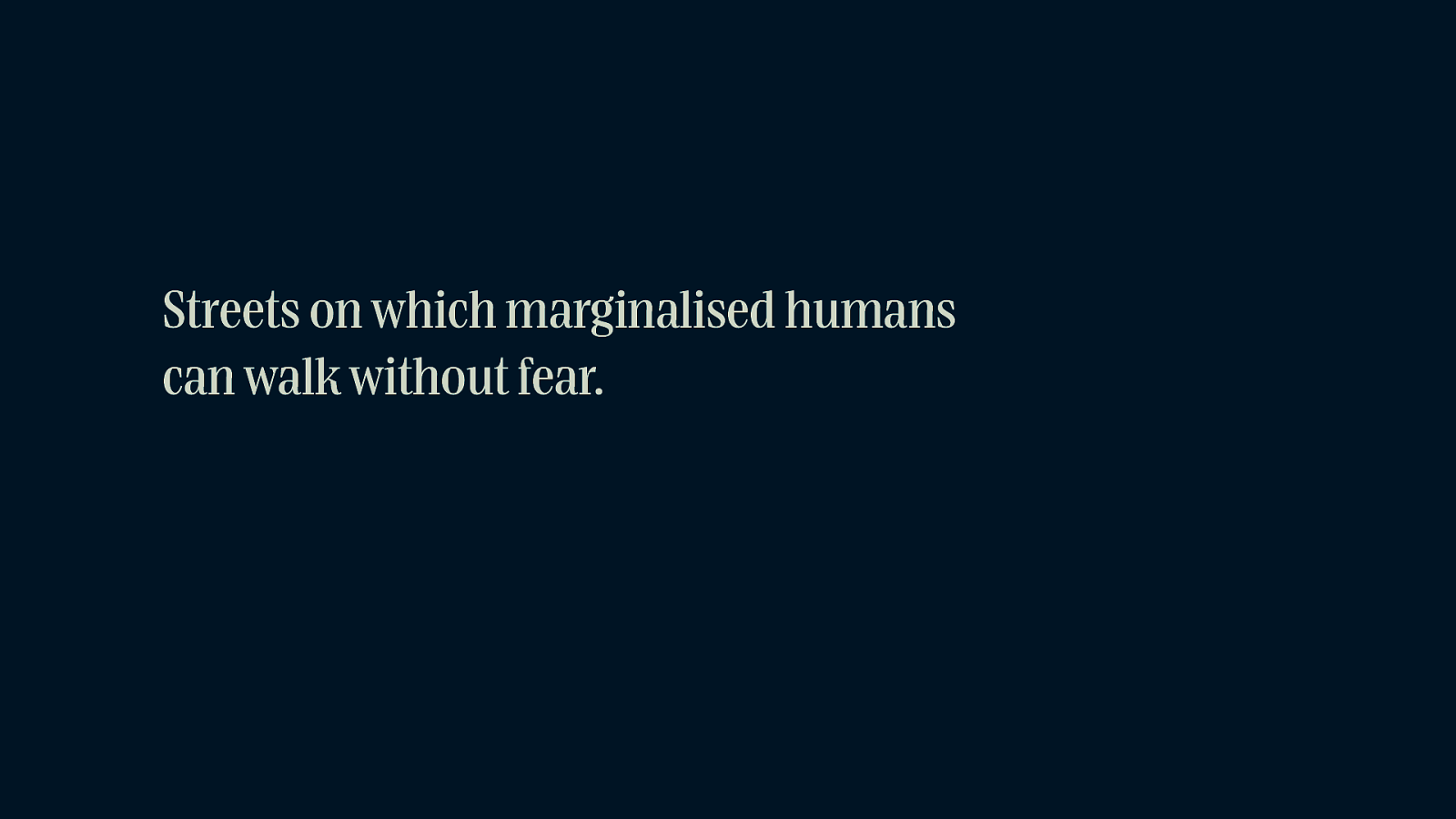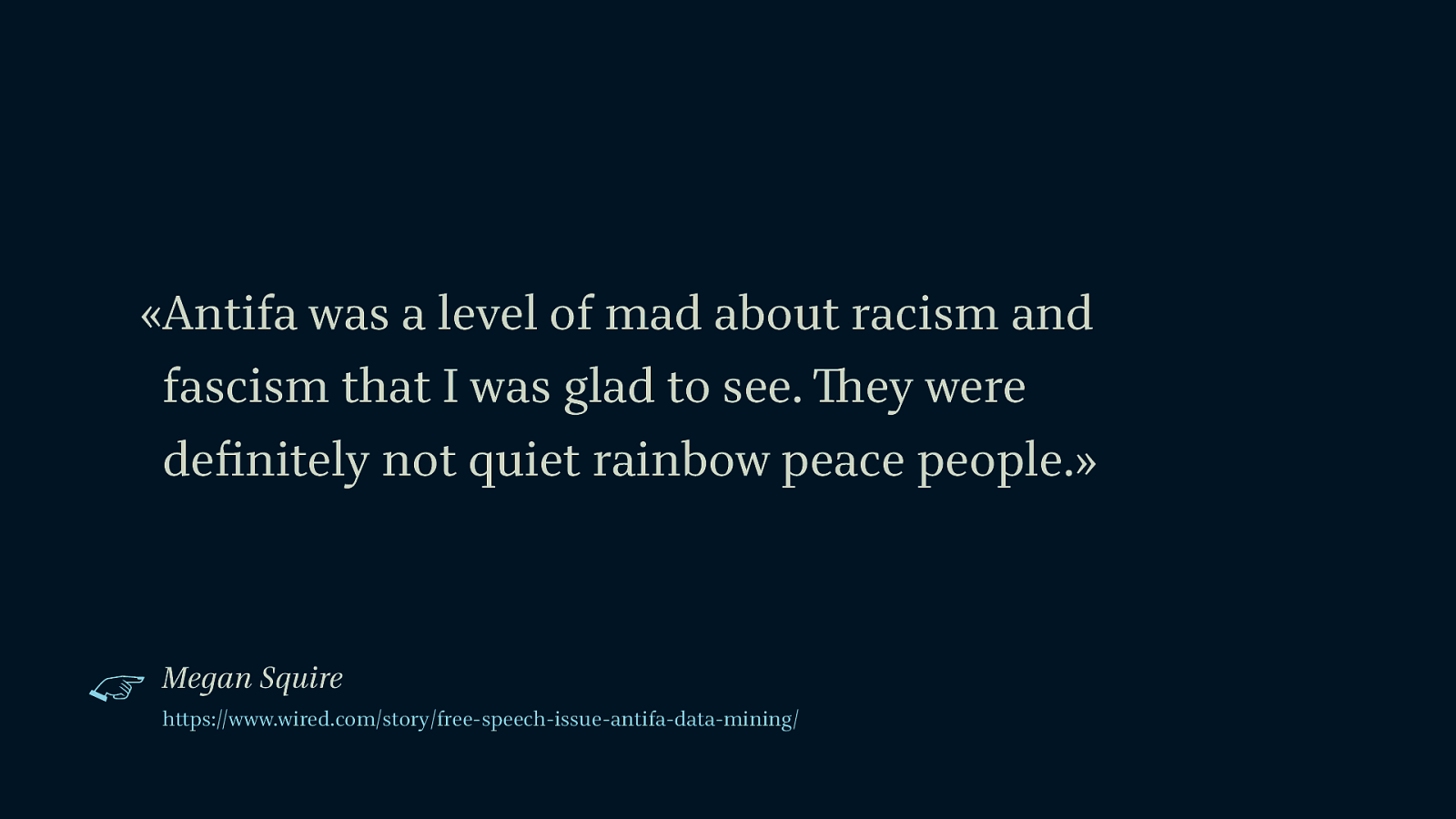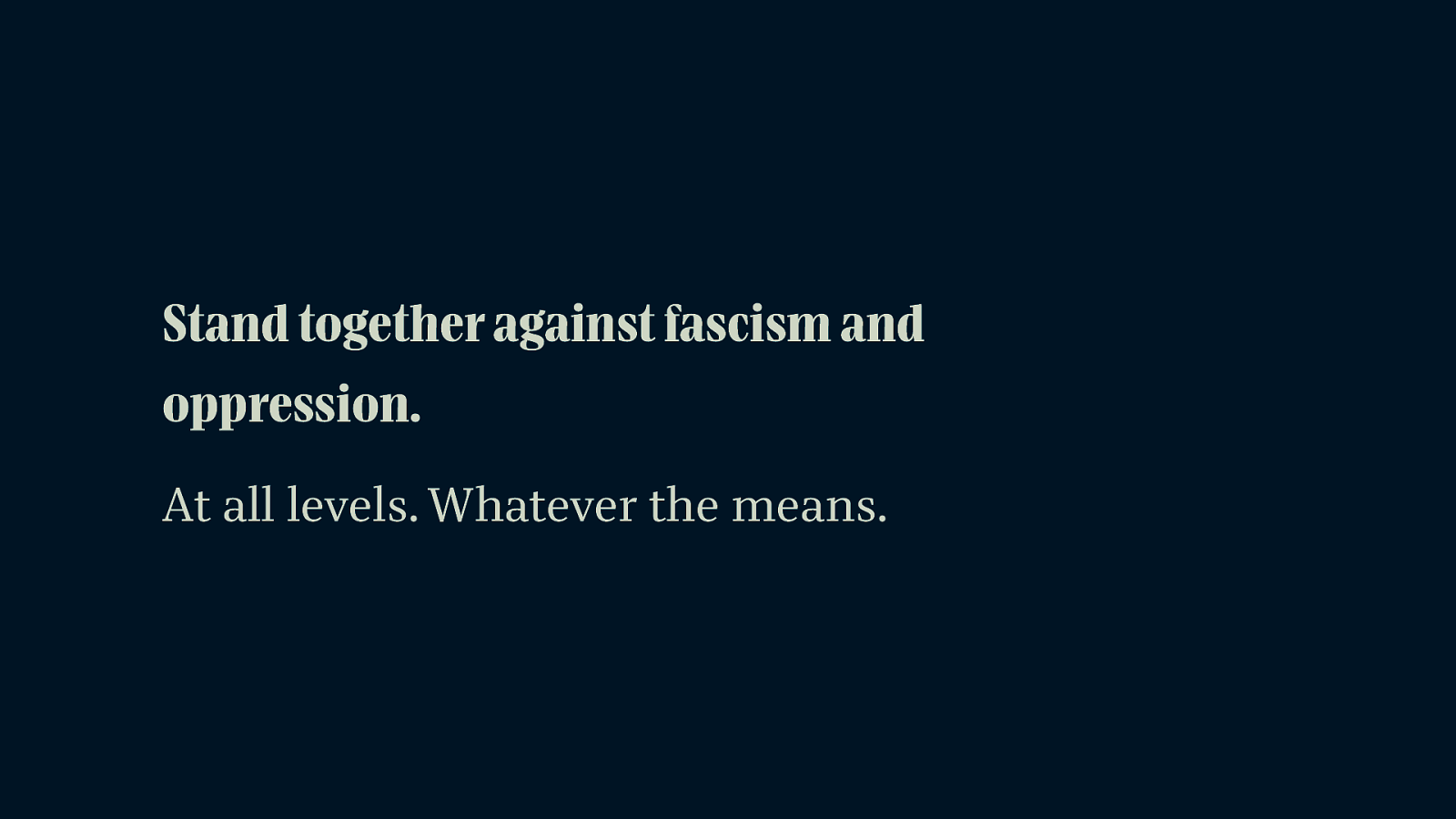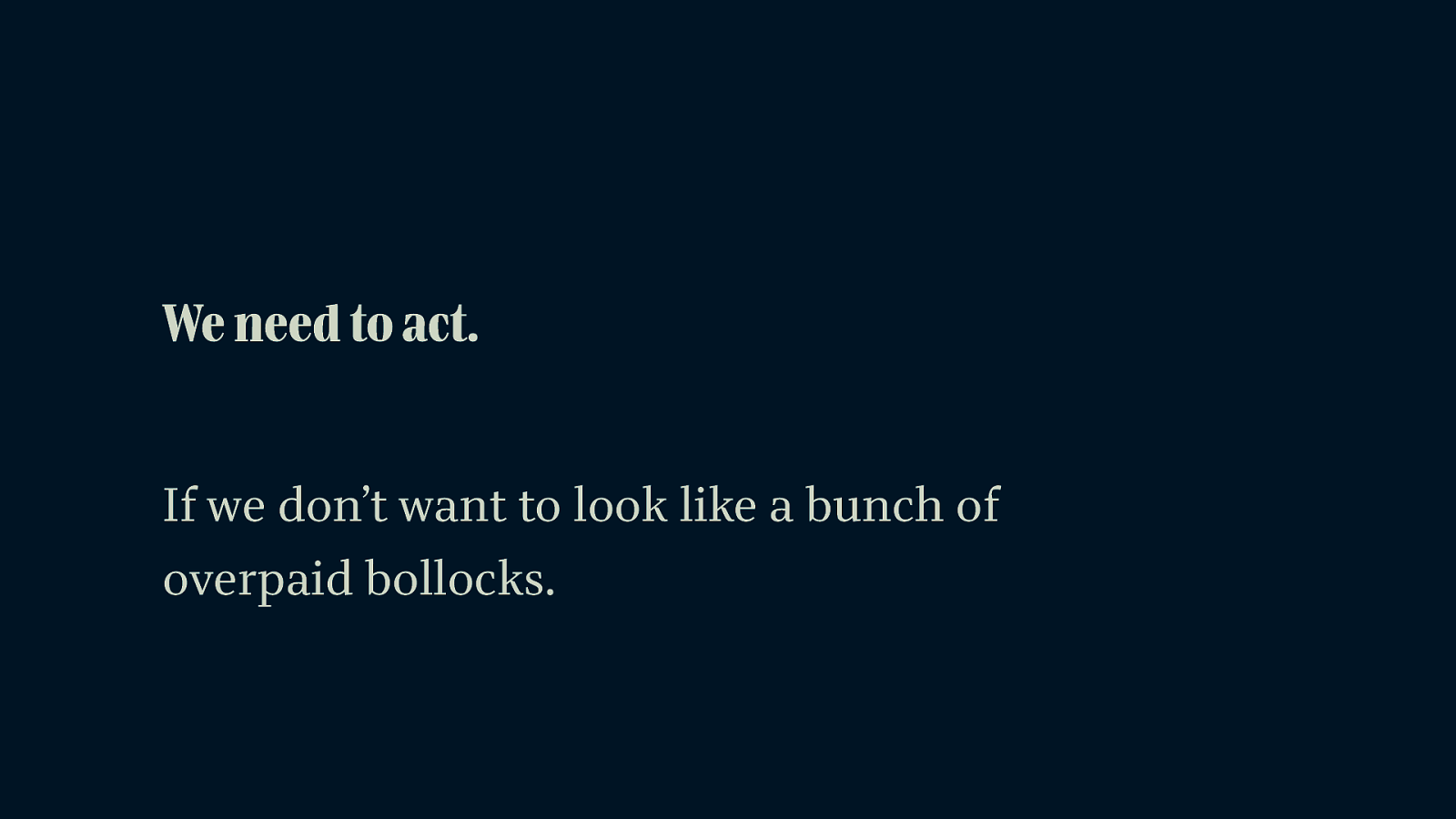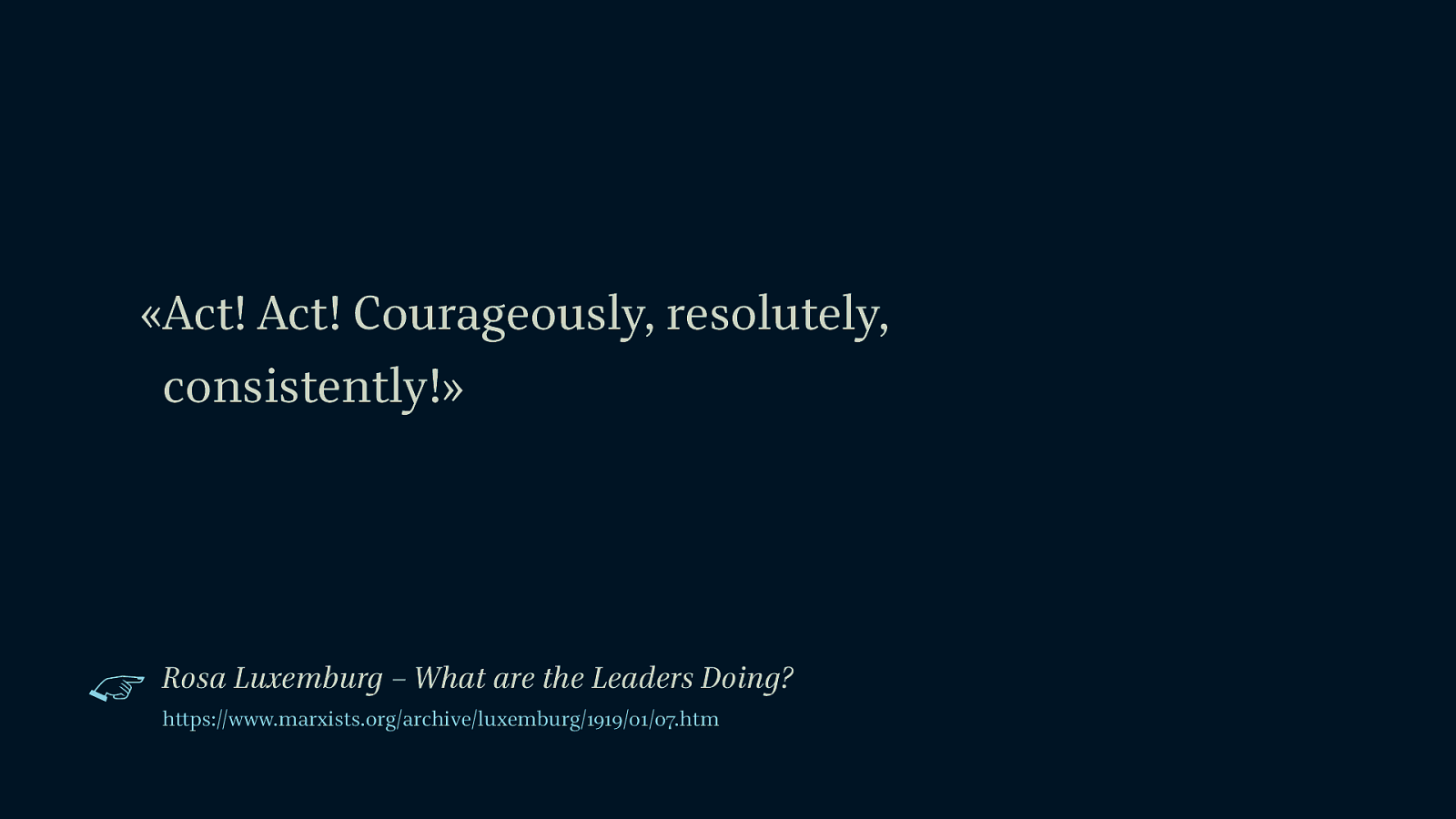The technical is political – Tech, Society & Resistance
A presentation at Chaos Communication Congress in in Leipzig, Germany by Oscar
Where did all the nice things go? The World Wide Web had plenty. Everyone had Neopets, Geocities and Tom from MySpace as their top friend.
Where did all the women go? Computing had plenty of them. The first computers were women.
This talk is going to answer these and more questions. Starting with the technical underpinnings of the internet – explained on a beginner-friendly level. It takes you through the history of the web and computing, focussing on the exclusion of women out of the work sphere. It will illustrate that the tech industry as a whole has been complicit in oppression for far too long, but also show recent examples of organised workers, trying to change things for the better.
It’s time to take back the web.
Video
Resources
The following resources were mentioned during the presentation or are useful additional information.
-
Internet Health Report 2019
Mozilla’s annual state of the internet
-
How the Internet Travels Across Oceans
«The internet consists of tiny bits of code that move around the world, traveling along wires as thin as a strand of hair strung across the ocean floor. The data zips from New York to Sydney, from Hong Kong to London, in the time it takes you to read this word.»
-
The new investors in underwater sea cables
«‹The cloud› exists deep under the sea. Although you might first think of satellites and cell towers, before the data reaches your phone or router, it often travels beneath oceans: through a massive, global network of undersea fibre optic cables.»
-
Dear Designer: The Road Back
«What we need to do to get this industry back on track»
-
Internet World Stats
Usage and populations statistics
-
Democratic Republic of Congo internet shutdown shows how Chinese censorship tactics are spreading
«Speaking to Reuters Tuesday, a senior adviser to DRC President Joseph Kabila, said internet and text messaging services were shut down to preserve public order after “fictitious results” were circulated on social media. »
-
How the Iranian Government Shut Off the Internet
After years of centralizing internet control, Iran pulled the plug on connectivity for nearly all of its citizens.
-
What Happens If Russia Cuts Itself Off From the Internet
State media has reported that Russia will attempt to disconnect from the global internet this spring. That’s going to be tricky.
-
Internet Shutdown Tracker
Website logging shutdowns of the internet in Indian provinces
-
Kashmir’s Internet Shutdown Continues
«India is still blocking Internet service in Kashmir Valley, a Muslim-majority province. NPR’s Scott Simon speaks with Suvir Kaul of the University of Pennsylvania, who has family in the valley.»
-
Internet slowdowns are the new shutdowns
Interview with Berhan Taye about efforts to control Internet access
-
Millions of Facebook users have no idea they’re using the internet
-
Landlord 2.0: Tech’s New Rentier Capitalism
What platform capitalism means for data sovereignity
-
HTML, CSS and our vanishing industry entry points
«Some thoughts on entry points to web development today, and my fears about the loss of something that has enabled so many people without a traditional computer science background to be here.»
-
We’re Stuck With the Tech Giants.
«Any suggestion that Big Tech has had a rough time must contend with this fact: Amazon, Facebook and Alphabet, Google’s parent company, spent the past decade growing much faster than the rest of the economy.»
-
“Link In Bio” is a slow knife
«We don’t even notice it anymore — “link in bio”. It’s a pithy phrase, usually found on Instagram, which directs an audience to be aware that a pertinent web link can be found on that user’s profile. Its presence is so subtle, and so pervasive, that we barely even noticed it was an attempt to kill the web.»
-
The Web we Lost
Anil Dash’s seminal piece on the culture shift that disrupted the World Wide Web ten years ago
-
Take Back Your Web - Tantek Çelik
«We used to control our online identities, content, and experience. We now share Twitter names instead of domains; even web developers tweet and post on Medium instead of their own sites. We scroll social media and feel empty instead of reading news & blogs to feel informed and connected. Algorithmic feeds amplify rage & conspiracies, enabling tribal ad-targeting to polarise and spread misinformation, threatening democracy itself.
What happened? And what are we doing to fix it? That’s a big question that will require all of us, our communities, our employers, to shift. I don’t want to wait, and you probably don’t either.
What can you do for yourself, today?
Own your domain. Own your content. Own your social connections. Own your reading experience. IndieWeb services, tools, and standards enable you to take back your web.»
-
Canary in a Coal Mine: How Tech Provides Platforms for Hate
Must read on the role tech plays in providing hate groups with means to express themselves
-
The myth of the free speech crisis
How overblown fears of censorship have normalised hate speech and silenced minorities. By Nesrine Malik
-
Joseph Weizenbaum interviewed by The Tech
-
The new dot com bubble is here: it’s called online advertising
In 2018 $273bn was spent on digital ads globally. We delve into the world of clicks, banners and keywords to find out if any of it is real. What do we really know about the effectiveness of digital advertising?
-
Facebook Ads Can Still Discriminate Against Women and Older Workers, Despite a Civil Rights Settlement
New research and Facebook’s own ad archive show that the company’s new system to ensure diverse audiences for housing and employment ads has many of the same problems as its predecessor.
-
Let’s Talk About Banning Political Ads On Twitter
«Quieting all voices, when the humans behind those voices don’t have equal access to their own rights, isn’t equitable, it’s oppressive.»
-
Technically Wrong – Sexist Apps, Biased Algorithms, and Other Threats of Toxic Tech
«Many of the services we rely on are full of oversights, biases, and downright ethical nightmares: Chatbots that harass women. Signup forms that fail anyone who’s not straight. Social media sites that send peppy messages about dead relatives. Algorithms that put more black people behind bars.»
-
Awful Artificial Intelligence
A really scary decade full of awful A.I. applications
-
The Global Expansion of AI Surveillance
A growing number of states are deploying advanced AI surveillance tools to monitor, track, and surveil citizens. Carnegie’s new index explores how different countries are going about this.
-
Das Palantir-Dossier
«Palantir Technologies Inc ist ein Entwickler und Anbieter von Analyse-Software, die in der Lage sein soll, Informationen aus unterschiedliche Datenquellen und insbesondere auch aus den sozialen Medien zusammenzuführen und miteinander abzugleichen. Palantir arbeitet für amerikanische Sicherheitsbehörden und Nachrichtendienste und hat seit 2017 auch die Polizei Hessen als Kunden gewonnen.»
-
Revealed: This Is Palantir’s Top-Secret User Manual for Cops
Motherboard obtained a Palantir user manual through a public records request, and it gives unprecedented insight into how the company logs and tracks individuals.
-
Getting Specific About Algorithmic Bias
Talk by Rachel Thomas that «through a series of case studies, will illustrate[s] different types of algorithmic bias, debunk[s] common misconceptions, and share[s] steps towards addressing the problem.»
-
Algorithmic Injustices: Towards a Relational Ethics
«It has become trivial to point out how decision-making processes in various social, political and economical sphere are assisted by automated systems. Improved efficiency, the hallmark of these systems, drives the mass scale integration of automated systems into daily life. However, as a robust body of research in the area of algorithmic injustice shows, algorithmic tools embed and perpetuate societal and historical biases and injustice. In particular, a persistent recurring trend within the literature indicates that society’s most vulnerable are disproportionally impacted. When algorithmic injustice and bias is brought to the fore, most of the solutions on offer 1) revolve around technical solutions and 2) do not focus centre disproportionally impacted groups. This paper zooms out and draws the bigger picture. It 1) argues that concerns surrounding algorithmic decision making and algorithmic injustice require fundamental rethinking above and beyond technical solutions, and 2) outlines a way forward in a manner that centres vulnerable groups through the lens of relational ethics.»
-
The Problem with “Biased Data”
-
Machine Learning Bias
A project by Nushin Yazdani, «visualizing structural discrimination and machine bias».
-
Human Computer
Wiki article about humans who were computers
-
#WomenThatDid: Ada Lovelace
Short introduction of Ada Lovelace
-
Broad Band – The Untold Story of the Women Who Made the Internet
Book about women‘s contribution to the Internet (and programming in general). Begins with human computers and Ada Lovelace. Very good read and a great introduction into the history of computing.
-
The Secret History of Women in Coding
«Computer programming once had much better gender balance than it does today. What went wrong?»
-
Six Women Programmed the First Computer—And Didn’t Get the Credit
Article about the ENIAC six
-
Recoding Gender – Women’s Changing Participation in Computing
«The untold history of women and computing: how pioneering women succeeded in a field shaped by gender biases.»
-
Programmed Inequality – How Britain Discarded Women Technologists and Lost Its Edge in Computing
«In Programmed Inequality, Marie Hicks explores the story of labor feminization and gendered technocracy that undercut British efforts to computerize. That failure sprang from the government’s systematic neglect of its largest trained technical workforce–simply because they were women. Women were a hidden engine of growth in high technology from World War II to the 1960s. As computing experienced a gender flip, becoming male-identified in the 1960s and 1970s, labor problems grew into structural ones and gender discrimination caused the nation’s largest computer user—the civil service and sprawling public sector—to make decisions that were disastrous for the British computer industry and the nation as a whole.»
-
Ein Teil davon. Wie feministische Hackspaces Gemeinschaft herstellen.
«In den vergangenen Jahren haben sich immer mehr feministische Hackspaces in den verschiedensten Formen gegründet. Warum eigentlich? Was bewegt Menschen dazu, was macht einen feministischen Hackspace überhaupt aus und wie können wir alle davon lernen? Das habe ich in meiner Masterarbeit untersucht und bin dafür durch Deutschland gereist, um mit Mitgliedern feministischer Hackspaces zu sprechen. Im Ergebnis werden die Funktionen feministischer Hackspaces beleuchtet und analysiert, warum diese Räume für ihre Mitglieder so wichtig sind.»
-
A belief in meritocracy is not only false: it’s bad for you
«Meritocracy has become a leading social ideal. Politicians across the ideological spectrum continually return to the theme that the rewards of life – money, power, jobs, university admission – should be distributed according to skill and effort.»
-
Women Who Code
Global non-profit to encourage women to get into tech
-
Heart of Code
Feminist hackspace in Berlin
-
Geeketes
«We’re a community of women dedicated to helping aspiring and established female tech innovators. We believe that the more women get involved with tech design, development and leadership, the more successful and diverse our companies and products will be in the future.»
-
Cassie Evans – Interactive Web Animation With SVG
Have you ever felt uninspired by the every-day grind? Like coding is all work and no play? Come with me as I take you on a whistle-stop tour of delightful SVG animations. I’ll also ask for some audience participation, as interaction is what makes motion on the web so fun! By the end of this talk, you will feel enthused and inspired to make your own creative web animations with SVG.
-
Cassie Evans CodePen Profile
It’s full of cutes
-
Critical Race Theory Books
«Now: for white people who want to do better.
Sponsor yourself to read one of these critical race theory books. Pay what you think your awakening and path to becoming better is worth.»
-
Mental Models to be Better
«This week has got me really thinking about mental models that we perpetuate (particularly in this industry) that can prevent us from growing.
Below are the mental models I find best for me. If not helpful to you, I remind you that you always have the choice to not interact. 😘»
-
#causeascene
«The Strategic Disruption of the Status Quo in Technical Organizations, Communities, and Events»
-
Self-Defined
A modern dictionary about us.
We define our words, but they don’t define us.
-
Kim Crayton on compassionate coding
Twitter thread why compassion or empathy can be problematic values to uphold
-
Designing with Empathy: Don’t
Reflections on why empathy is not suited to guide design desicions
-
Victory: San Diego to Suspend Face Recognition Program, Limits ICE Access To Criminal Justice Data
«We just stopped one of the largest, longest running, and most controversial face recognition programs operated by local law enforcement in the United States.»
-
githubbers
GitHub workers, demanding that GitHub management cancel the ICE contract.
-
GitHub will keep selling software to ICE, leaked email says
«Microsoft-owned GitHub will renew a $200,000 contract with Immigration and Customs Enforcement, despite concerns about the Trump administration’s policies, according to a leaked email.»
-
Dear GitHub 2.0
Open letter petioning GitHub to drop their contract with ICE
-
US held record number of migrant children in custody in 2019
-
Ruined by Design
A book about and against design as it stands.
«The world is working exactly as designed. And it’s not working very well. Which means we need to do a better job of designing it. Design is a craft with an amazing amount of power. The power to choose. The power to influence. As designers, we need to see ourselves as gatekeepers of what we are bringing into the world, and what we choose not to bring into the world. Design is a craft with responsibility. The responsibility to help create a better world for all.»
-
Cognitive Disso-Punk
On Tech, Complicity and the Same Old Story
-
What we learned from over a decade of tech activism
Our database of collective actions challenges the mainstream media narrative. Here are our eight key insights
-
‘Google is no longer listening’: four fired workers file charges against tech giant
The employee-activists accuse the company of attempting to quash employee organizing, in violation of federal labor laws
-
Google Hires Firm Known for Anti-Union Efforts
After nearly two years of unrest, the company appears to be cracking down on employee activism.
-
Google’s anti-worker actions evoke IBM’s racist past
The companies are linked by their records of discrimination, silencing dissent and undermining human rights
-
Google Fires Another Worker for Exercising her Rights and Protecting Coworkers from Illegal Company Retaliation
Statement of an engineer fired by Google
-
Kickstarter United
Employee organisation at Kickstarter
-
Kickstarter faces union backlash after firing two organizers
‘The union busting campaign that Kickstarter management is engaging in is illegal and wrong,’ says fired employee
-
Unionizing Workers Just Accused Kickstarter of Retaliatory Firings in a Federal Complaint
«Workers at the company told me last week that they believed Moore and Redwine were fired because of their union organizing. A third employee at Kickstarter, who was also a core organizer since the beginning of the union drive, was told by senior managers to find employment elsewhere last Thursday, according to five sources within the company.»
-
Getting to work.
«Organize your workplaces, my loves. And then, if you possibly can, unionize.»
-
Dear Designer: How to Form a Union
If you’re being ignored or mistreated at work, it might be time to organize
-
Meet Antifa’s Secret Weapon Against Far-Right Extremists
Taken from Wired’s edition on free speech, an article about Megan Squire, who collects data about hate groups and makes it accessible to Antifa groups.
-
In Defense of Antifa
«With far-right violence on the rise, it’s time to stop vilifying the activists who work to counter it»
-
Billy Bragg - There is Power in The Union
-
Rosa Luxemburg – What are the Leaders Doing?







